Looking for your next great read? Start with our student-approved book list.
Reading Lists
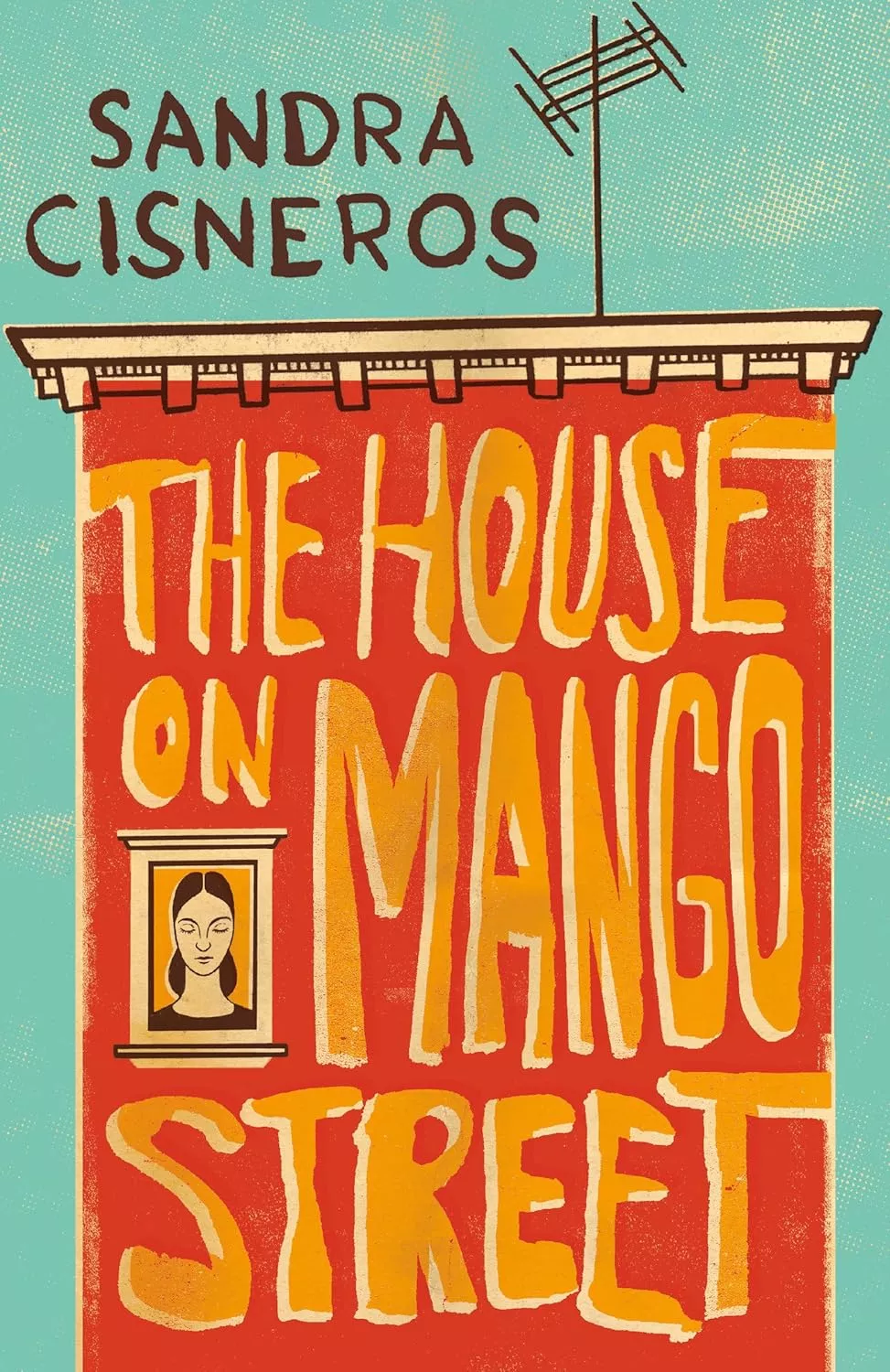
The House on Mango Street
by Sandra Cisneros
Told in a series of vignettes – sometimes heartbreaking, sometimes deeply joyous – it is the story of a young Latina girl growing up in Chicago, inventing for herself who and what she will become. Few other books in our time have touched so many readers.
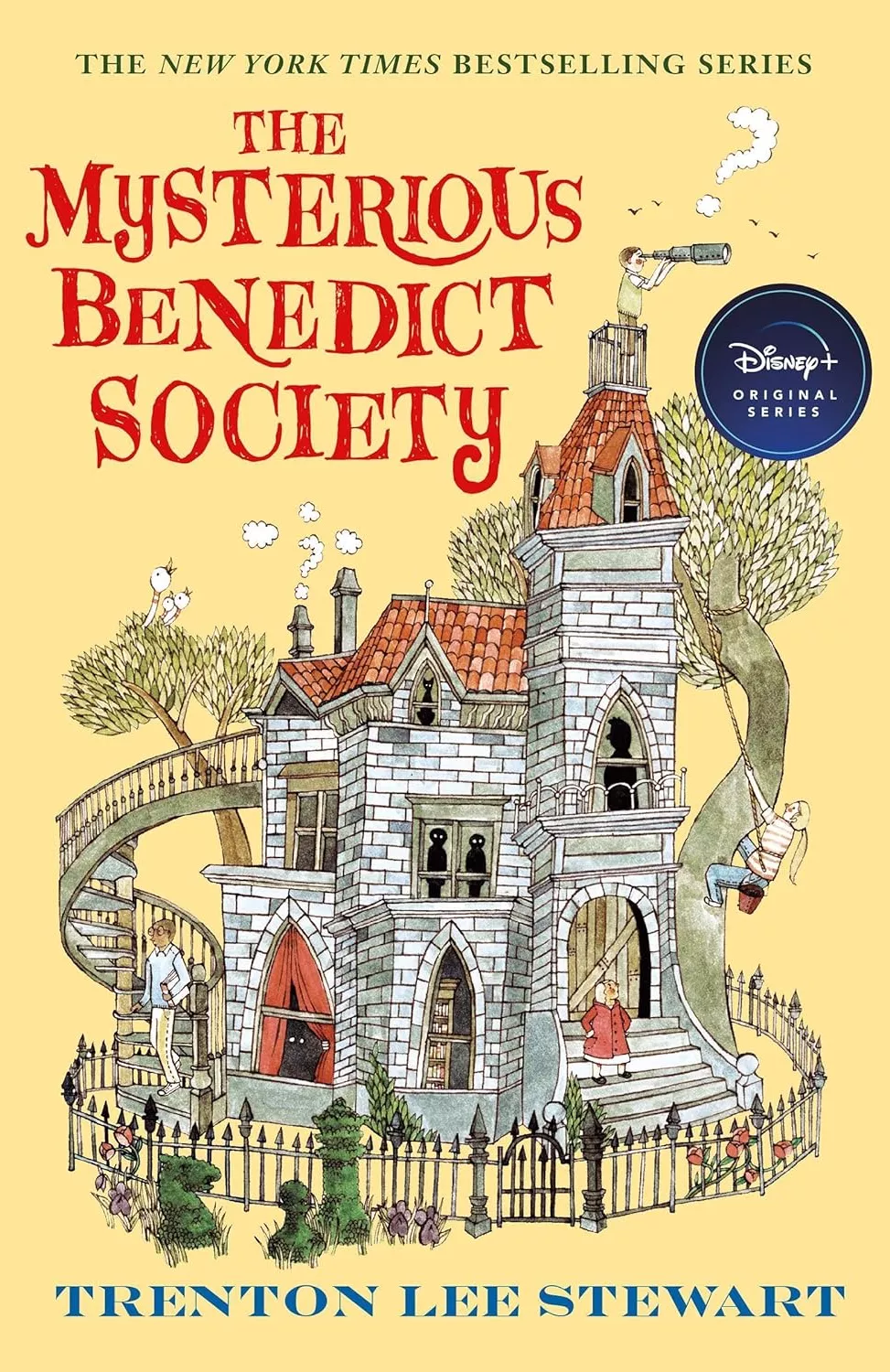
The Mysterious Benedict Society
by Trenton Lee Stewart
“Are you a gifted child looking for special opportunities?” Dozens of children respond to this peculiar ad in the newspaper and are then put through a series of mind-bending tests, which readers take along with them
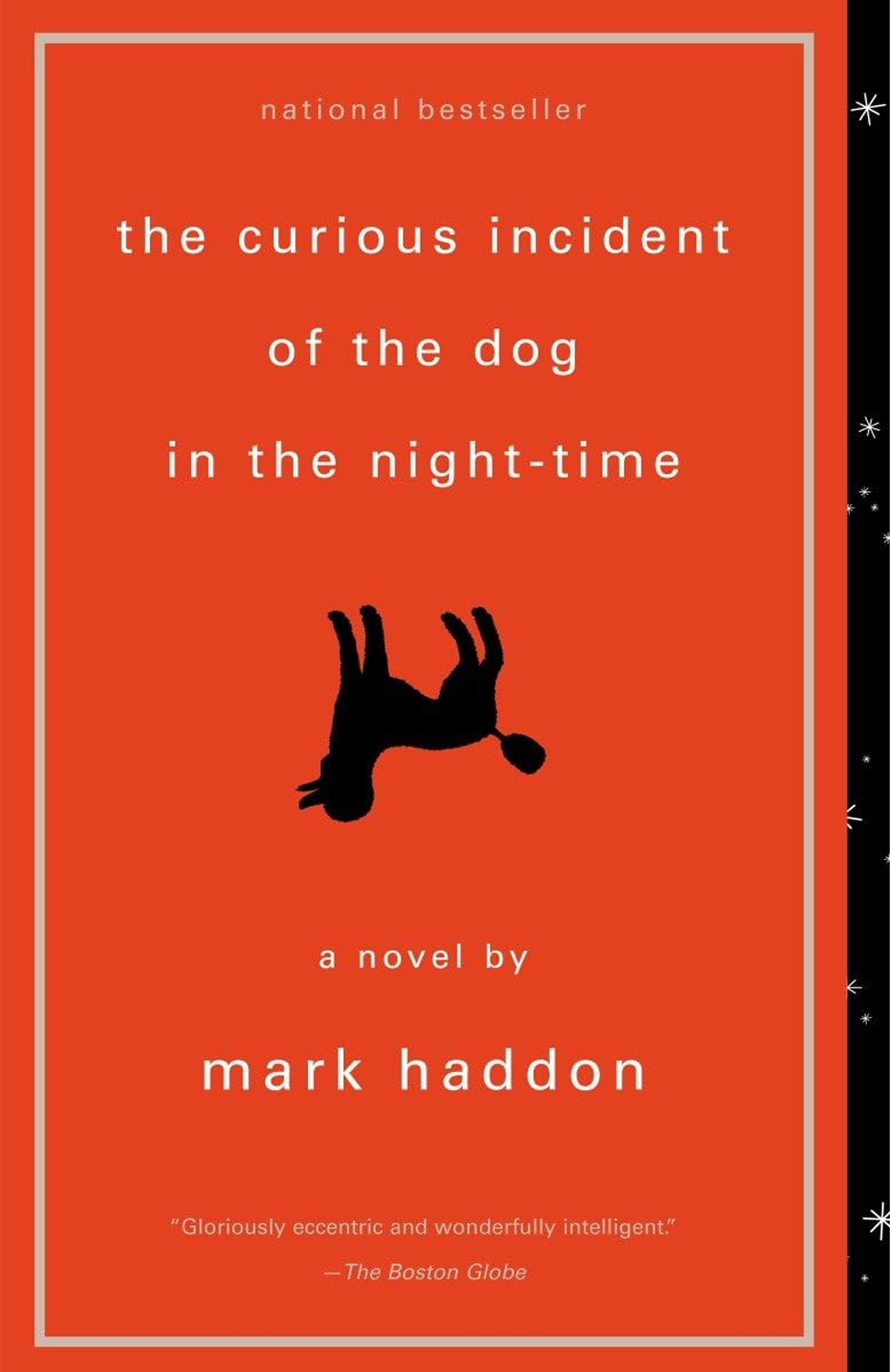
The Curious Incident of the Dog in the Night-Time
by Mark Haddon
Christopher John Francis Boone knows all the countries of the world and their capitals and every prime number up to 7,057. He relates well to animals but has no understanding of human emotions. He cannot stand to be touched. And he detests the color yellow.
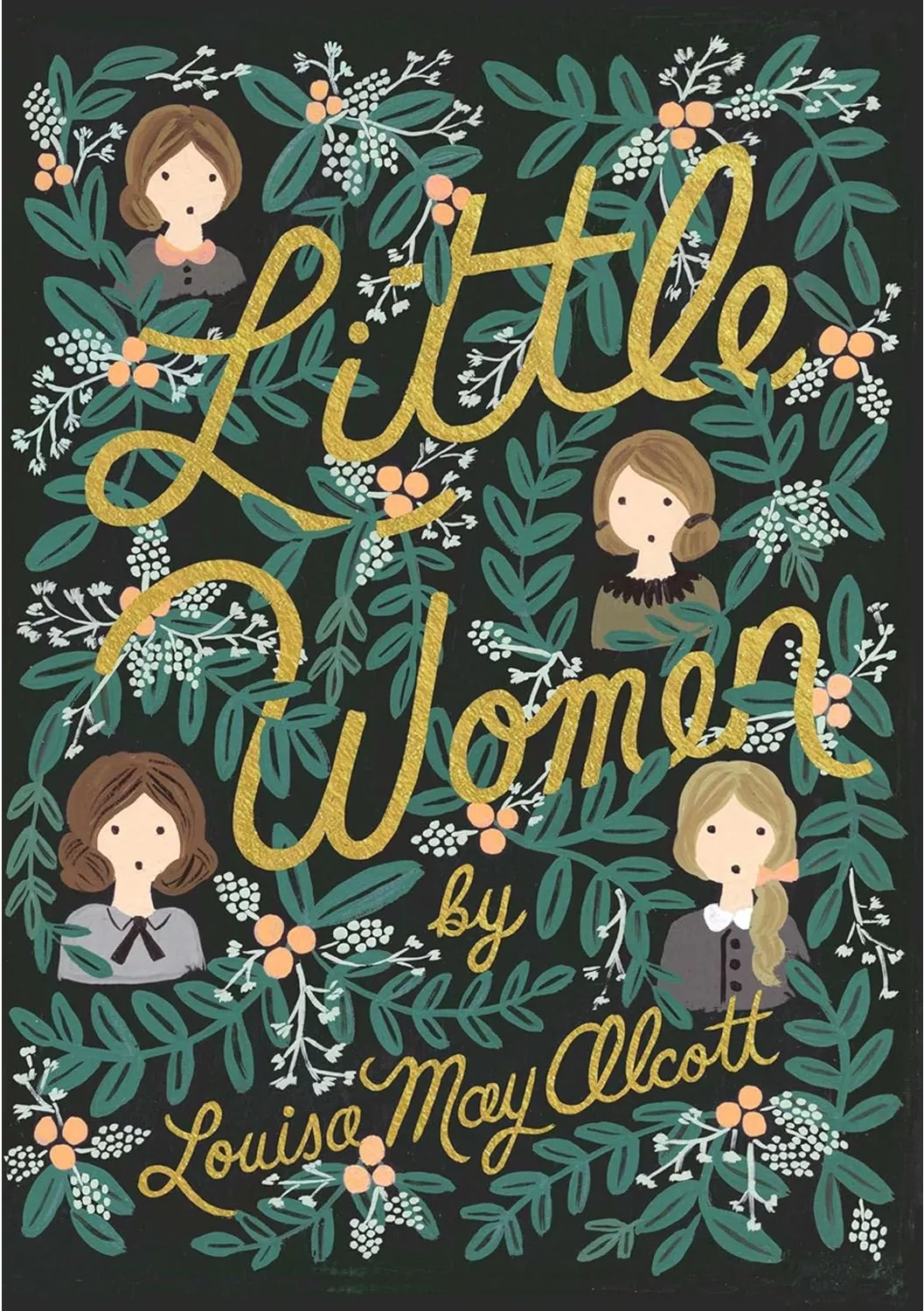
Little Women
by Louisa May Alcott
Grown-up Meg, tomboyish Jo, timid Beth, and precocious Amy. The four March sisters couldn’t be more different.
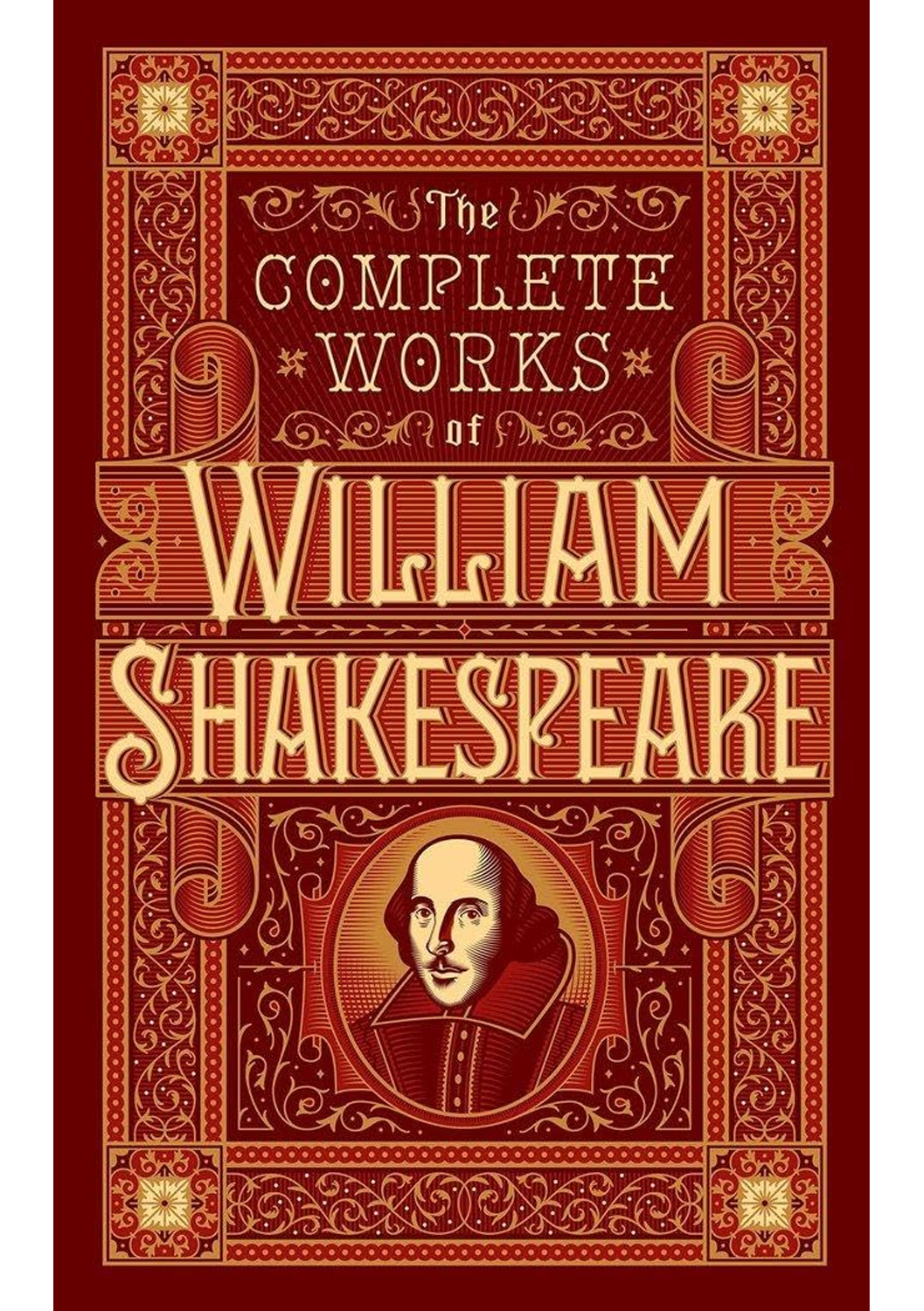
The Complete Works of William Shakespeare
by William Shakespeare
William Shakespeare (1564-1616) is acknowledged as the greatest dramatist of all time.
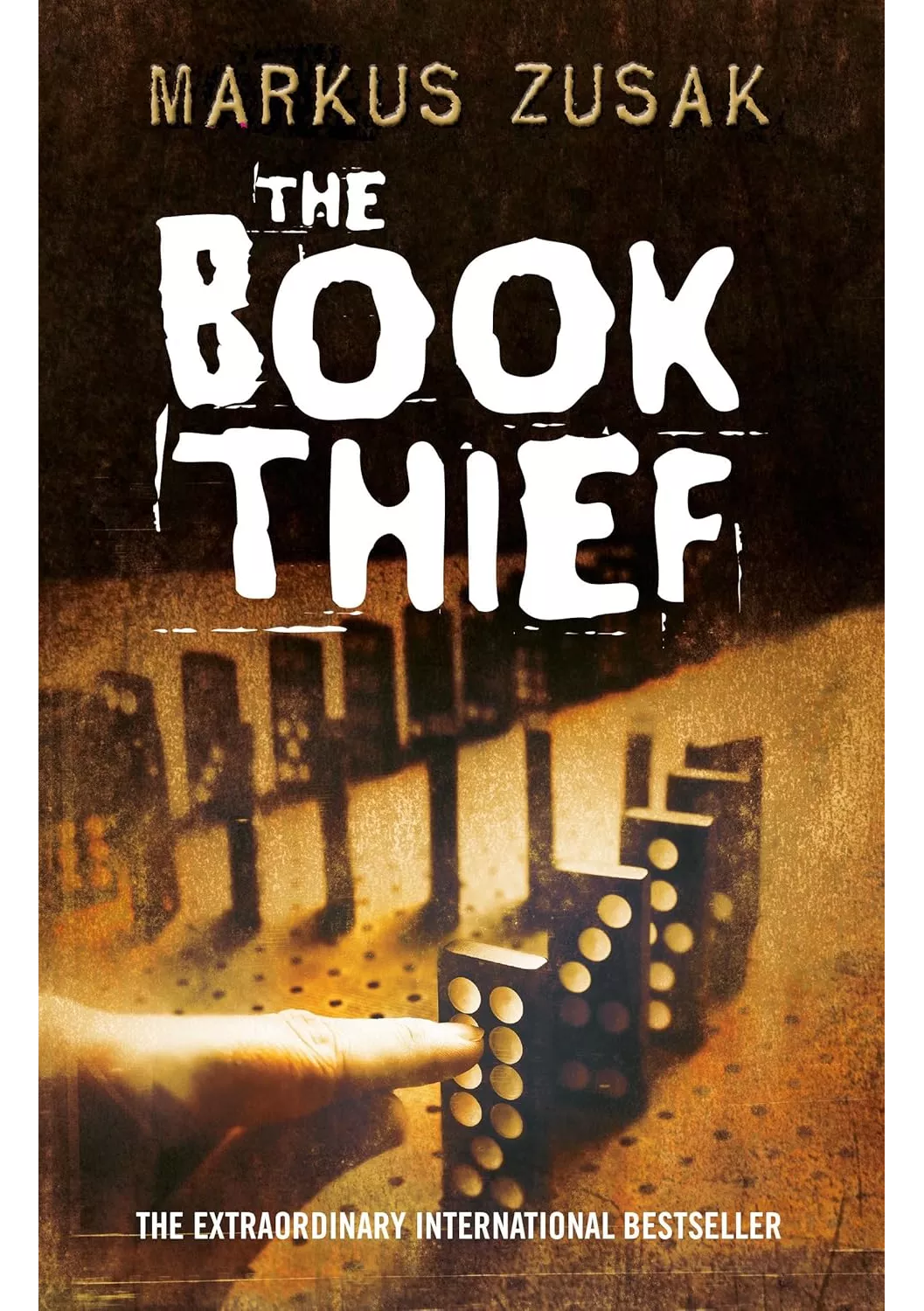
The Book Thief
by Markus Zusak
It is 1939. Nazi Germany. The country is holding its breath. Death has never been busier, and will become busier still.
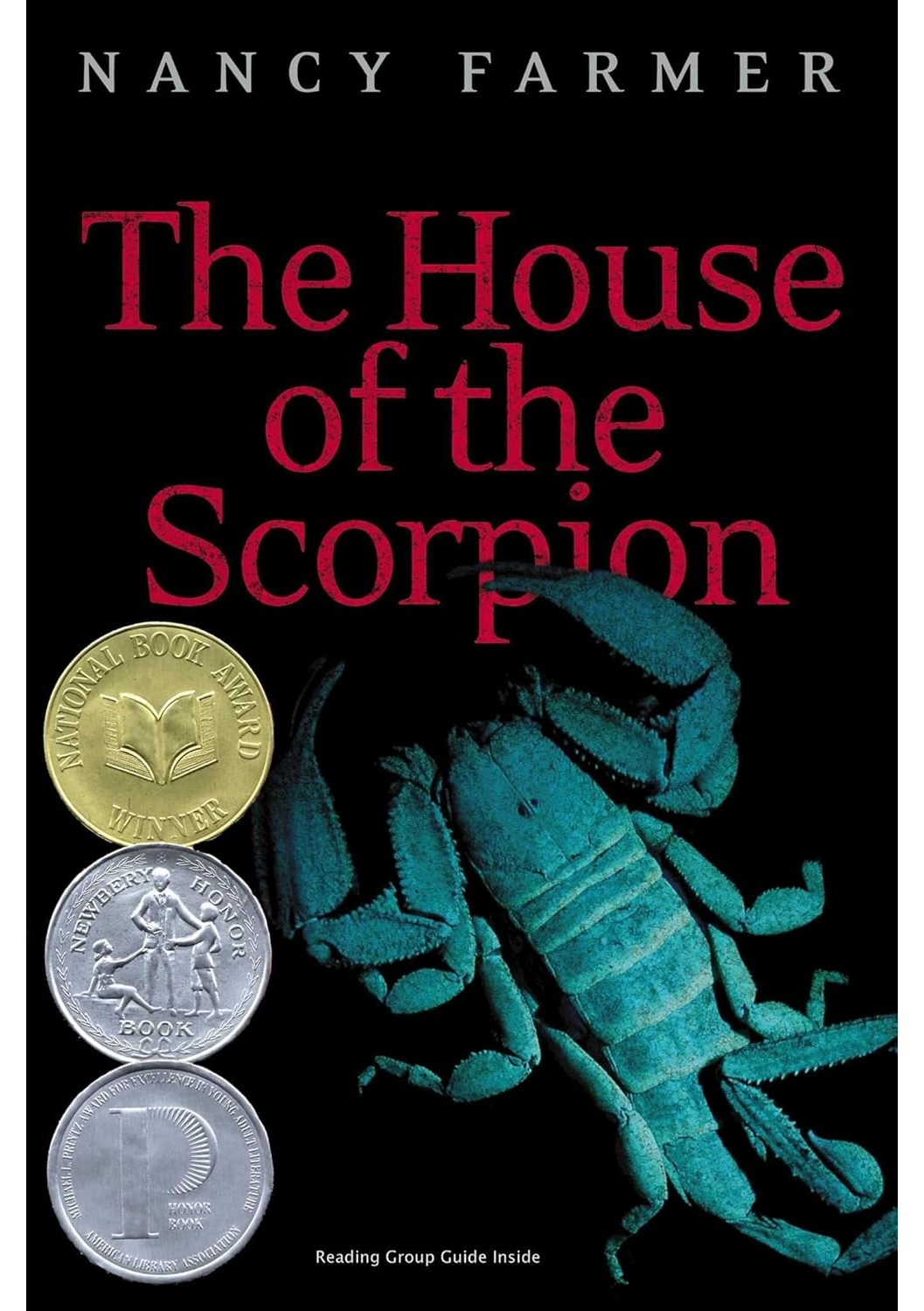
The House of the Scorpion
by Nancy Farmer
Matteo Alacrán was not born; he was harvested. His DNA came from El Patrón, lord of a country called Opium–a strip of poppy fields lying between the United States and what was once called Mexico.
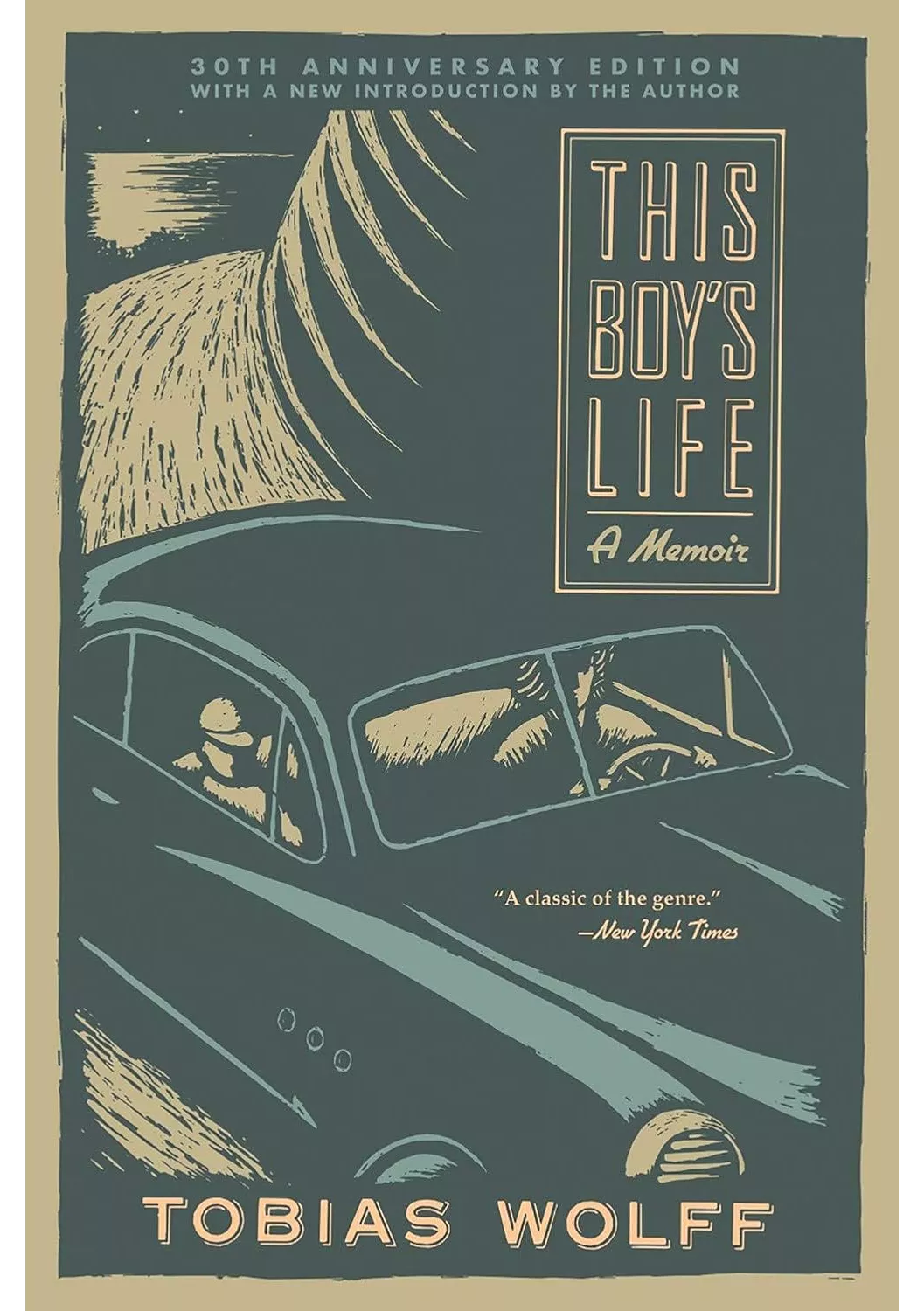
This Boy’s Life
by Tobias Wolff
The author chronicles the tumultuous events of his early life, discussing his parents’ divorce, the nomadic wanderings with his mother that followed, and the strange and eventful process of growing up.
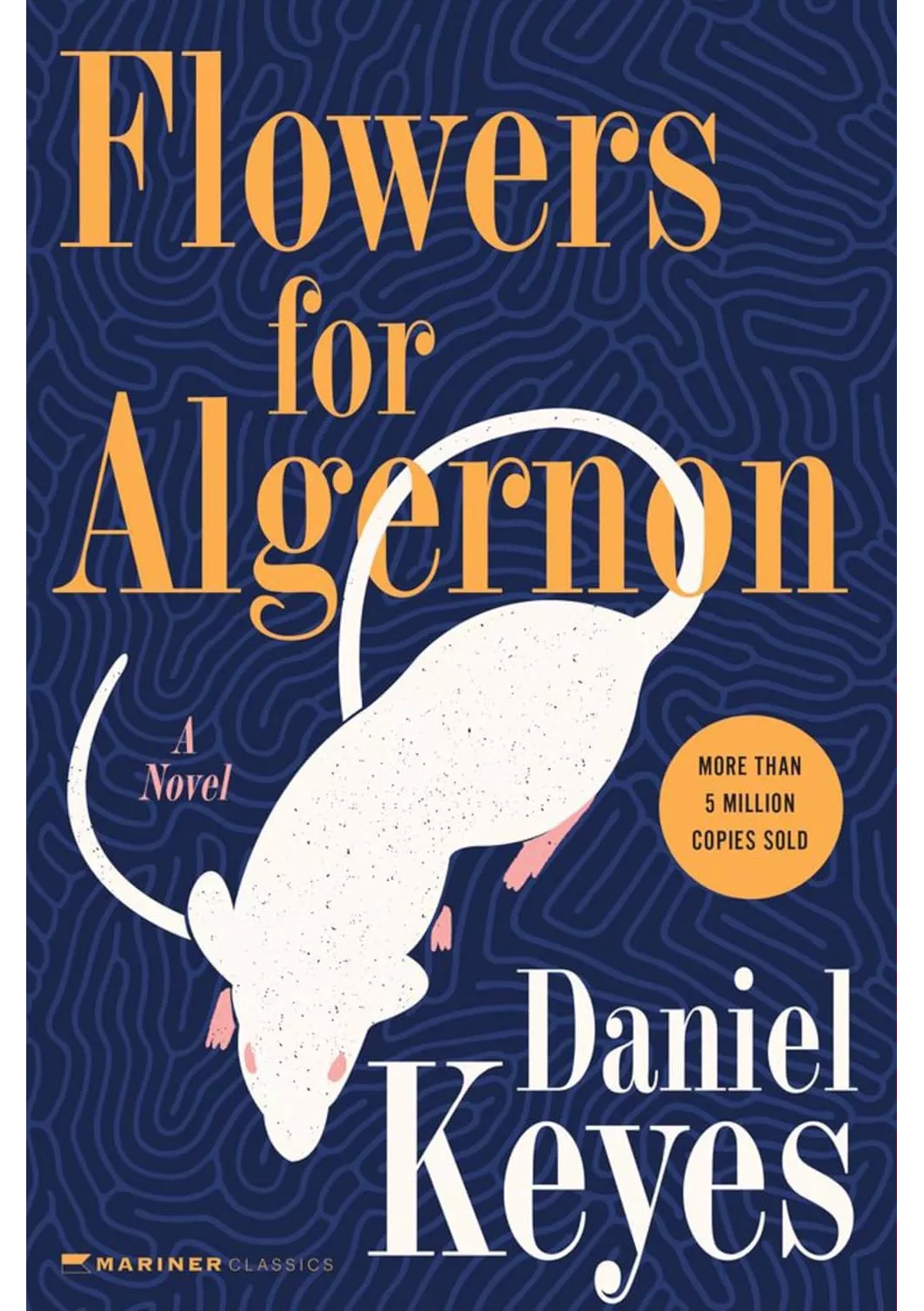
Flowers for Algernon
by Daniel Keyes
With more than five million copies sold, Flowers for Algernon is the beloved, classic story of a mentally disabled man whose experimental quest for intelligence mirrors that of Algernon, an extraordinary lab mouse.
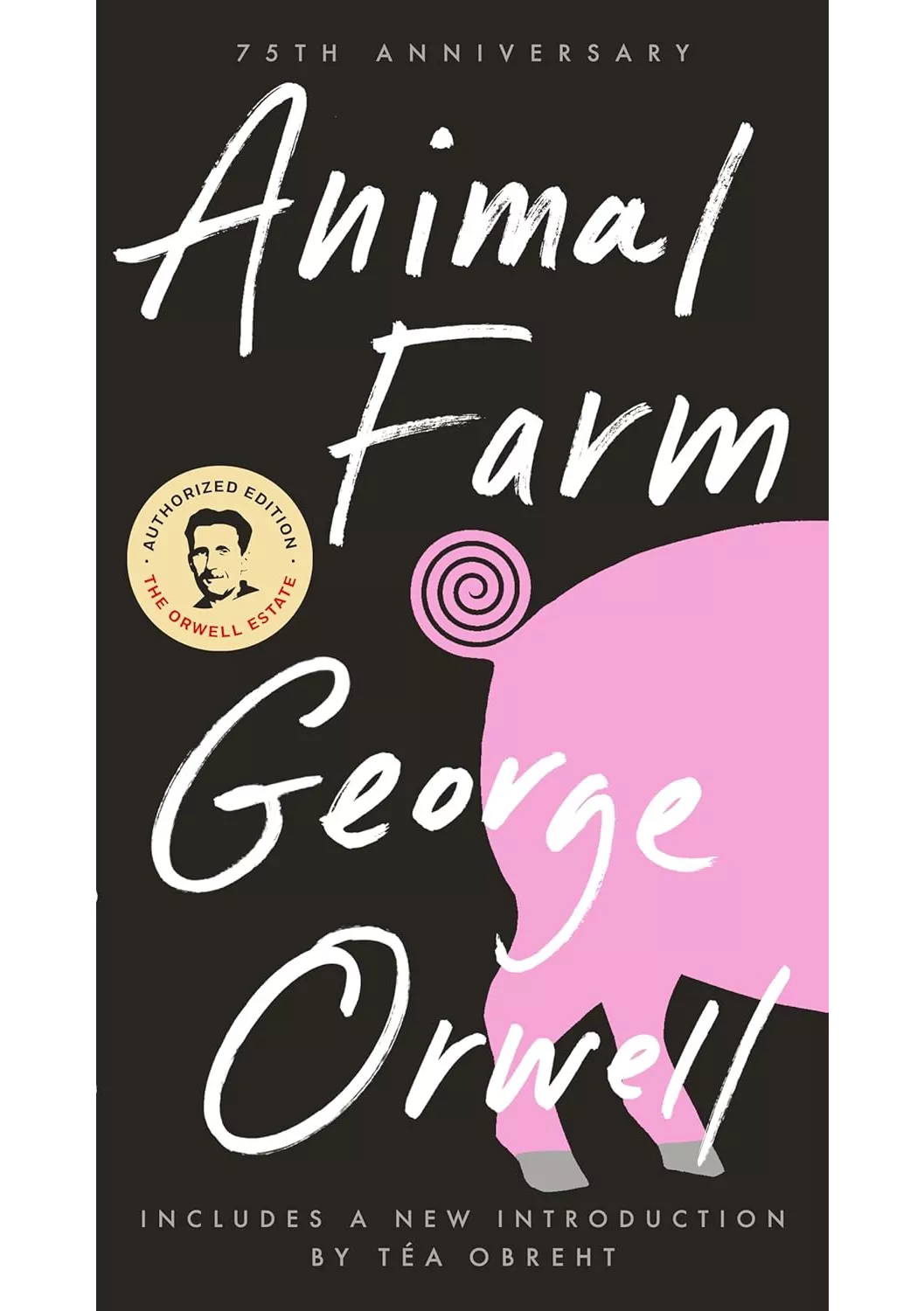
Animal Farm
by George Orwell
A farm is taken over by its overworked, mistreated animals. With flaming idealism and stirring slogans, they set out to create a paradise of progress, justice, and equality.
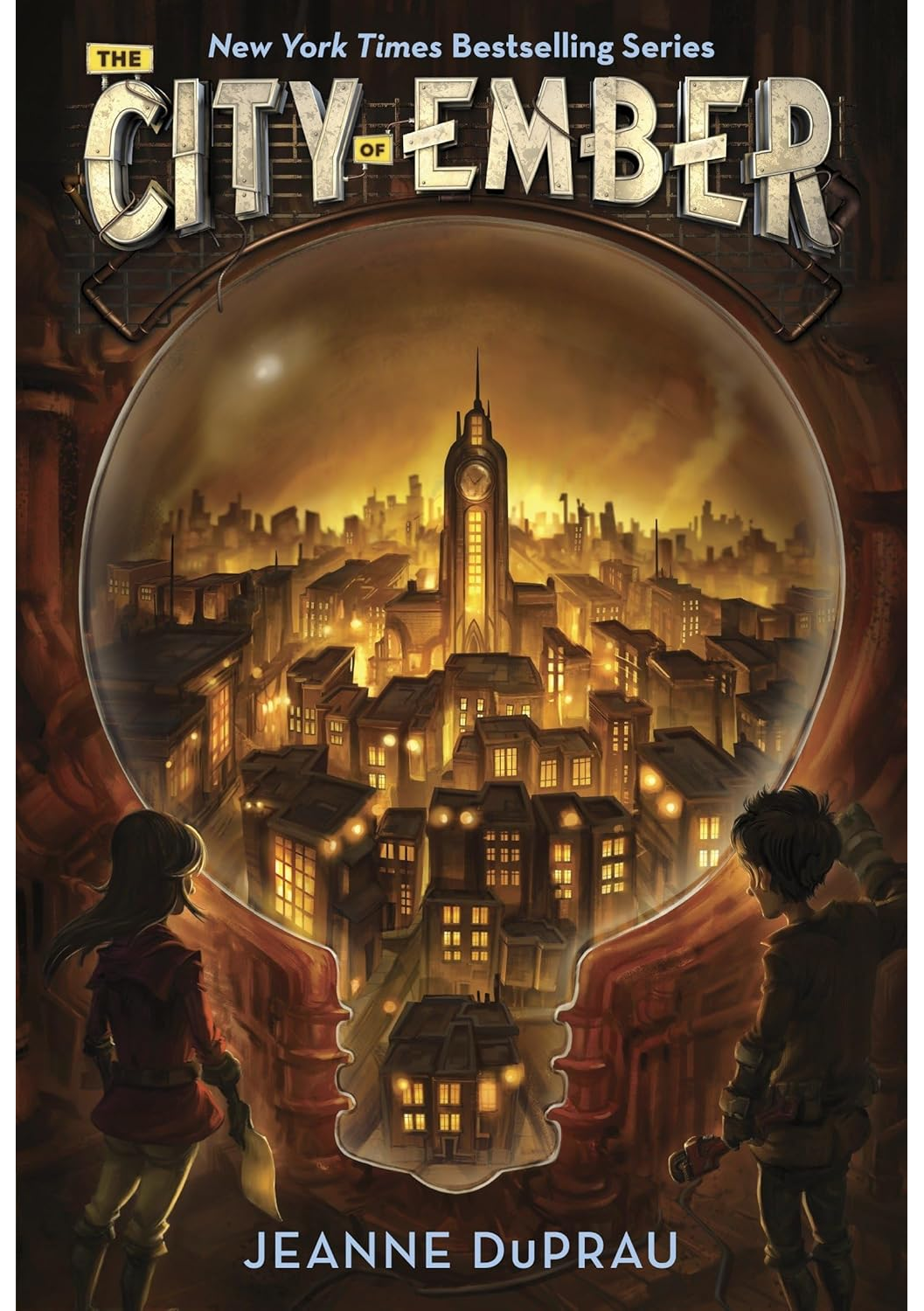
The City of Ember
by Jeanne DuPrau
The city of Ember was built as a last refuge for the human race. Two hundred years later, the great lamps that light the city are beginning to dim.
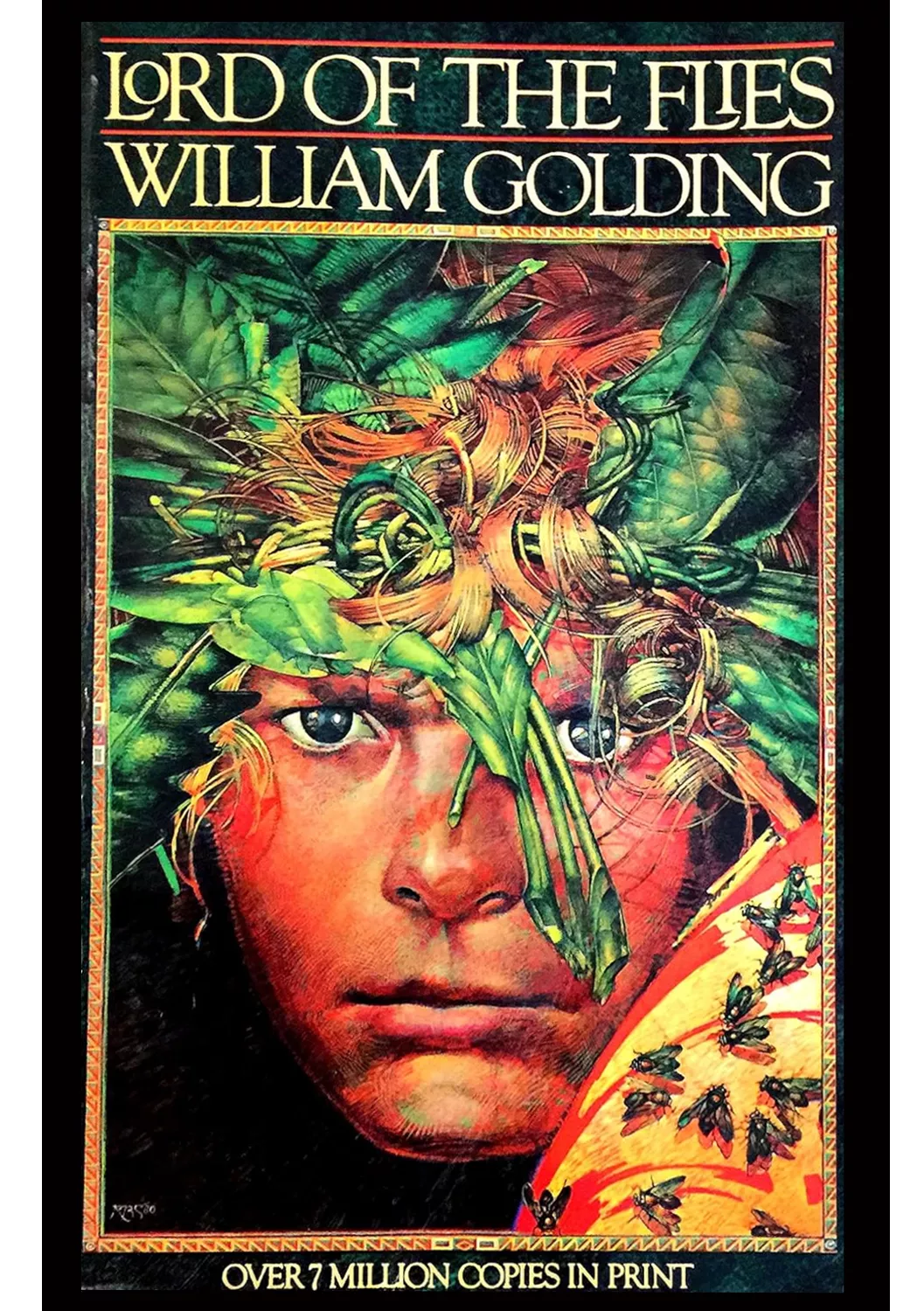
Lord of the Flies
by William Golding
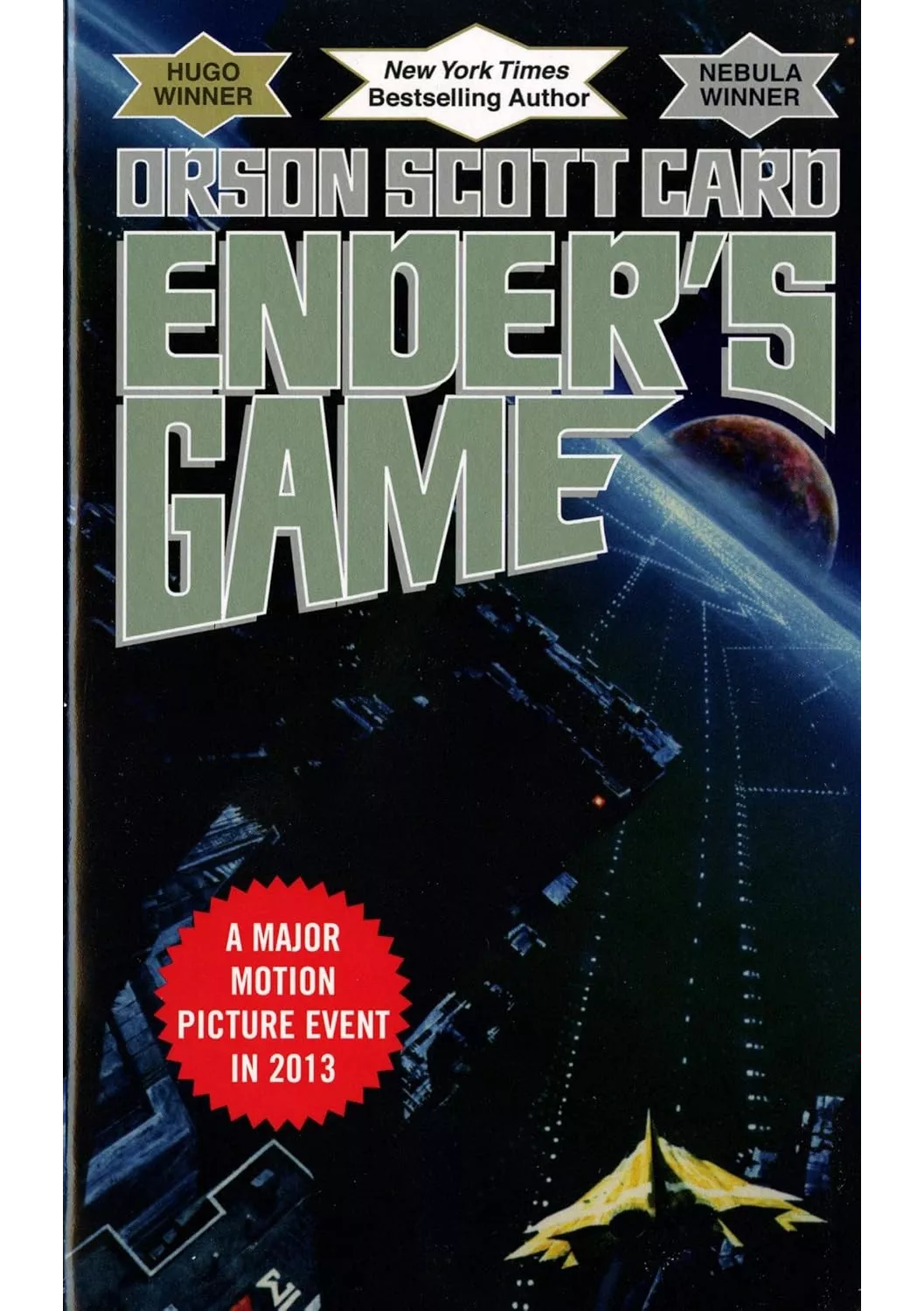
Ender’s Game
by Orson Scott Card
In order to develop a secure defense against a hostile alien race’s next attack, government agencies breed child geniuses and train them as soldiers.
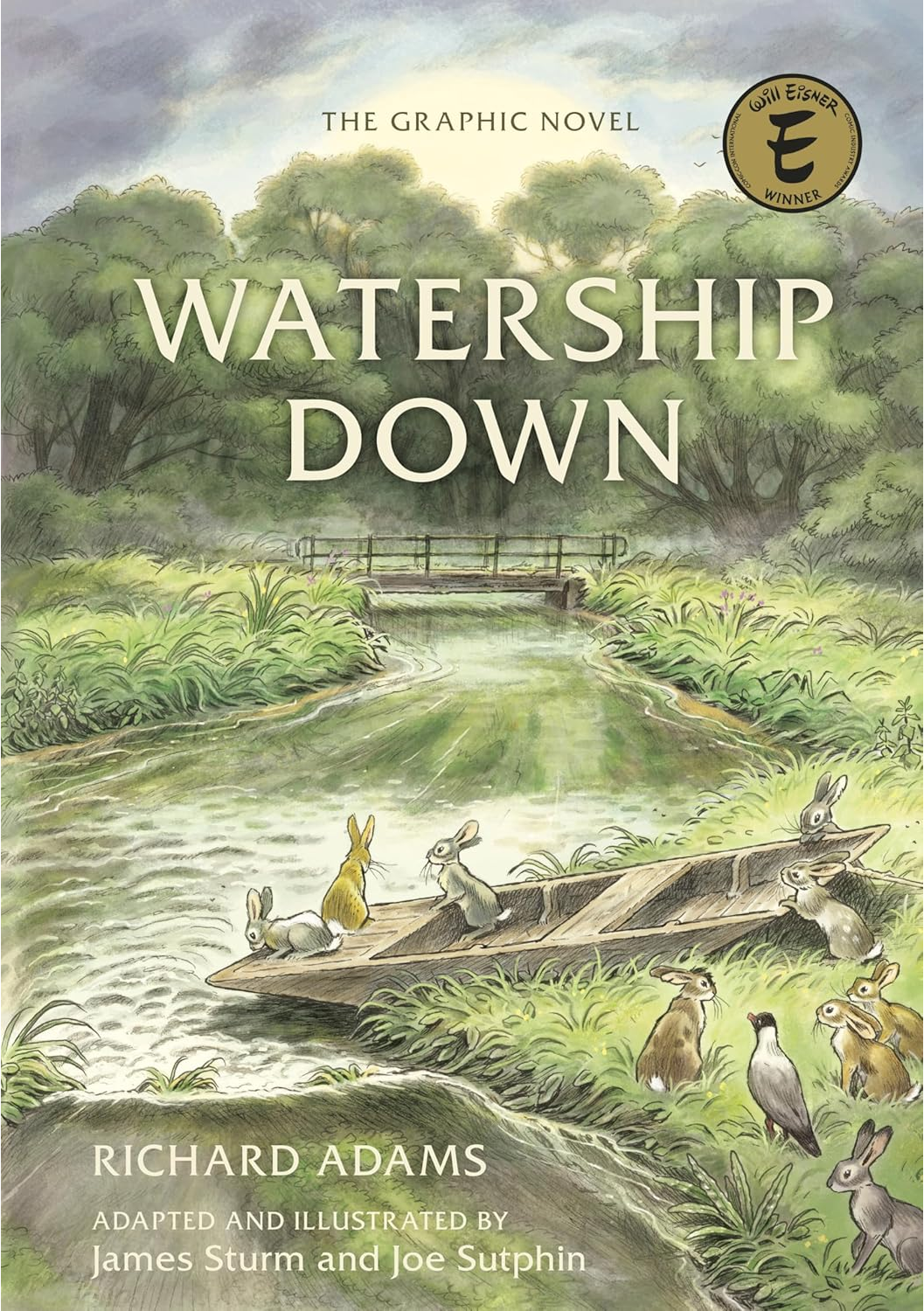
Watership Down
by Richard Adams
Set in the Hampshire Downs in Southern England, an idyllic rural landscape, this stirring tale of “suspense, hot pursuit, and derring-do” (Chicago Tribune) follows a band of rabbits in flight from the incursion of man and the destruction of their home.
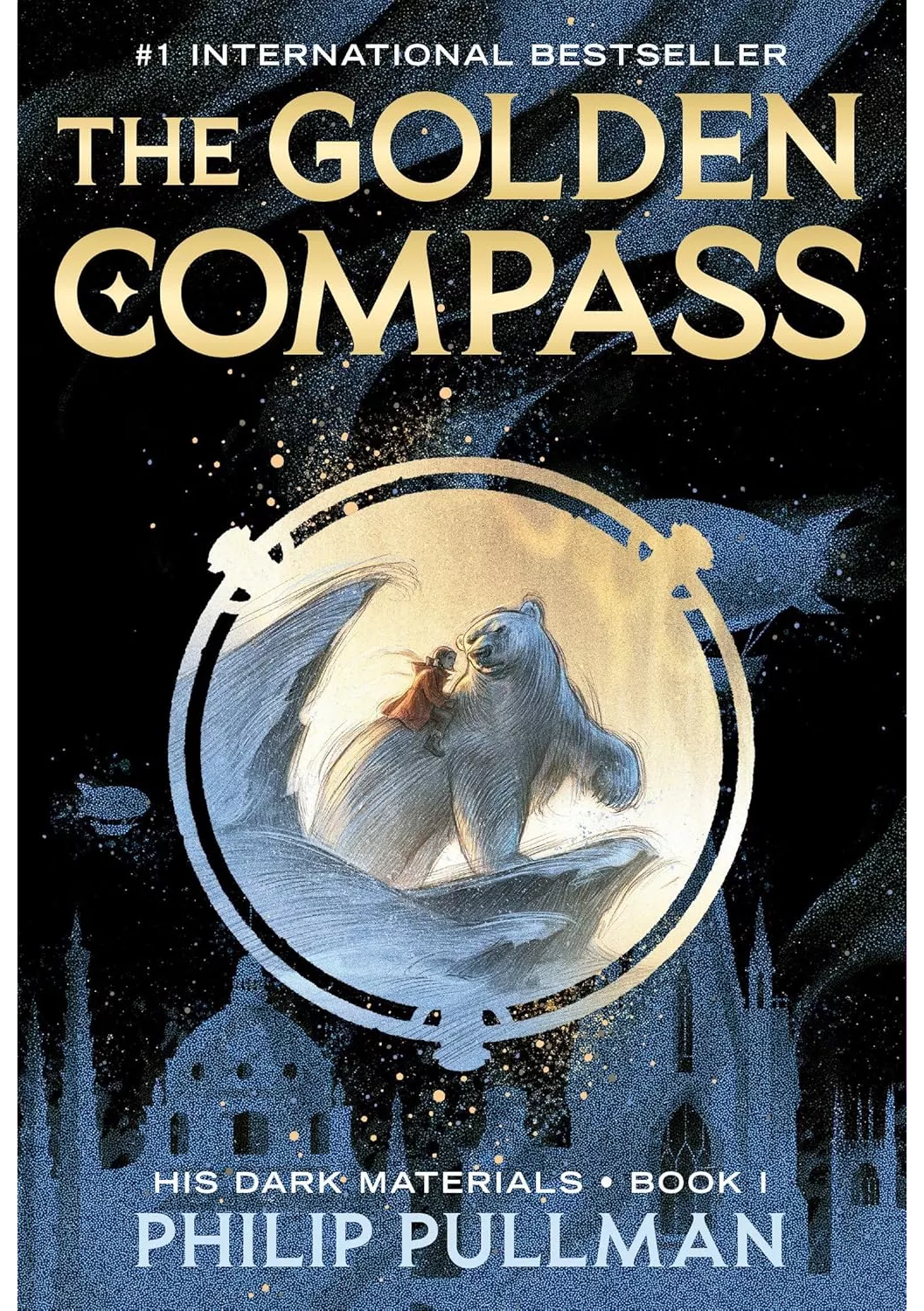
The Golden Compass
by Philip Pullman
Lyra is rushing to the cold, far North, where witch clans and armored bears rule. North, where the Gobblers take the children they steal–including her friend Roger. North, where her fearsome uncle Asriel is trying to build a bridge to a parallel world.
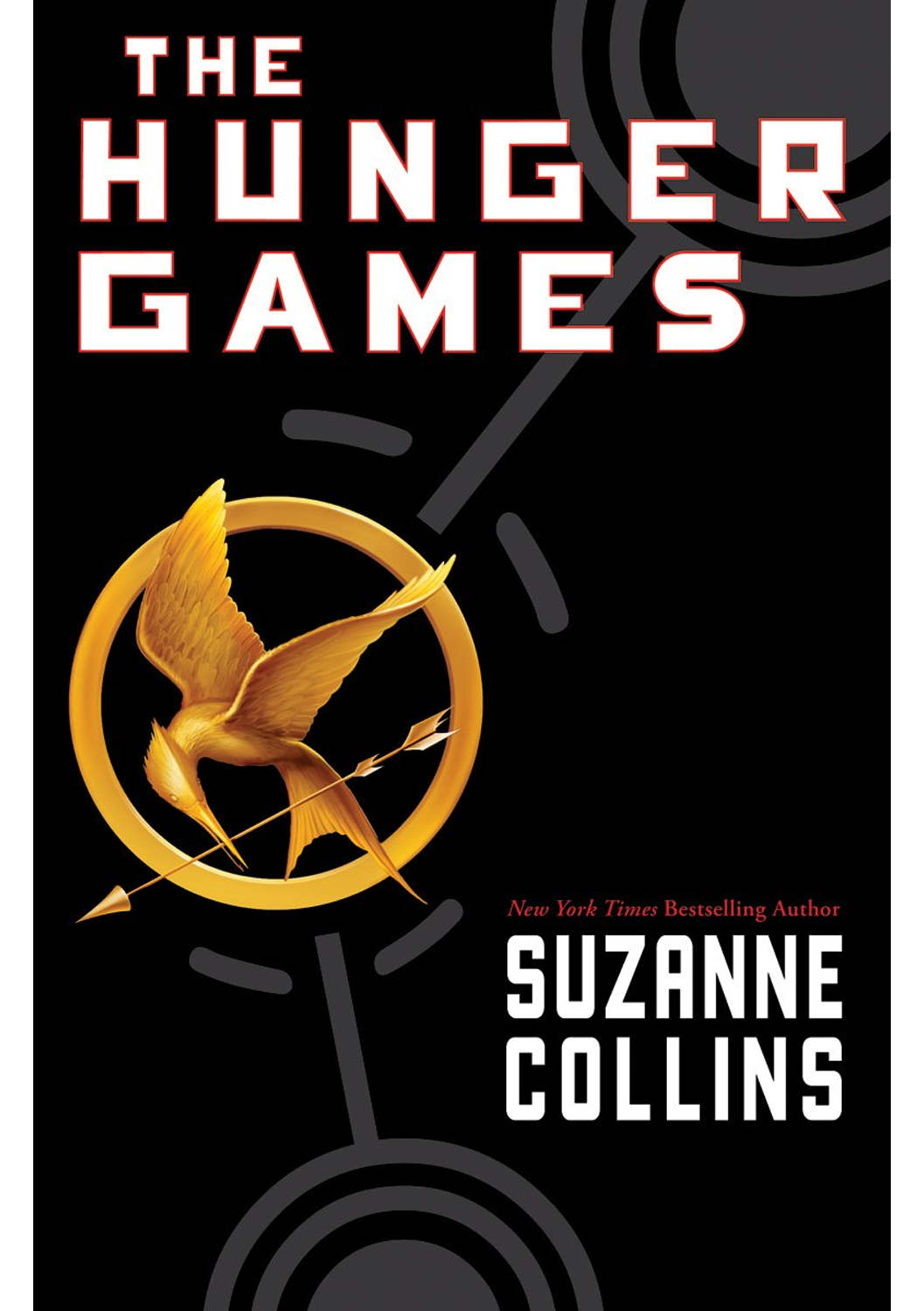
The Hunger Games
by Suzanne Collins
In the ruins of a place once known as North America lies the nation of Panem, a shining Capitol surrounded by twelve outlying districts.
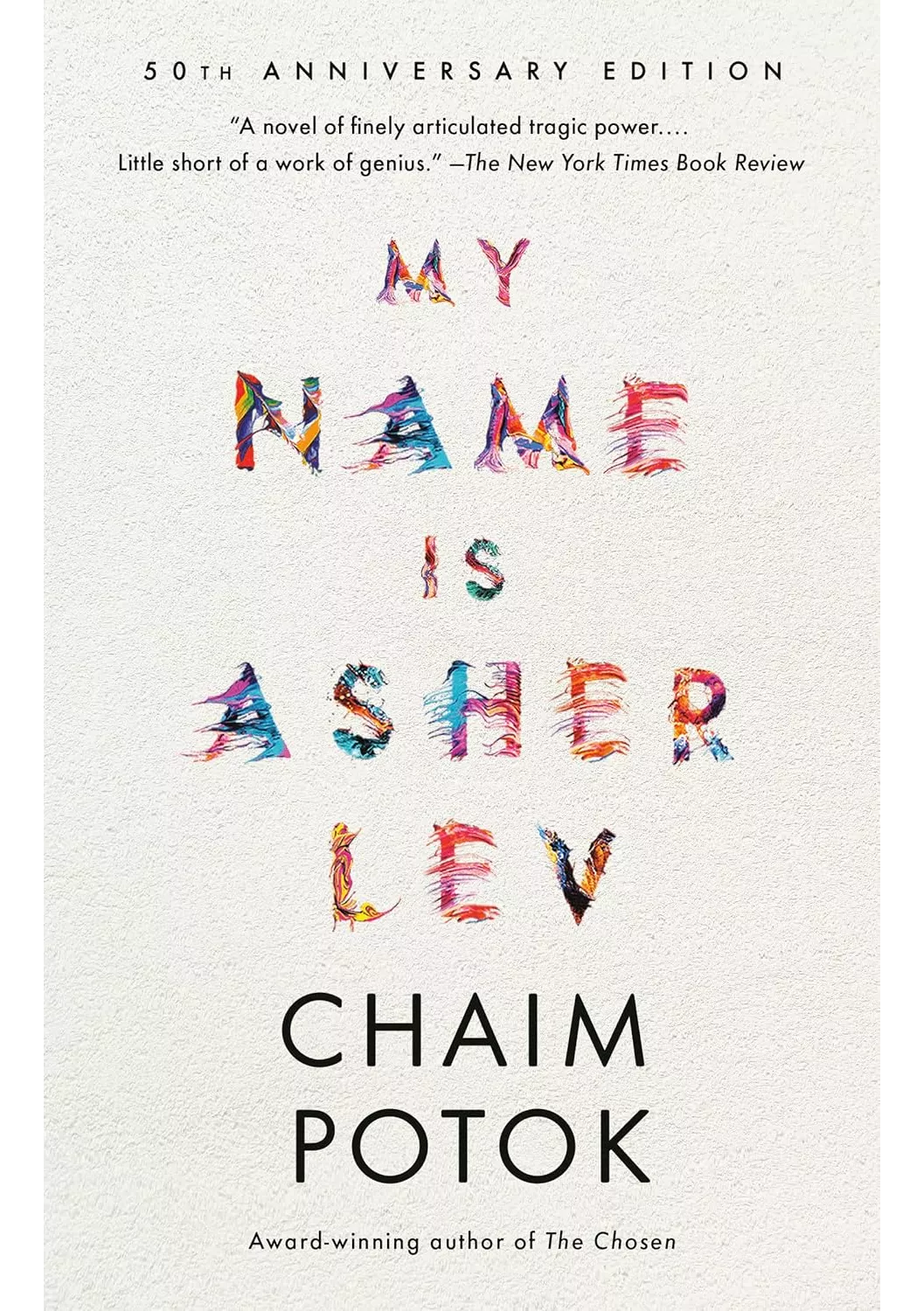
My Name Is Asher Lev
by Chaim Potok
Asher Lev is a Ladover Hasid who keeps kosher, prays three times a day and believes in the Ribbono Shel Olom, the Master of the Universe.
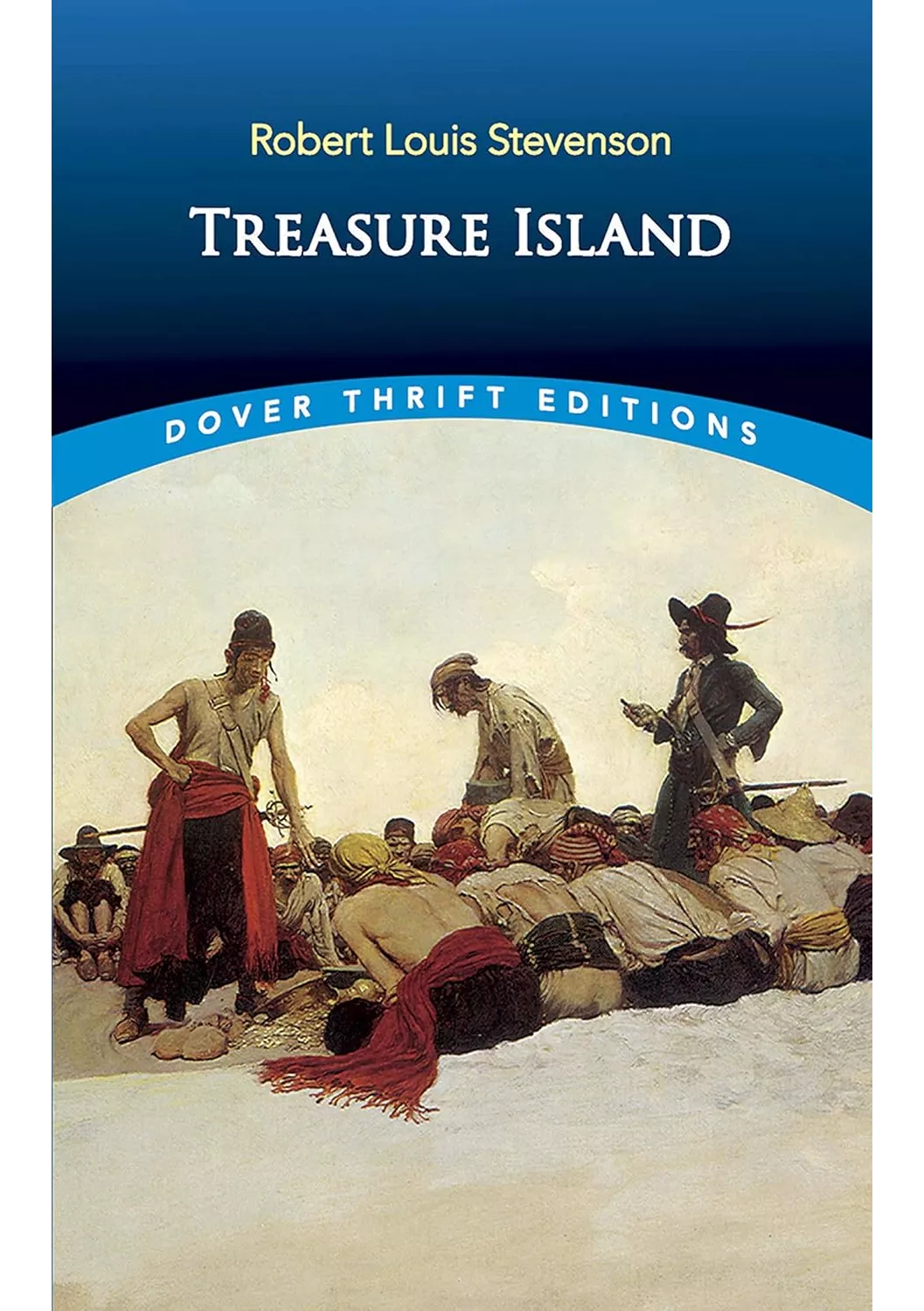
Treasure Island
by Robert Louis Stevenson
One of the most enduringly popular adventure tales, Treasure Island began in 1881 as a serialized adventure entitled “The Sea-Cook” in the periodical Young Folks.
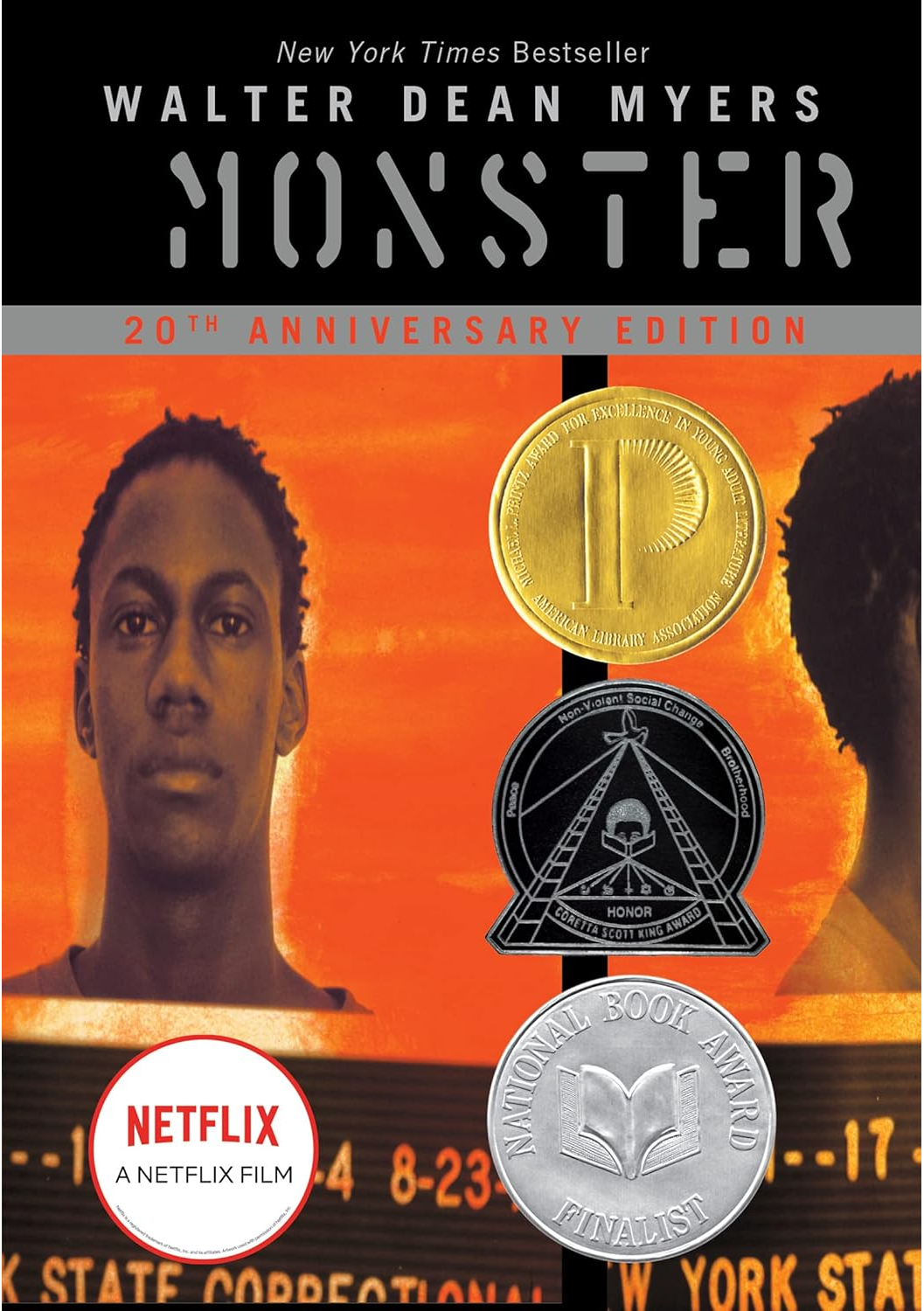
Monster
by Walter Dean Myers
Sometimes I feel like I have walked into the middle of a movie. Maybe I can make my own movie. The film will be the story of my life.
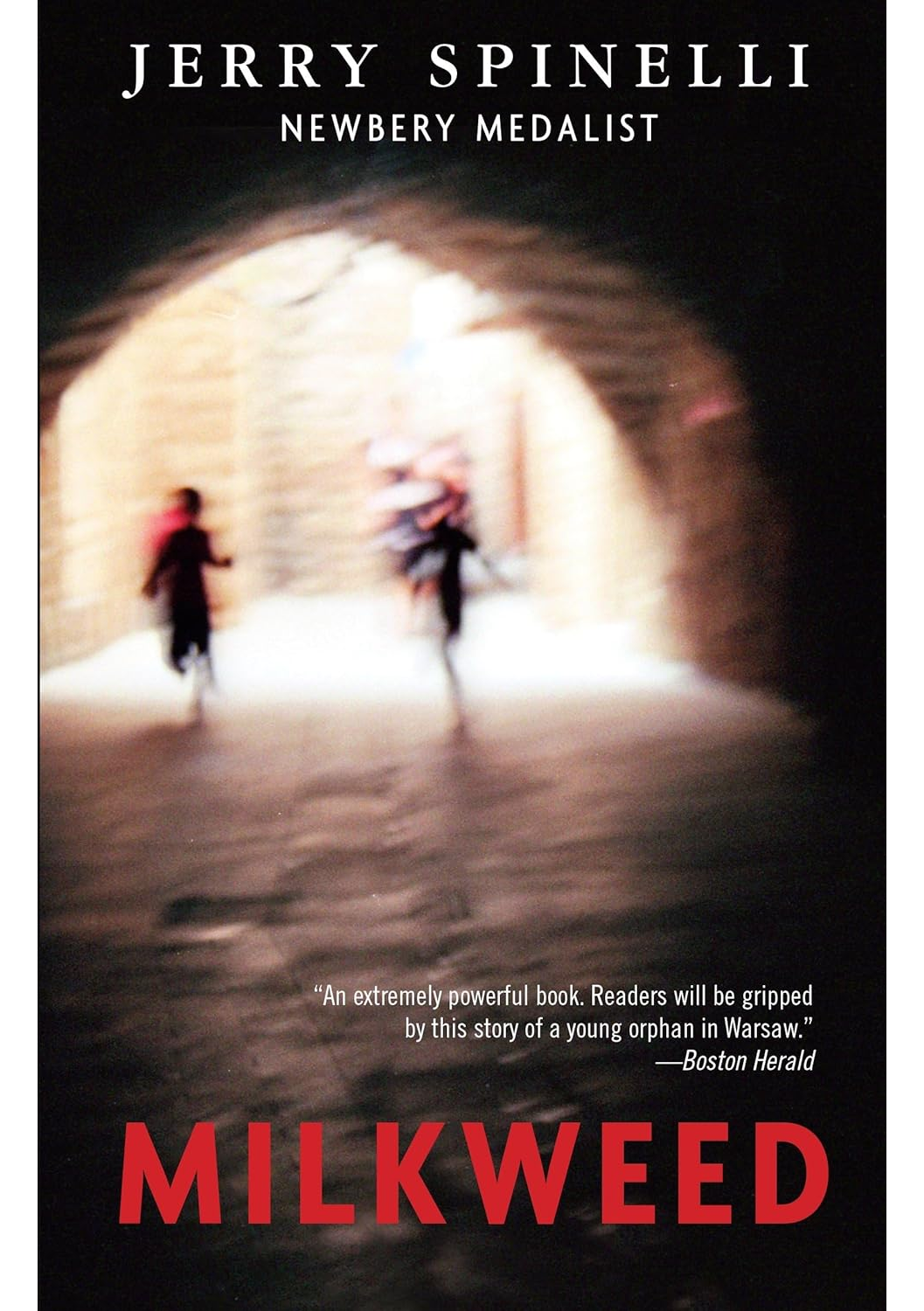
Milkweed
by Jerry Spinelli
Newbery Medalist Jerry Spinelli takes us to one of the most devastating settings imaginable-Nazi-occupied Warsaw during World War II-and tells a tale of heartbreak, hope, and survival through the bright eyes of a young Holocaust orphan.
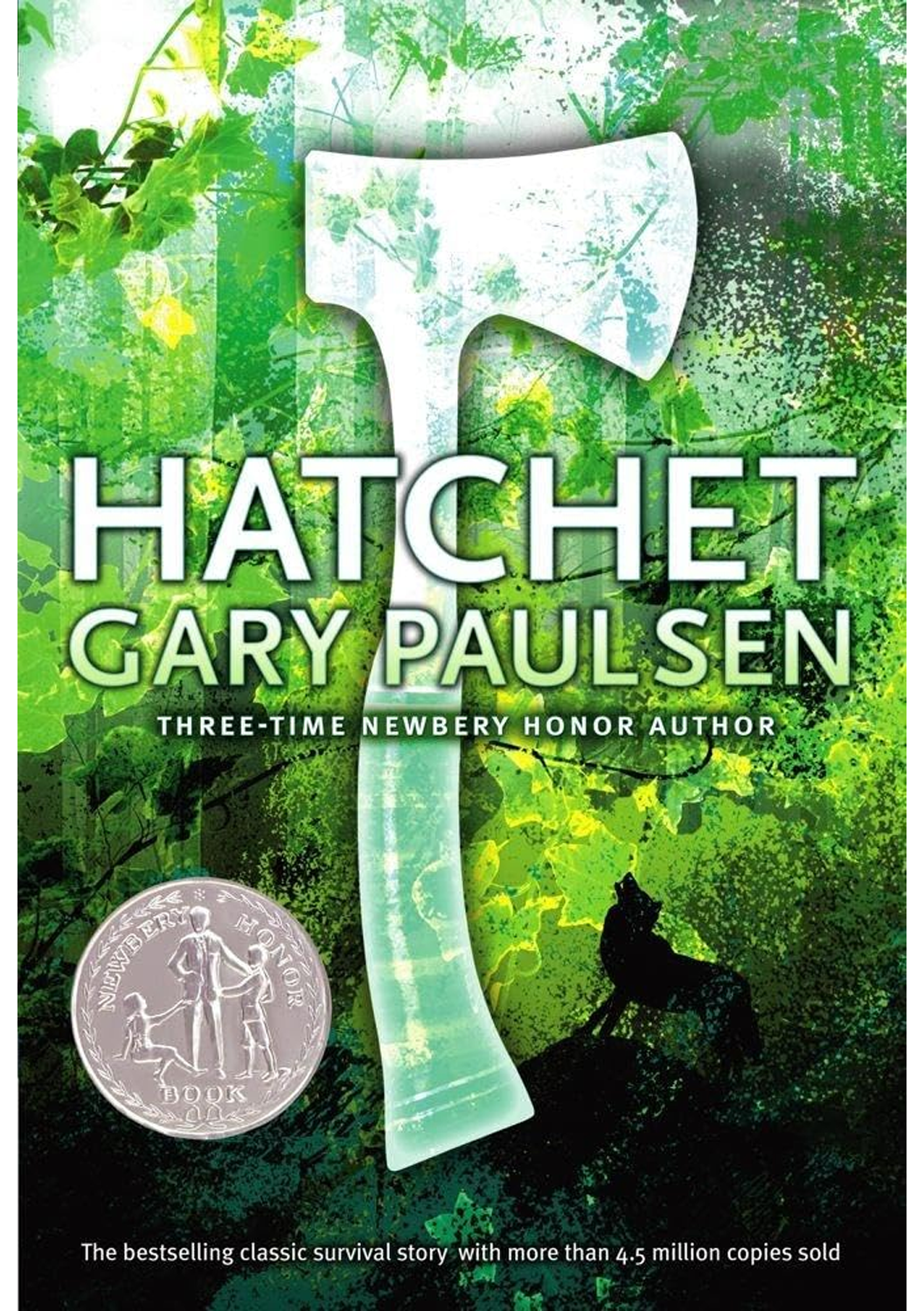
Hatchet
by Gary Paulsen
Thirteen-year-old Brian Robeson, haunted by his secret knowledge of his mother’s infidelity, is traveling by single-engine plane to visit his father for the first time since the divorce.
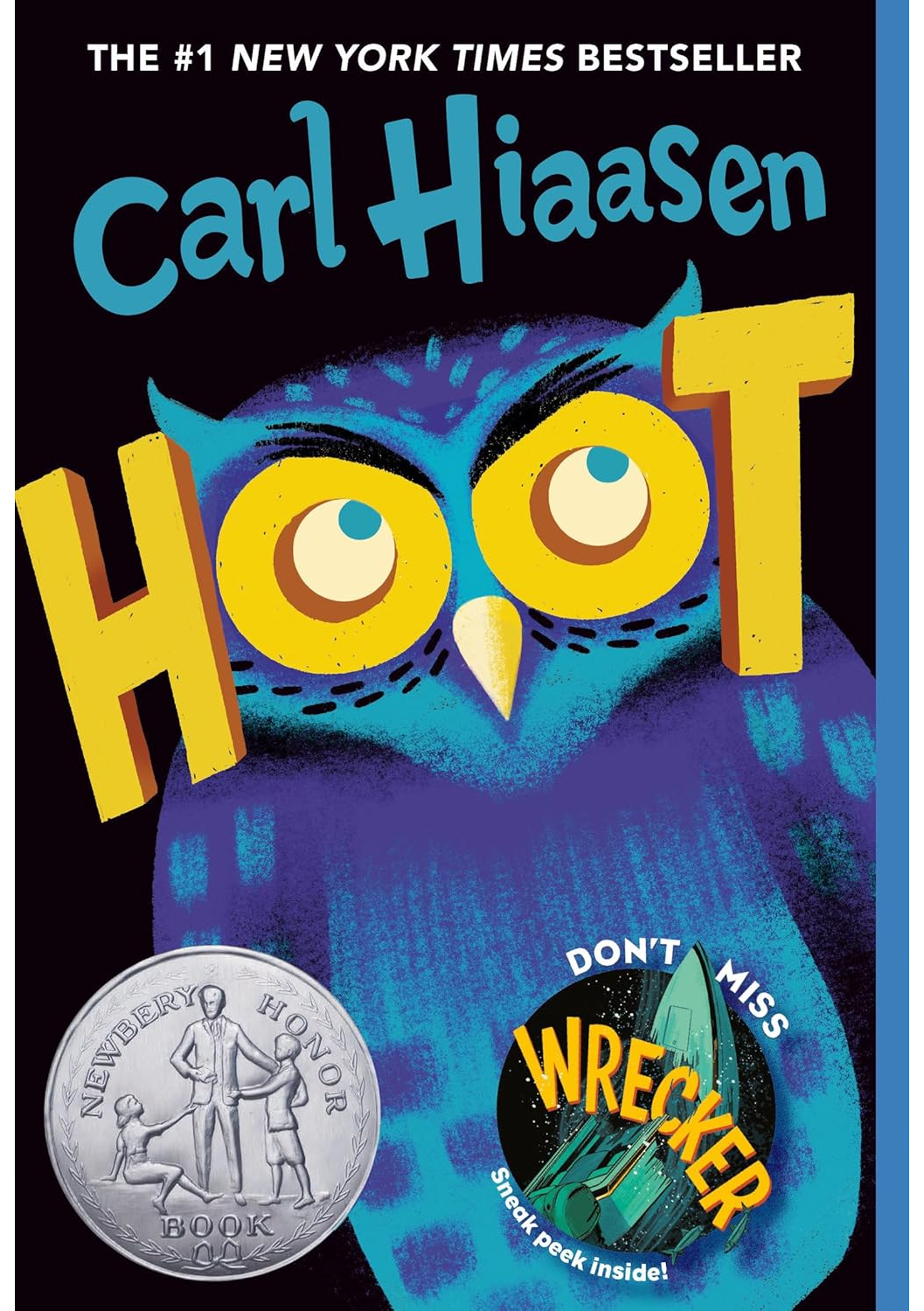
Hoot
by Carl Hiaasen
Everybody loves Mother Paula’s pancakes. Everybody, that is, except the colony of cute but endangered owls that live on the building site of the new restaurant.
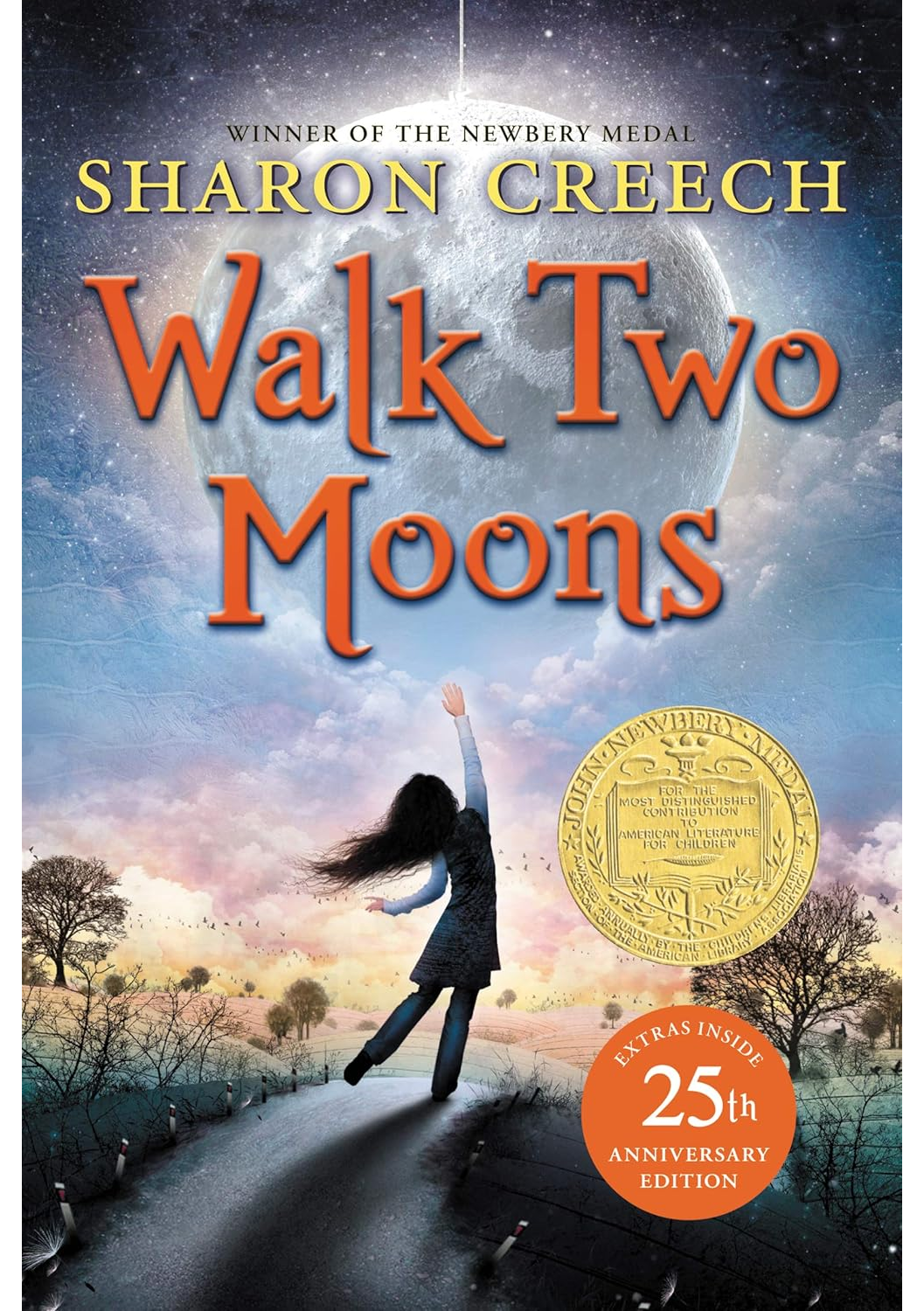
Walk Two Moons
by Sharon Creech
Thirteen-year-old Salamanca Tree Hiddle, proud of her country roots and the “Indian-ness in her blood,” travels from Ohio to Idaho with her eccentric grandparents.
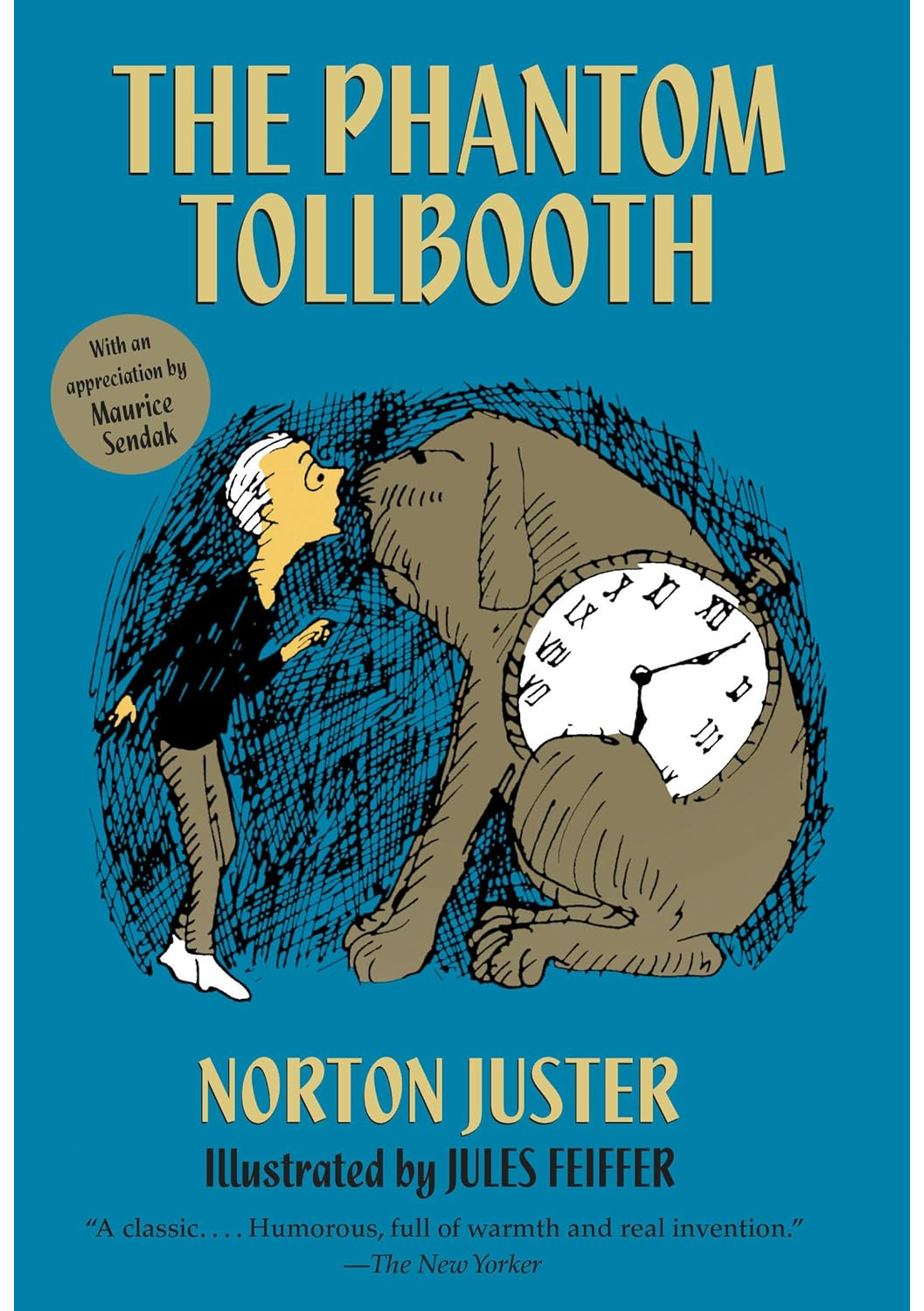
The Phantom Tollbooth
by Norton Juster
For Milo, everything’s a bore. When a tollbooth mysteriously appears in his room, he drives through only because he’s got nothing better to do. But on the other side, things seem different.
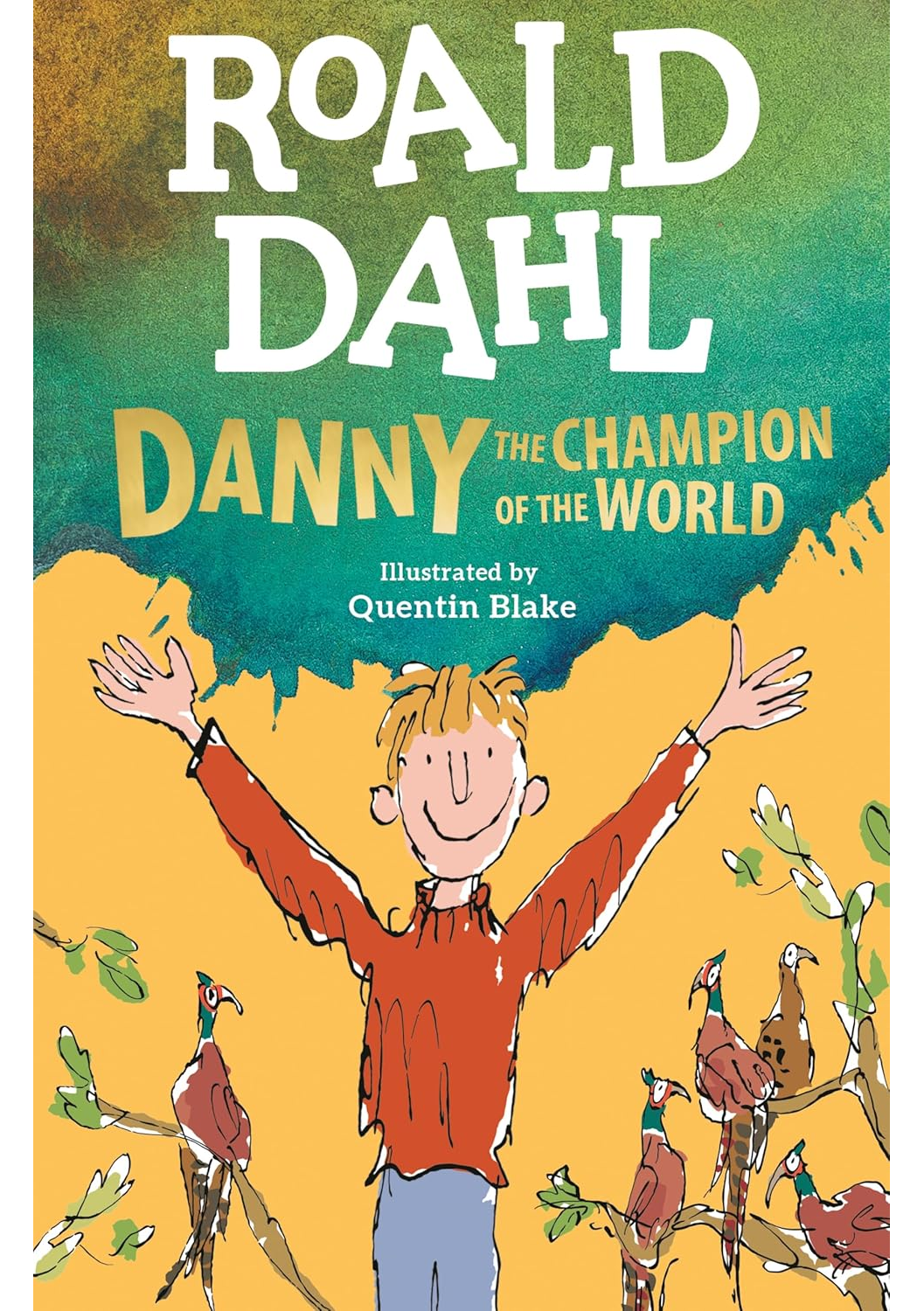
Danny the Champion of the World
by Roald Dahl
Danny has a life any boy would love—his home is a gypsy caravan, he’s the youngest master car mechanic around, and his best friend is his dad, who never runs out of wonderful stories to tell.
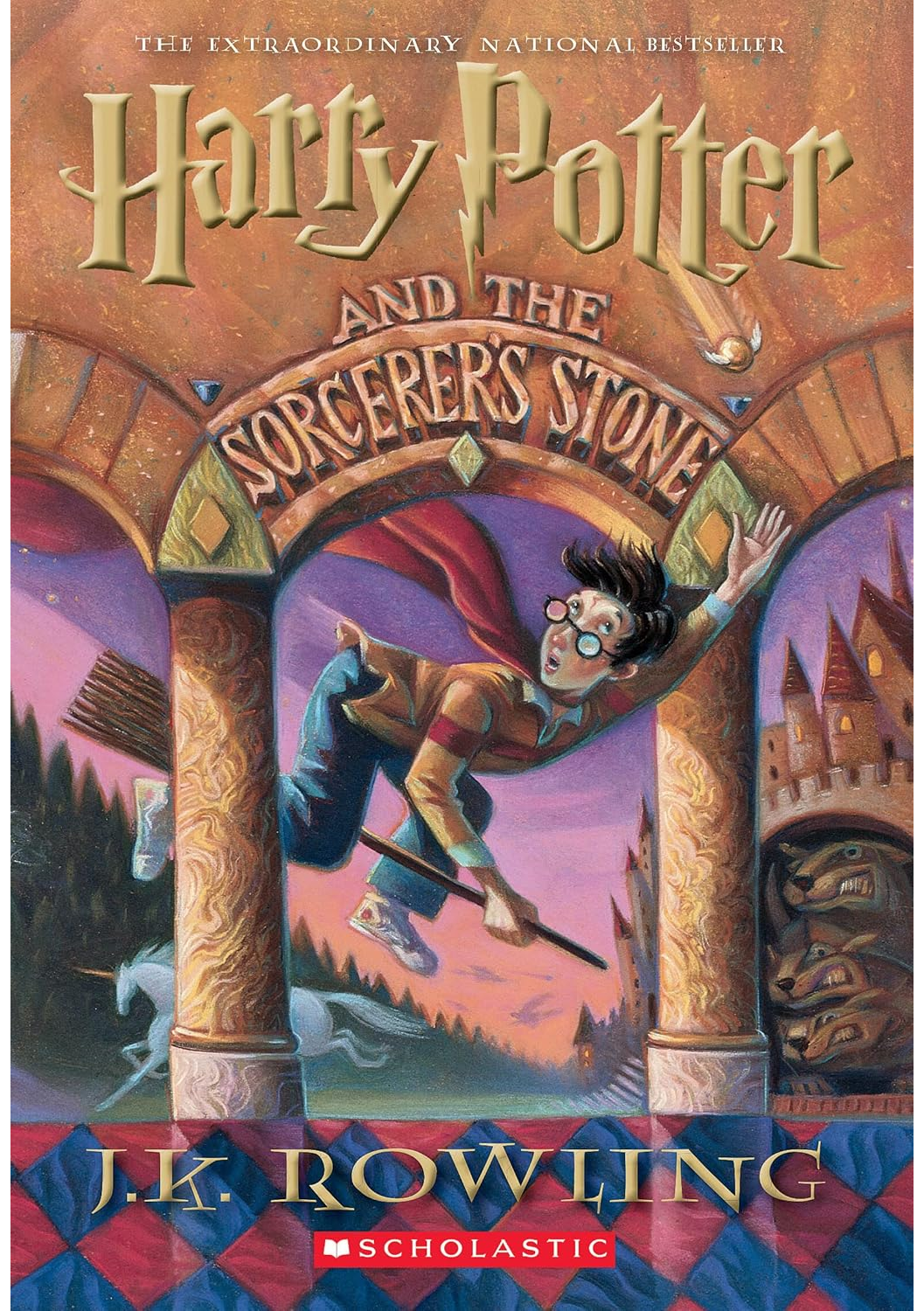
Harry Potter and the Sorcerer’s Stone
by J.K. Rowling
Harry Potter has no idea how famous he is. That’s because he’s being raised by his miserable aunt and uncle who are terrified Harry will learn that he’s really a wizard, just as his parents were.
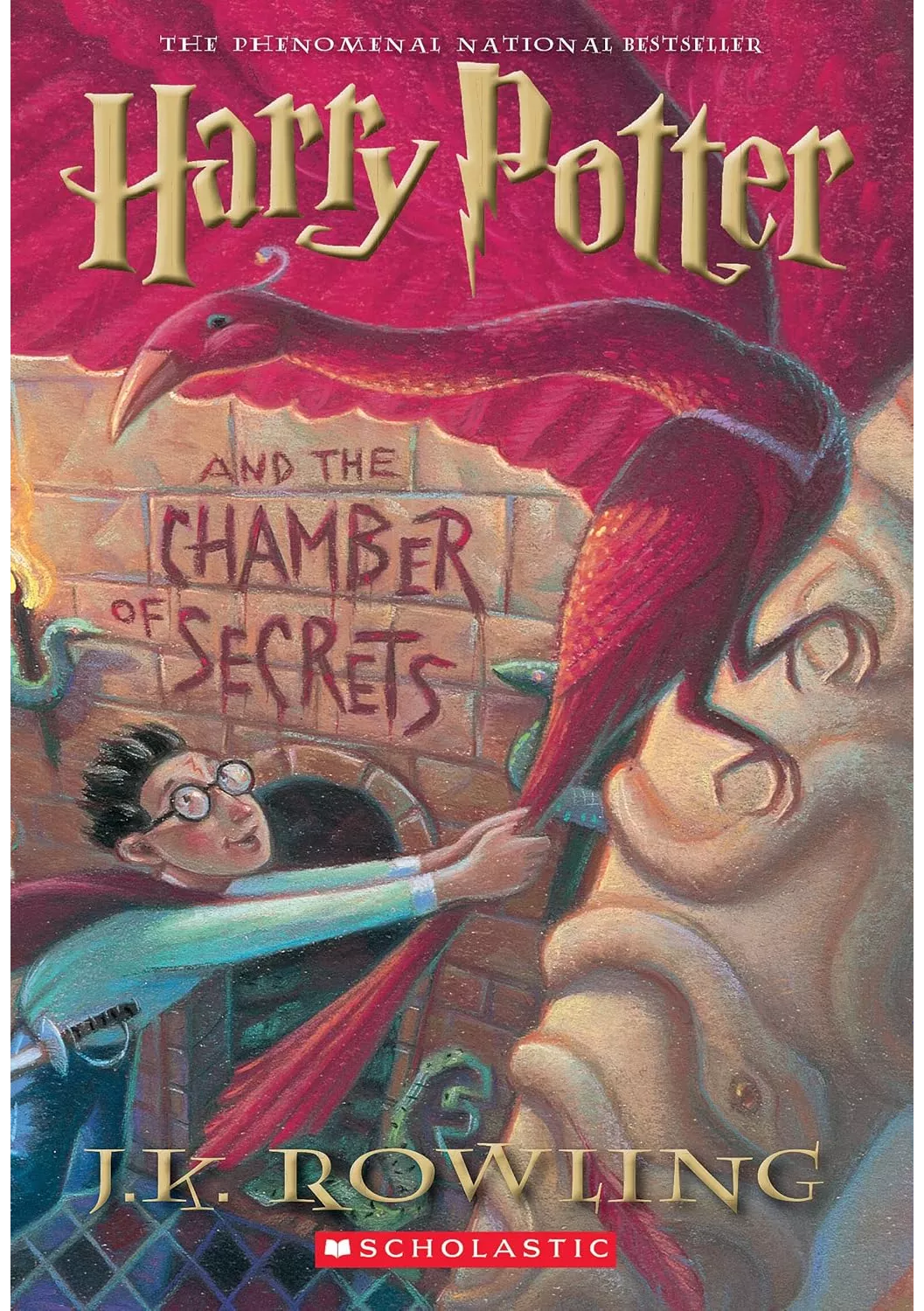
Harry Potter and the Chamber of Secrets
by J.K. Rowling
For in Harry’s second year at Hogwarts, fresh torments and horrors arise, including an outrageously stuck-up new professor, Gilderoy Lockheart, a spirit named Moaning Myrtle who haunts the girls’ bathroom, and the unwanted attentions of Ron Weasley’s younger sister, Ginny.
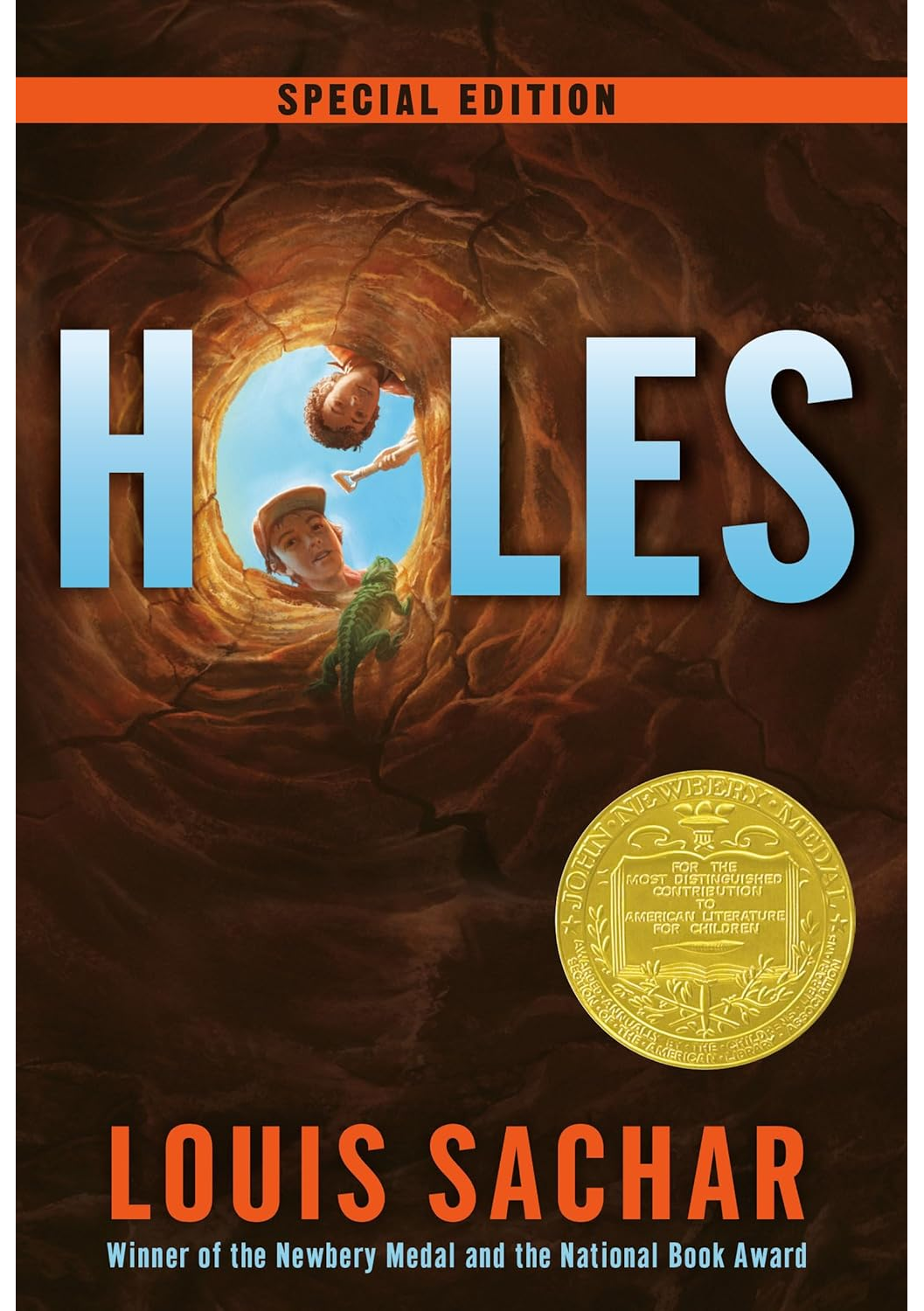
Holes
by Louis Sachar
Stanley Yelnats is under a curse. A curse that began with his no-good-dirty-rotten-pig-stealing-great-great-grandfather and has since followed generations of Yelnatses.
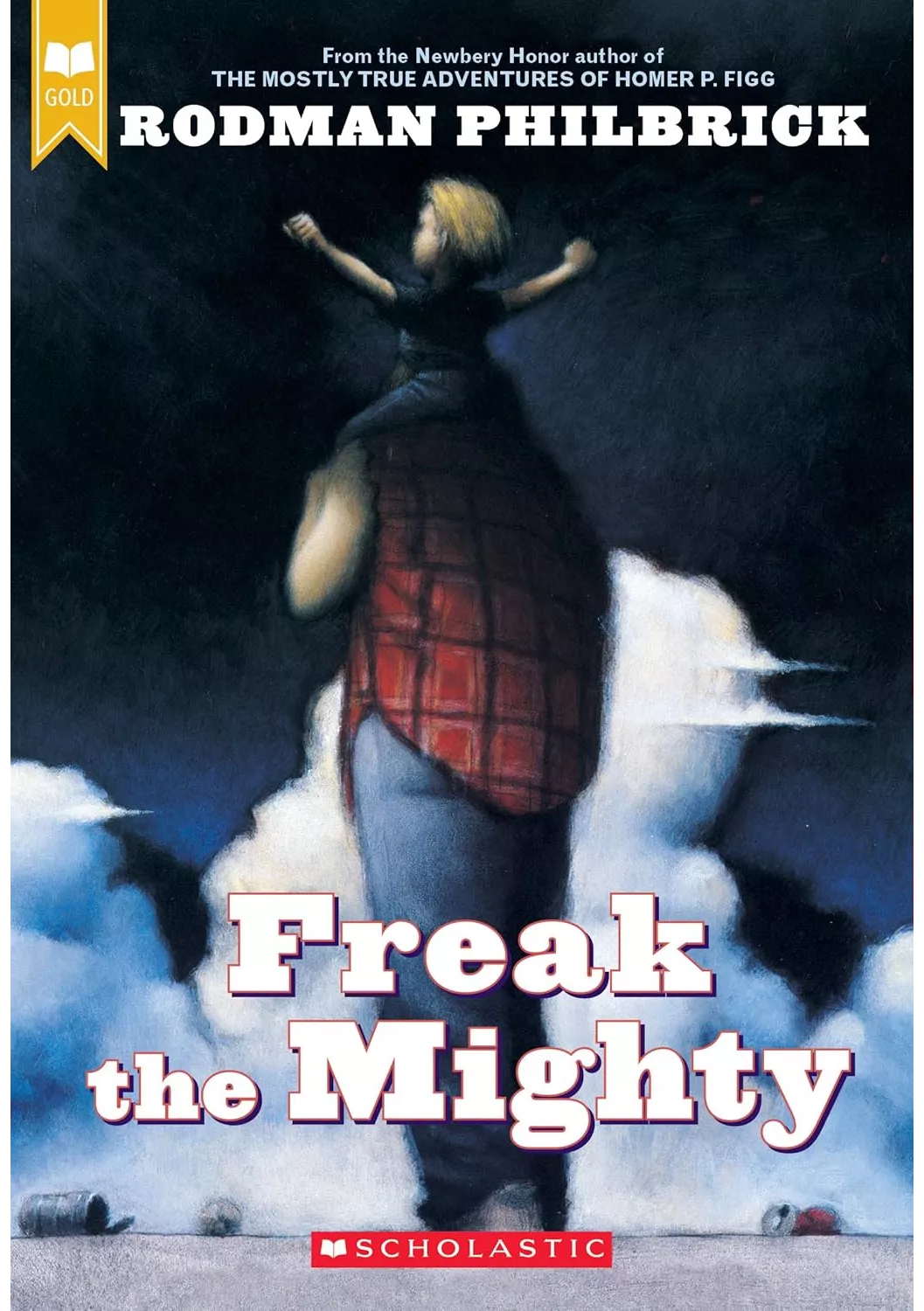
Freak the Almighty
by Rodman Philbrick
This simple yet timeless story explores many themes, including bullying — an important topic in today’s schools.
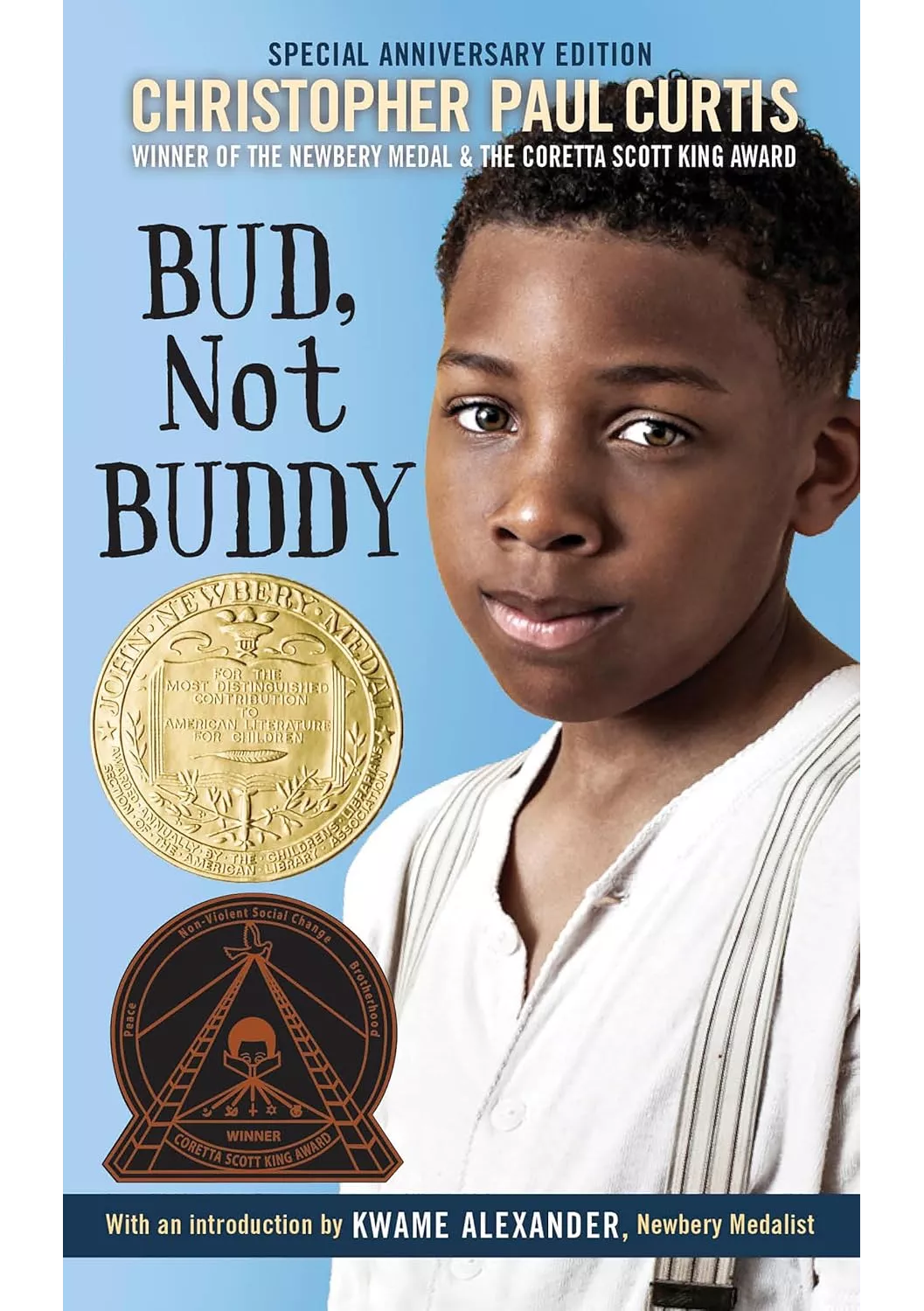
Bud, Not Buddy
by Christopher Paul Curtis
Bud’s got an idea that those flyers will lead him to his father. Once he decides to hit the road to find this mystery man, nothing can stop him—not hunger, not fear, not vampires, not even Herman E. Calloway himself.
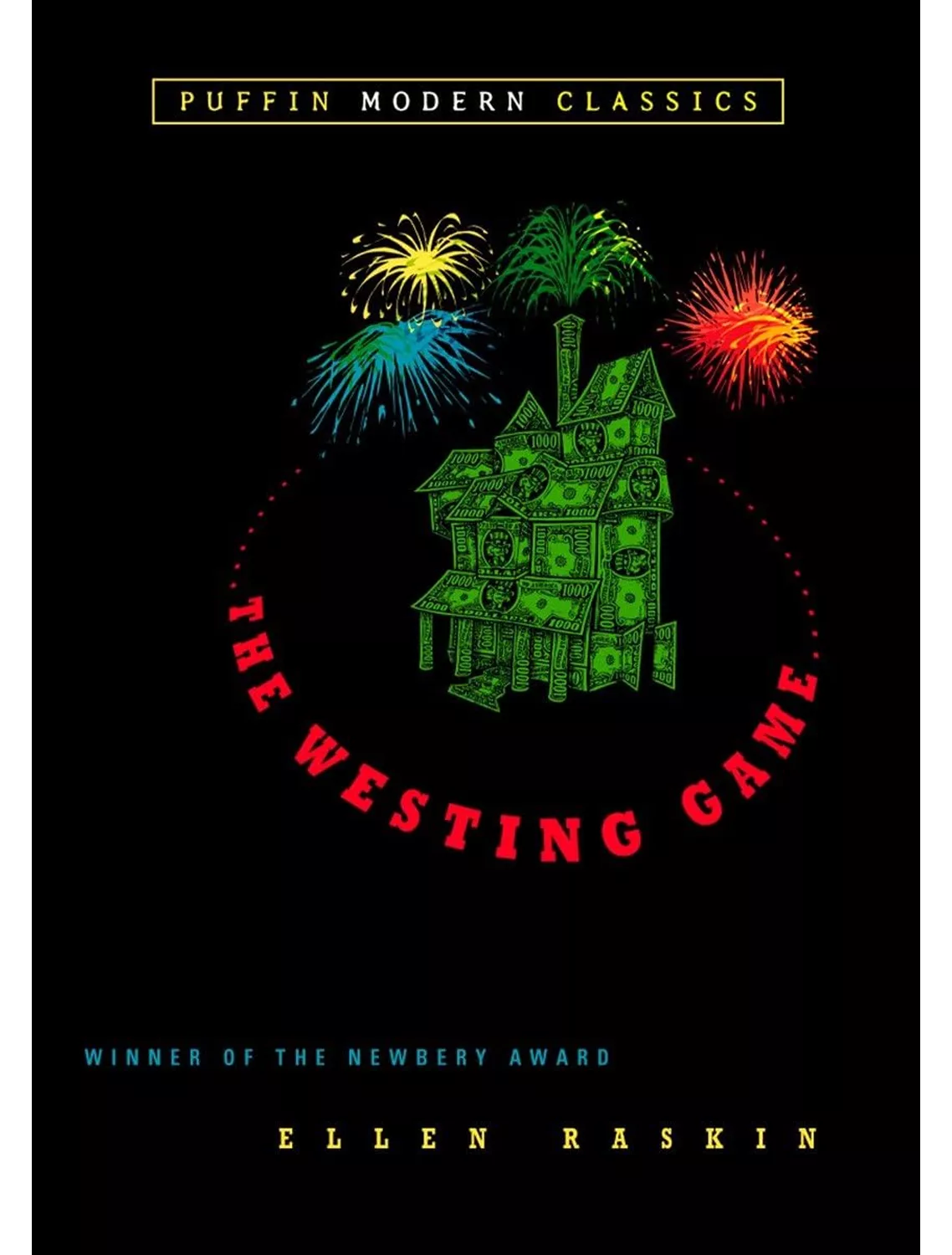
The Westing Game
by Ellen Raskin
A bizarre chain of events begins when sixteen unlikely people gather for the reading of Samuel W. Westing’s will.
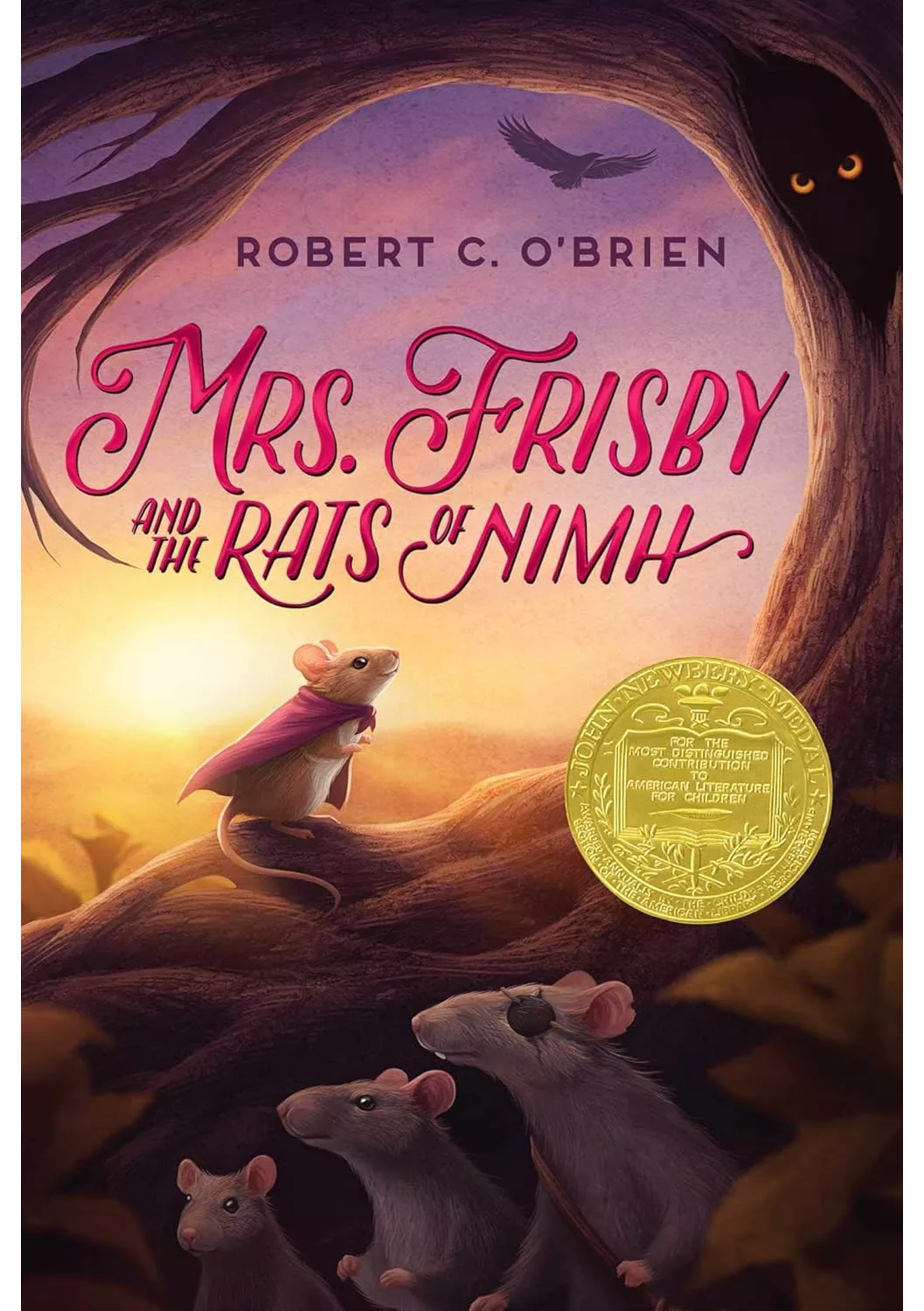
Mrs. Frisby and the Rats of NIMH
by Robert C. O’Brien
Mrs. Frisby, a widowed mouse with four small children, is faced with a terrible problem. She must move her family to their summer quarters immediately, or face almost certain death.
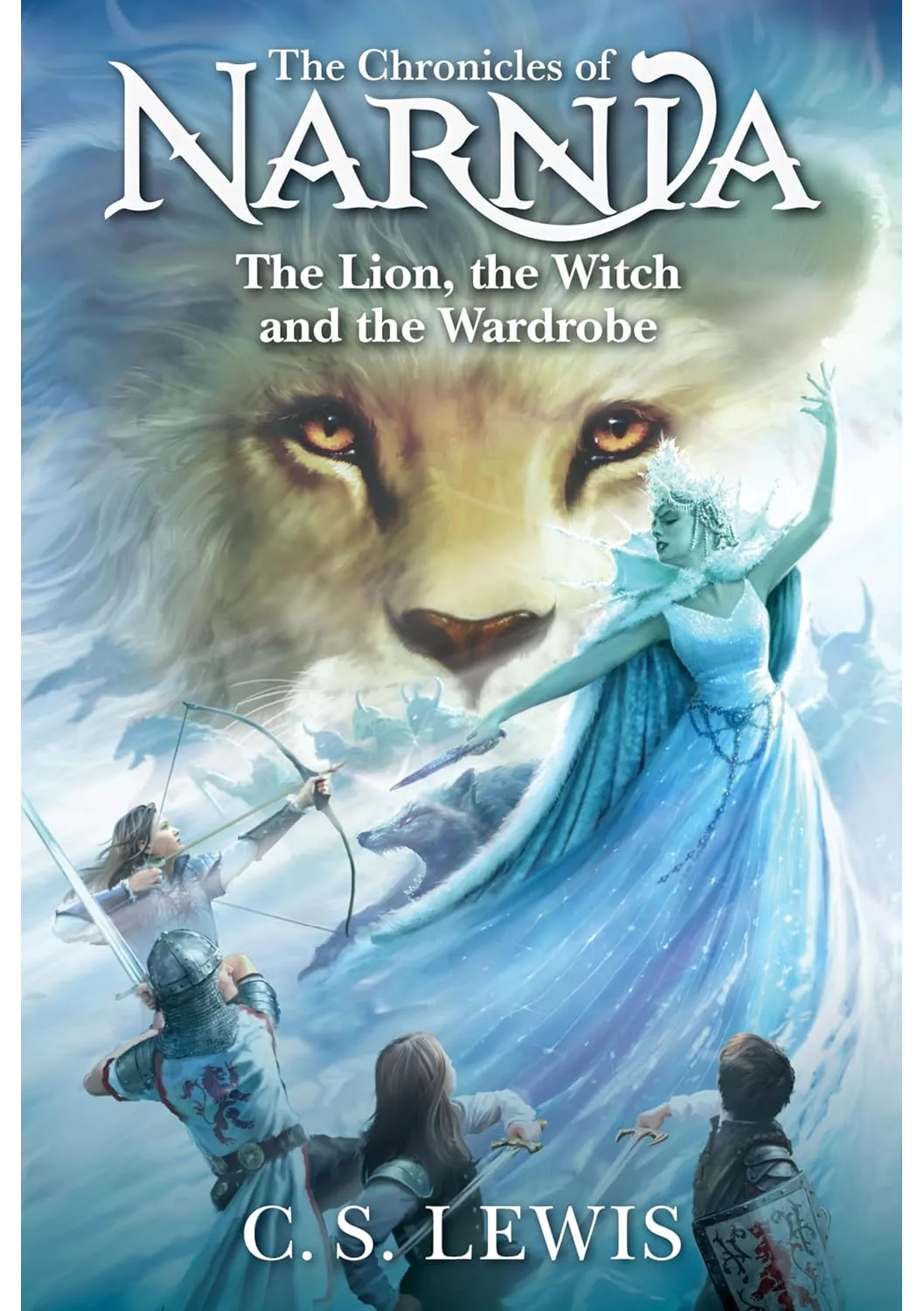
The Lion, the Witch and the Wardrobe
by C.S. Lewis
Four adventurous siblings—Peter, Susan, Edmund, and Lucy Pevensie—step through a wardrobe door and into the land of Narnia, a land frozen in eternal winter and enslaved by the power of the White Witch.
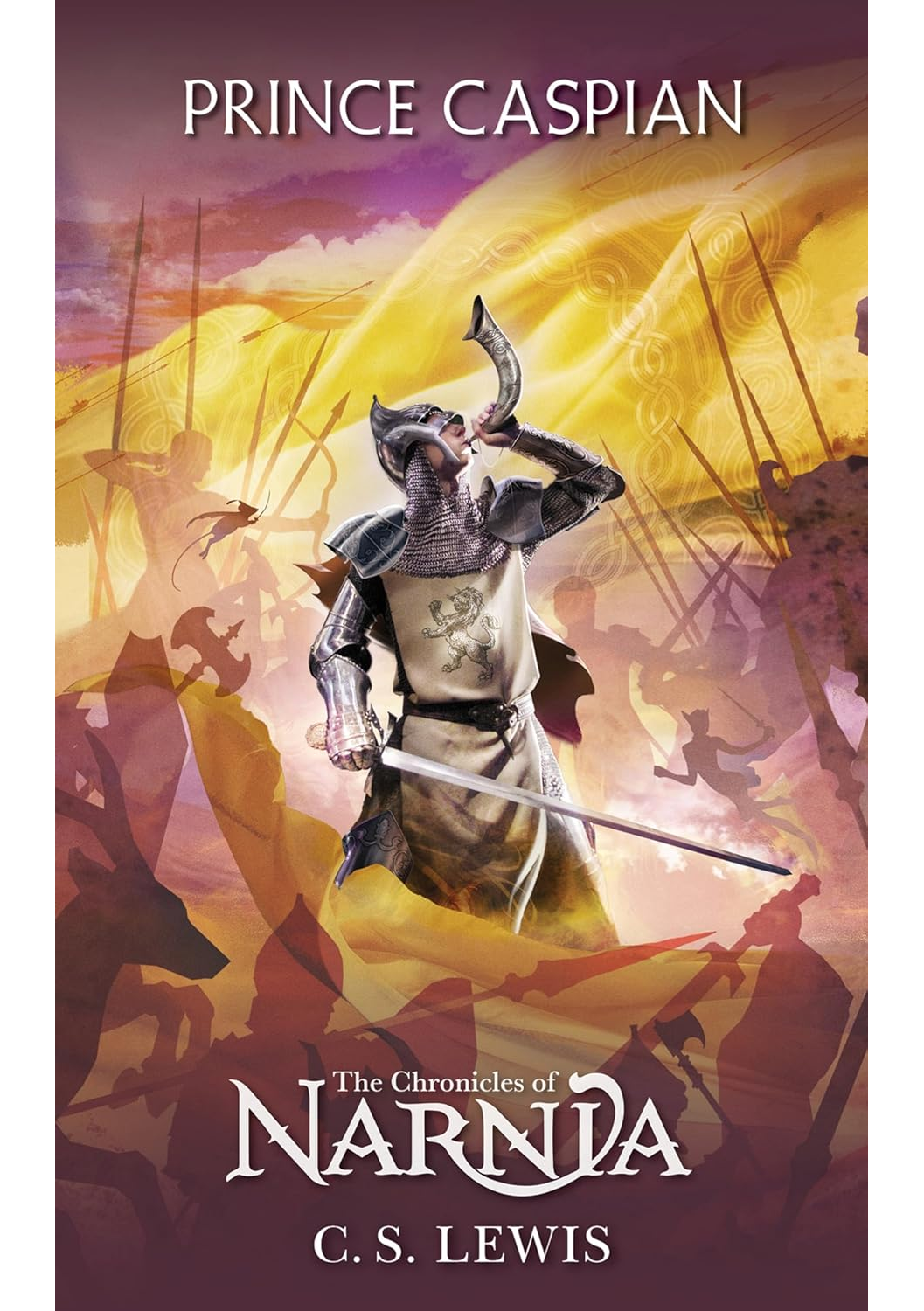
Prince Caspian
by C.S. Lewis
The Pevensie siblings travel back to Narnia to help a prince denied his rightful throne as he gathers an army in a desperate attempt to rid his land of a false king.
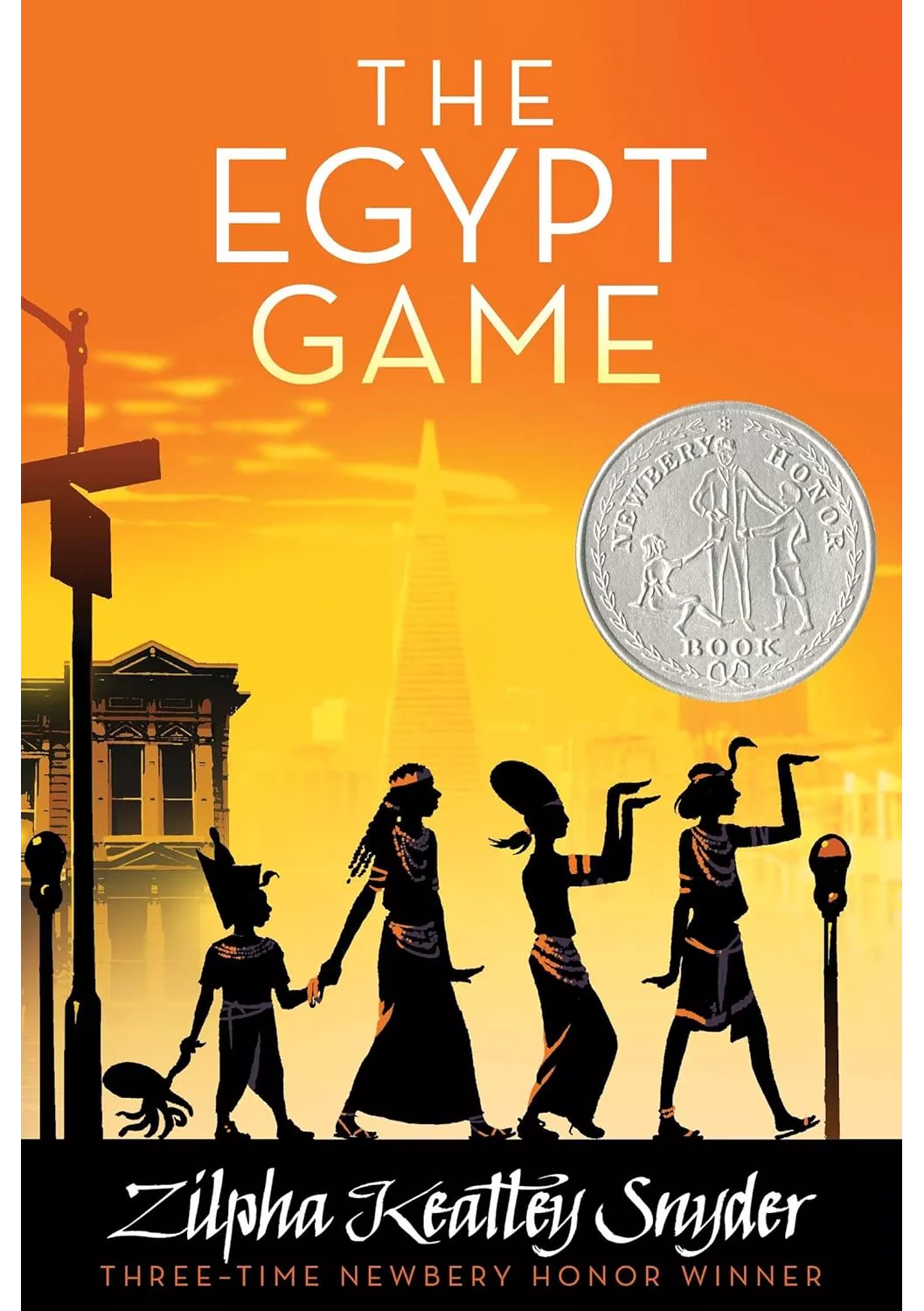
The Egypt Game
by Zilpha Keatley Snyder
He first time Melanie Ross meets April Hall, she’s not sure they have anything in common. But she soon discovers that they both love anything to do with ancient Egypt.
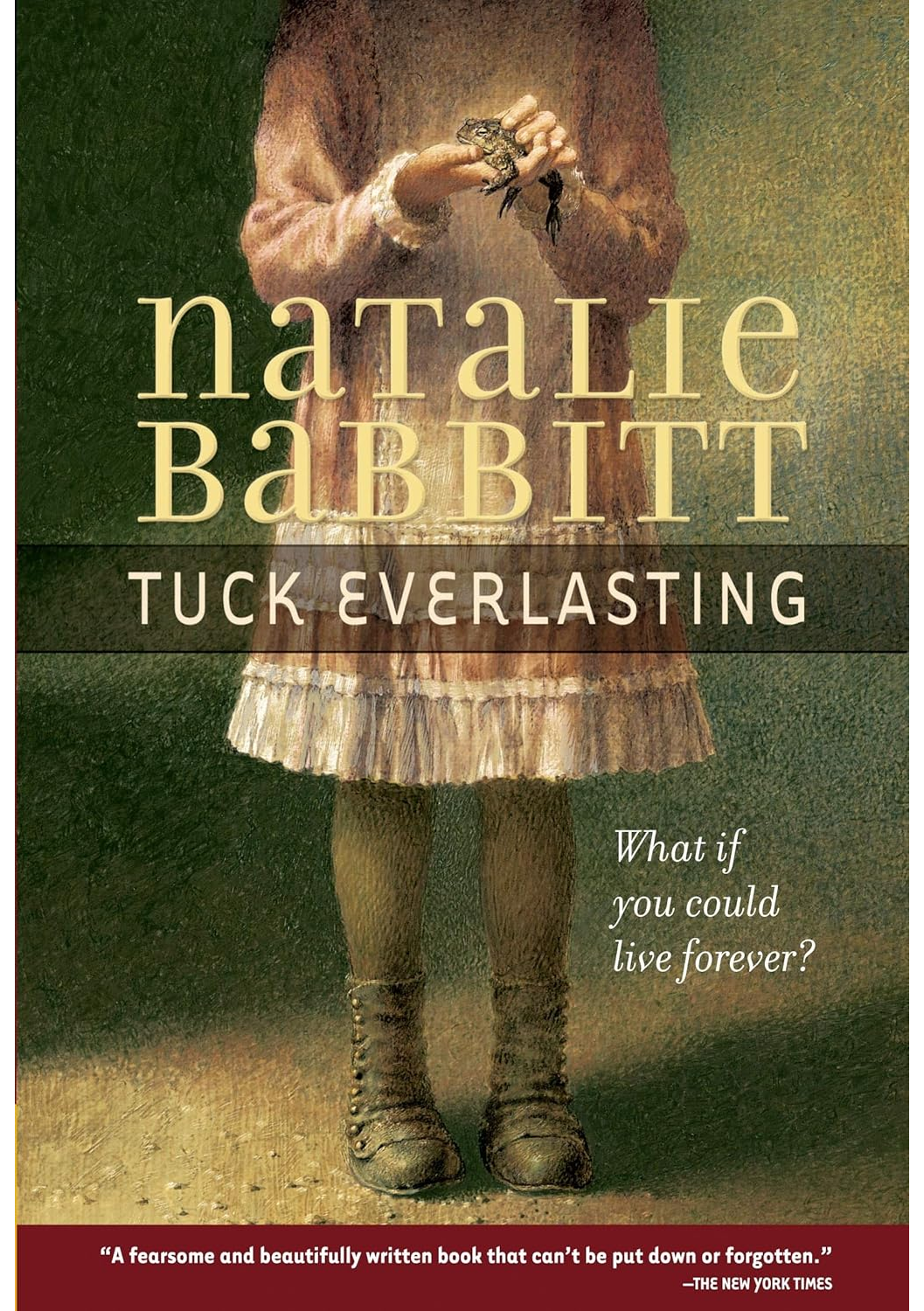
Tuck Everlasting
by Natalia Babbit
Is eternal life a blessing or a curse? That is what young Winnie Foster must decide when she discovers a spring on her family’s property whose waters grant immortality.
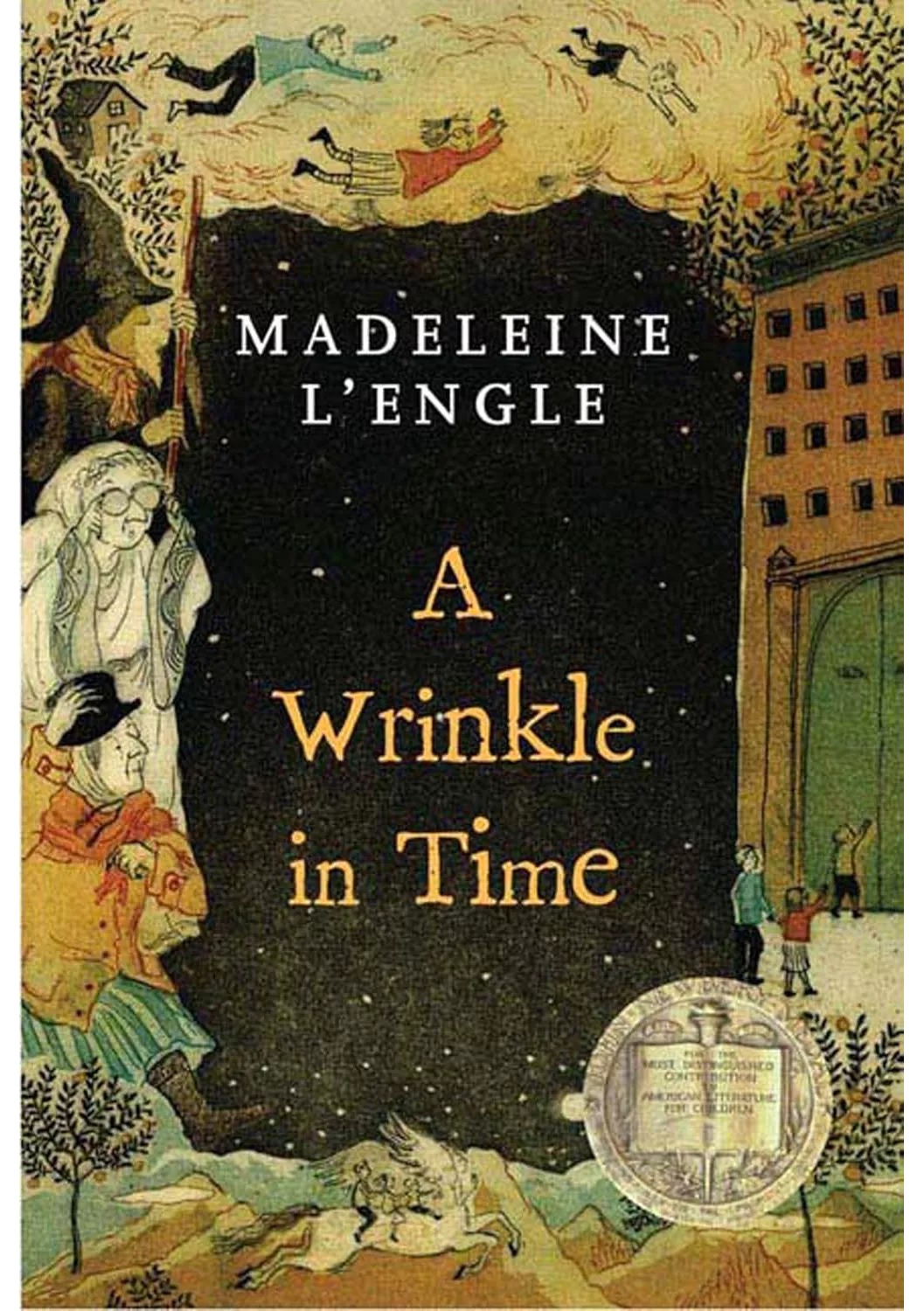
A Wrinkle in Time
by Madeleine L’Engle
It was a dark and stormy night; Meg Murry, her small brother Charles Wallace, and her mother had come down to the kitchen for a midnight snack when they were upset by the arrival of a most disturbing stranger.
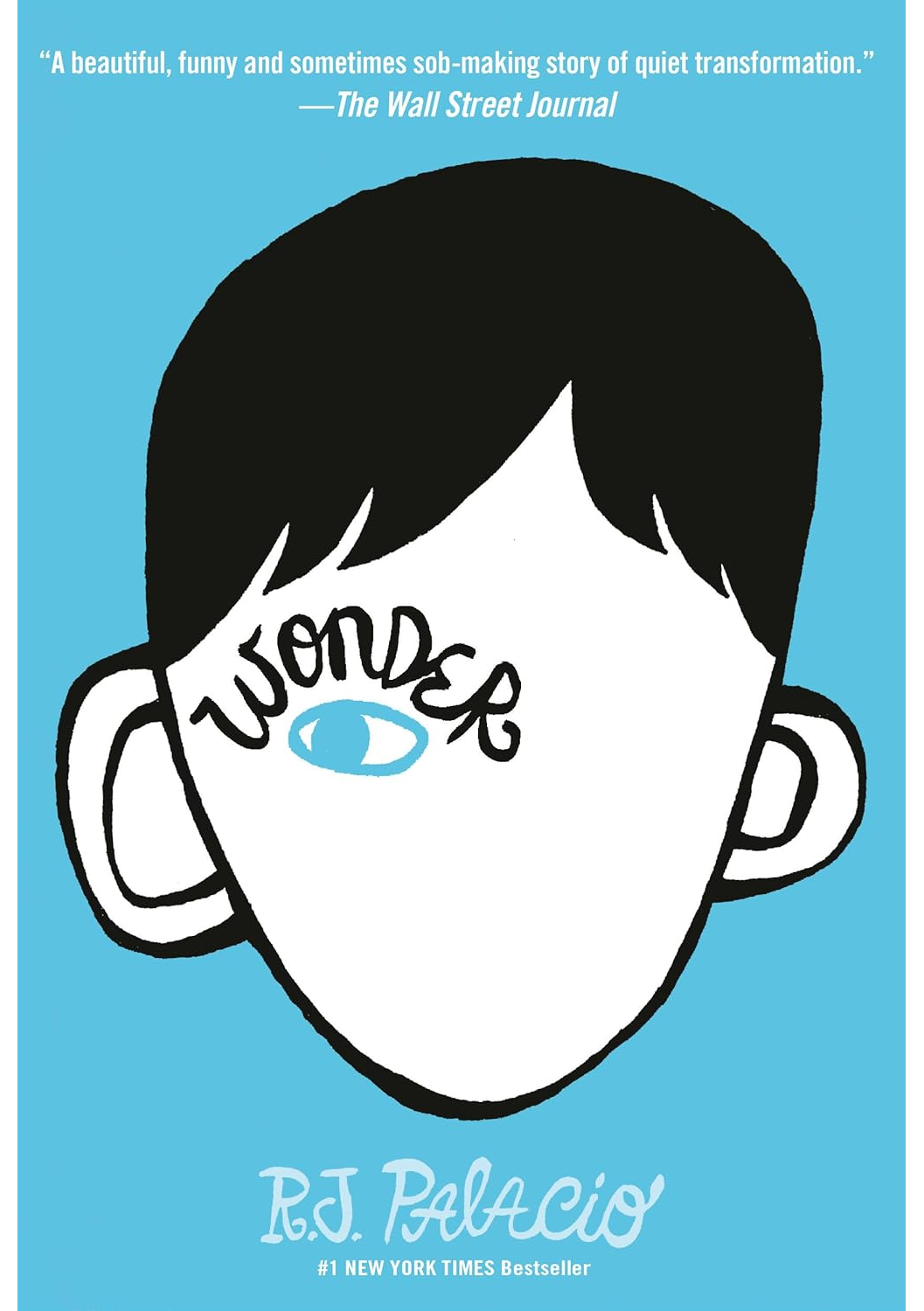
Wonder
by R.J. Palacio
August Pullman was born with a facial difference that, up until now, has prevented him from going to a mainstream school. Starting 5th grade at Beecher Prep, he wants nothing more than to be treated as an ordinary kid—but his new classmates can’t get past Auggie’s extraordinary face.
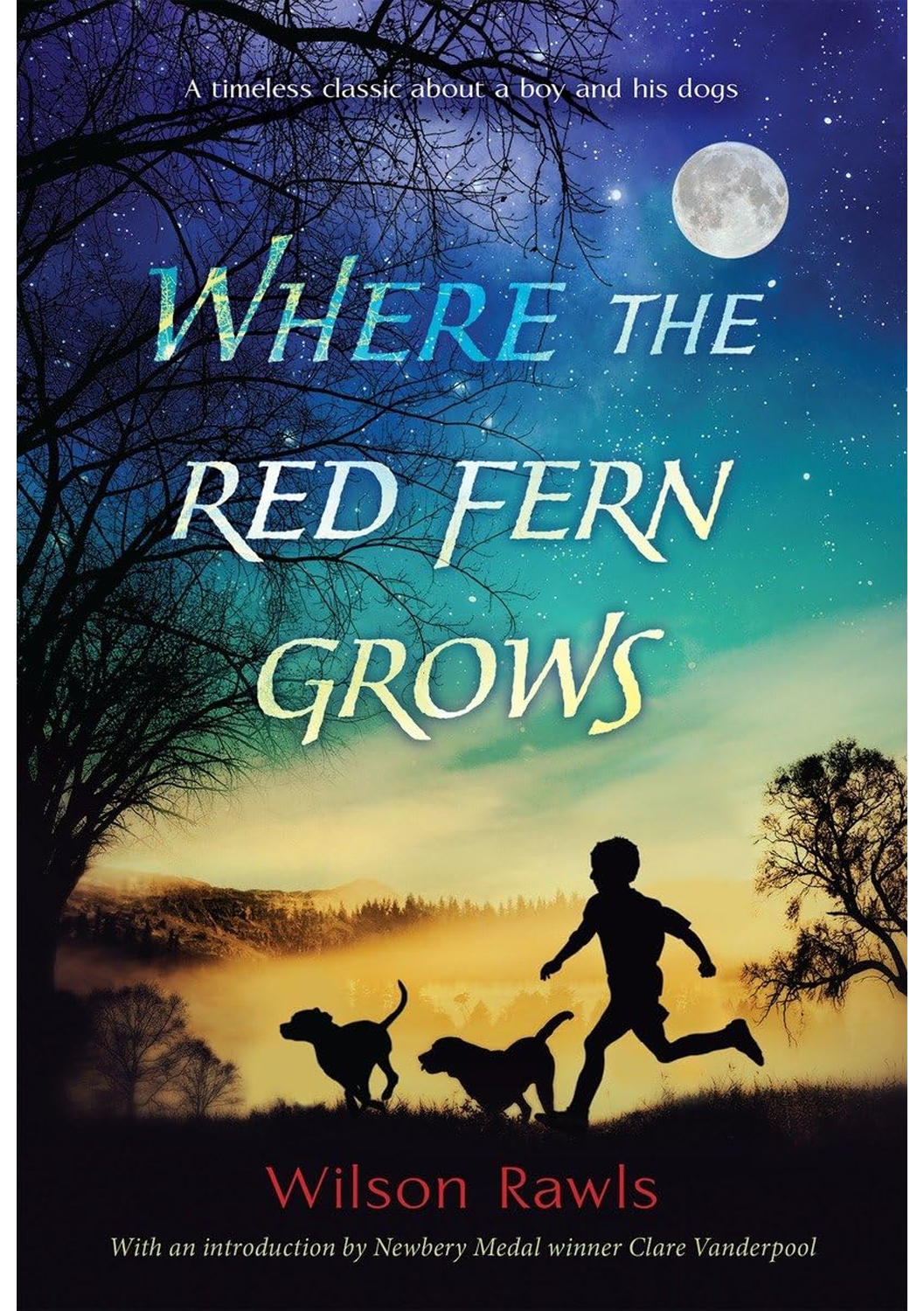
Where the Red Fern Grows
by Wilson Rawls
Billy has long dreamt of owning not one, but two, dogs. So when he’s finally able to save up enough money for two pups to call his own—Old Dan and Little Ann—he’s ecstatic.
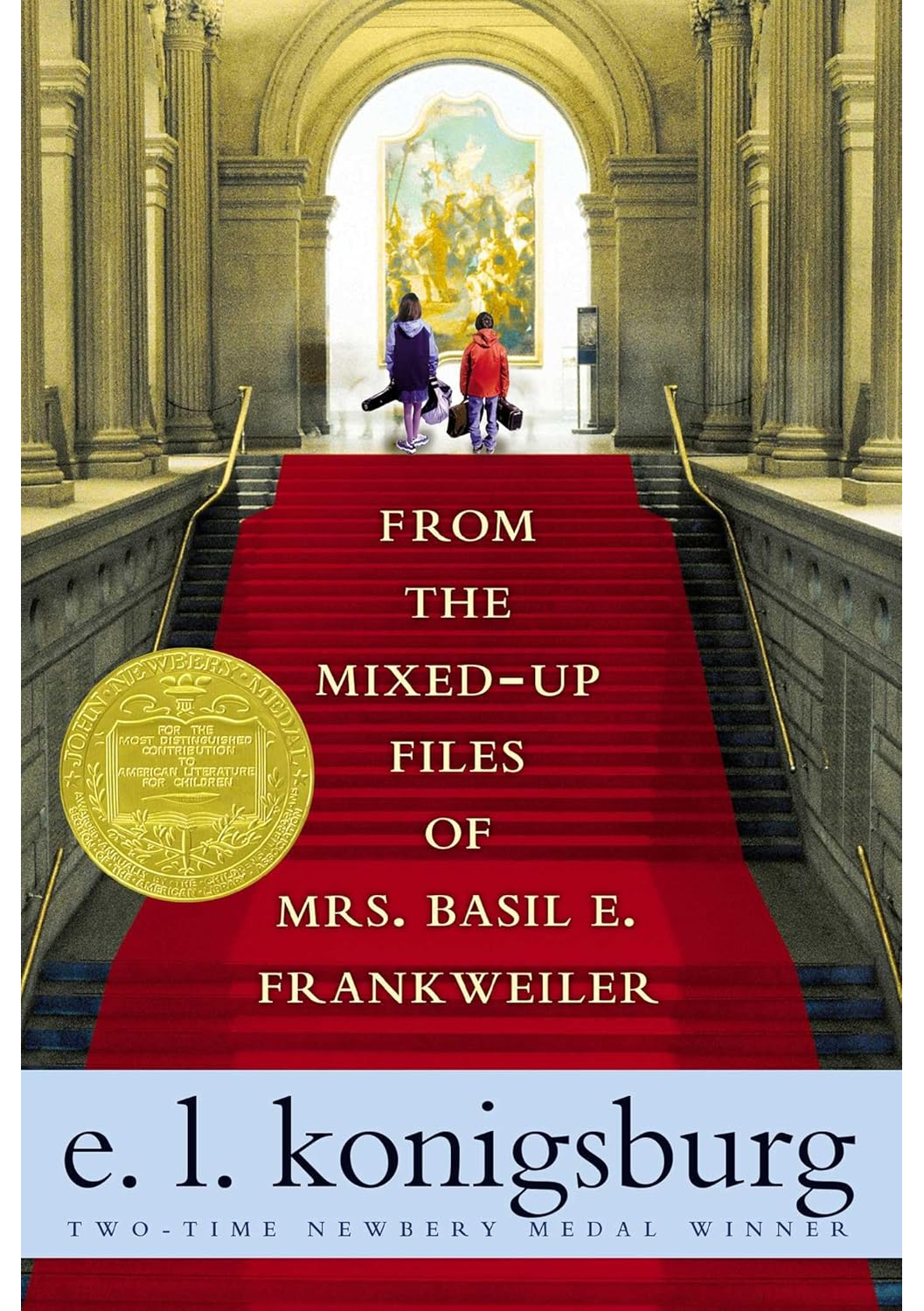
From the Mixed-Up Files of Mrs. Basil E. Frankweiler
by E.L. Konigsburg
Claudia knew that she could never pull off the old-fashioned kind of running away…so she decided not to run FROM somewhere, but TO somewhere.
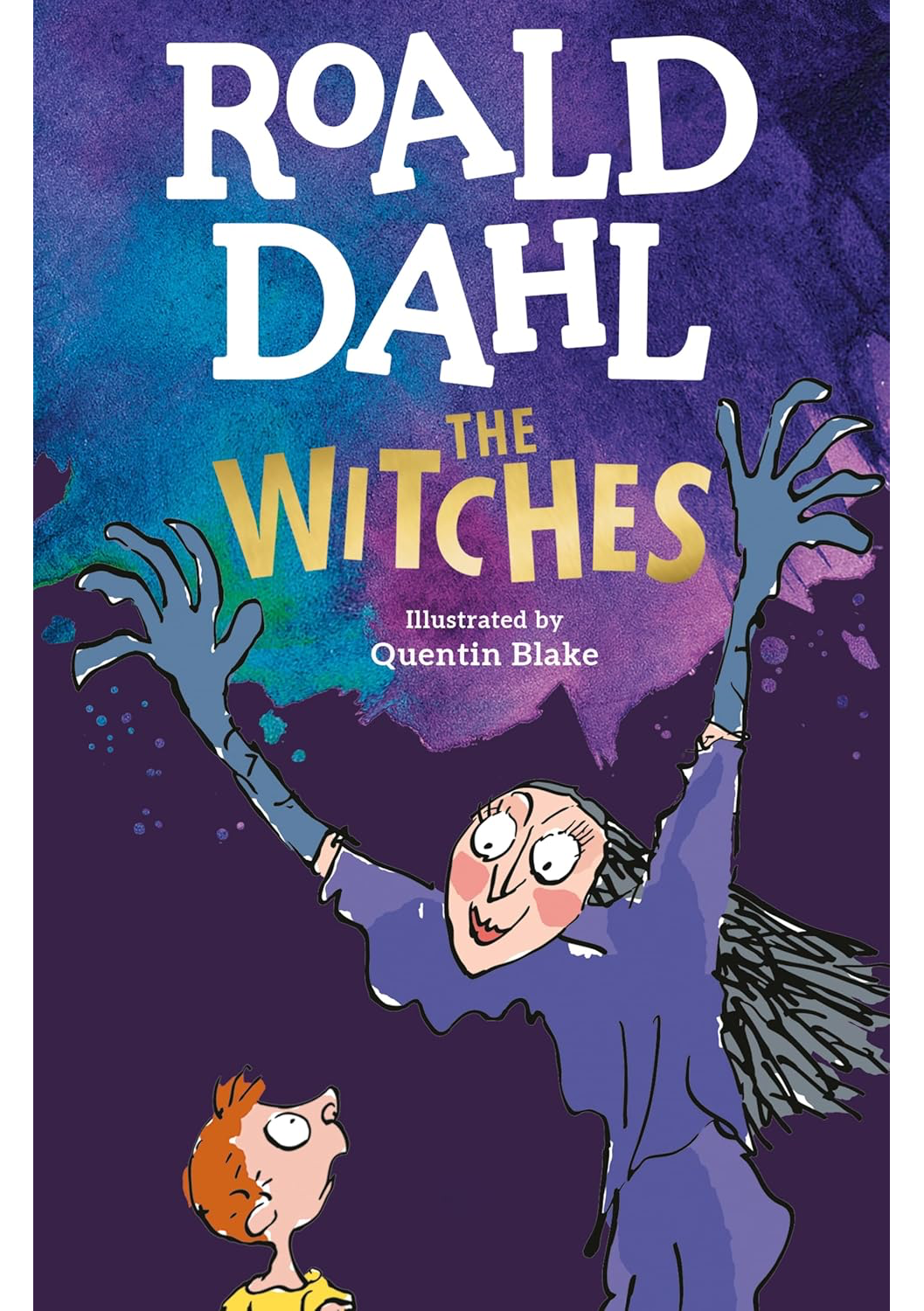
The Witches
by Roald Dahl
Grandmamma loves to tell about witches. Real witches are the most dangerous of all living creatures on earth. There’s nothing they hate so much as children, and they work all kinds of terrifying spells to get rid of them.
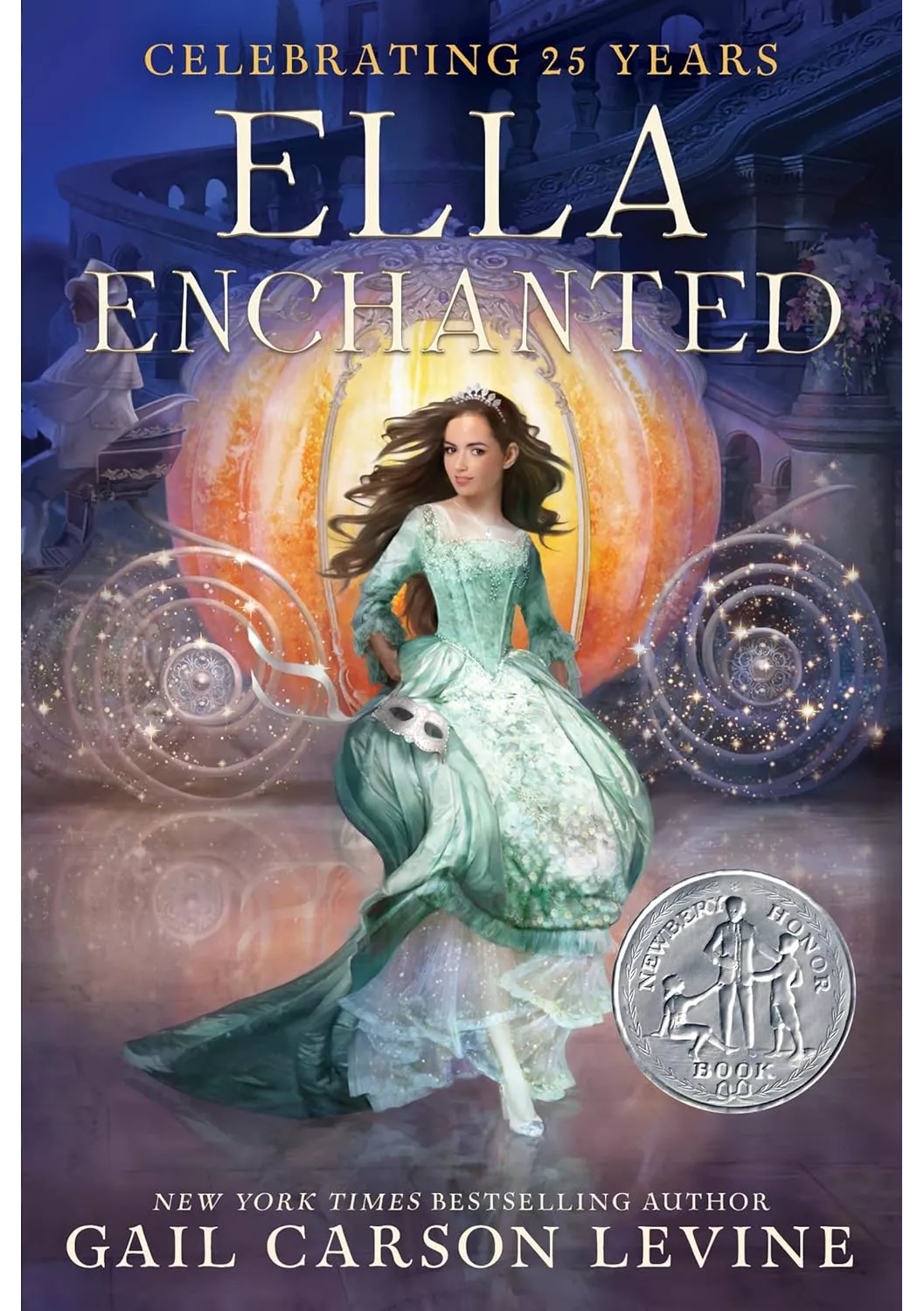
Ella Enchanted
by Gail Carson Levine
At her birth, Ella of Frell receives a foolish fairy’s gift—the “gift” of obedience. Ella must obey any order, whether it’s to hop on one foot for a day and a half, or to chop off her own head!
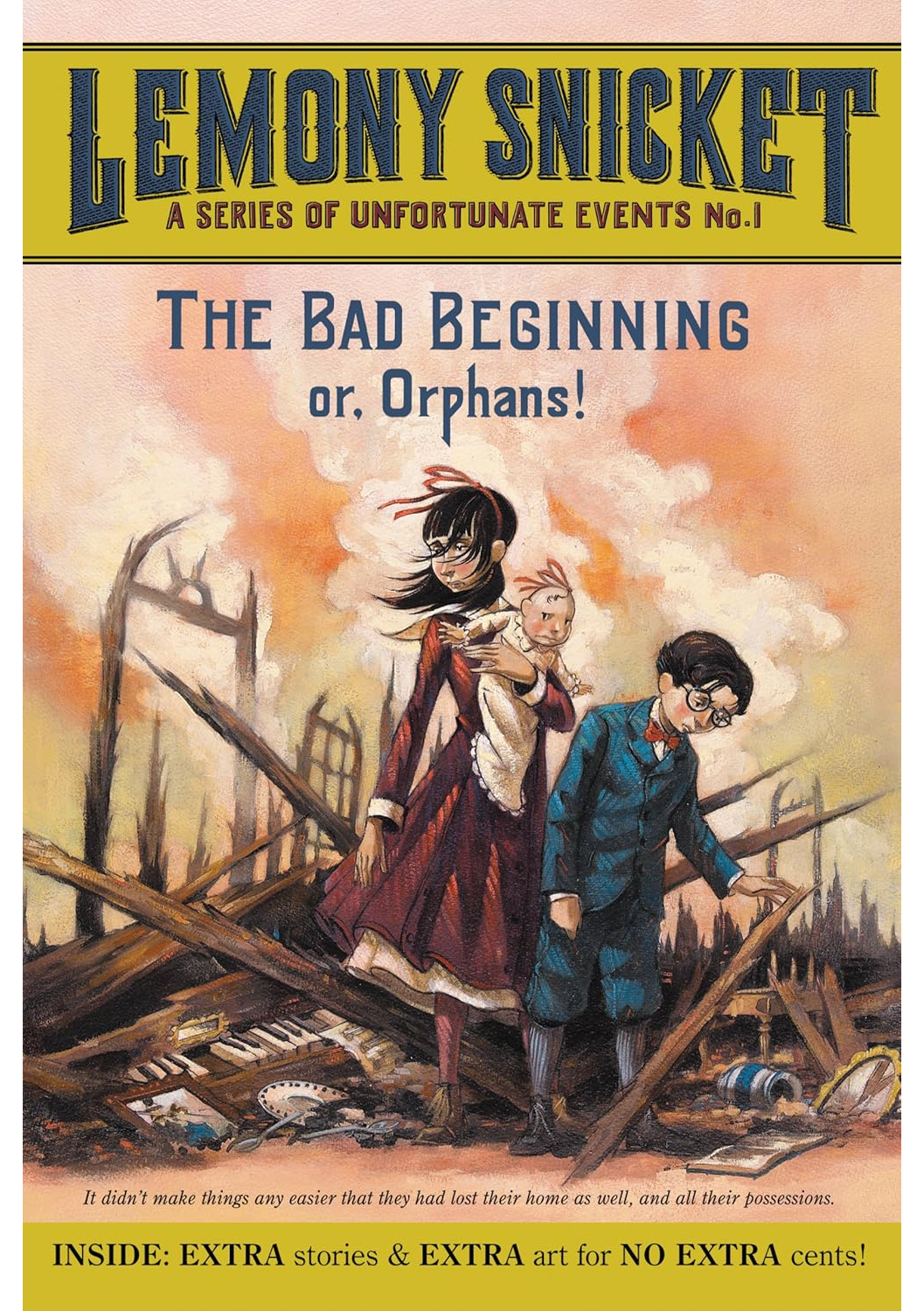
The Bad Beginning: Or, Orphans!
by Lemony Snicket
It is likely that your answers will reveal A Series of Unfortunate Events to be ill-suited for your personal use. A librarian, bookseller, or acquaintance should be able to suggest books more appropriate for your fragile temperament. But to the rarest of readers we say, “Proceed, but cautiously.”
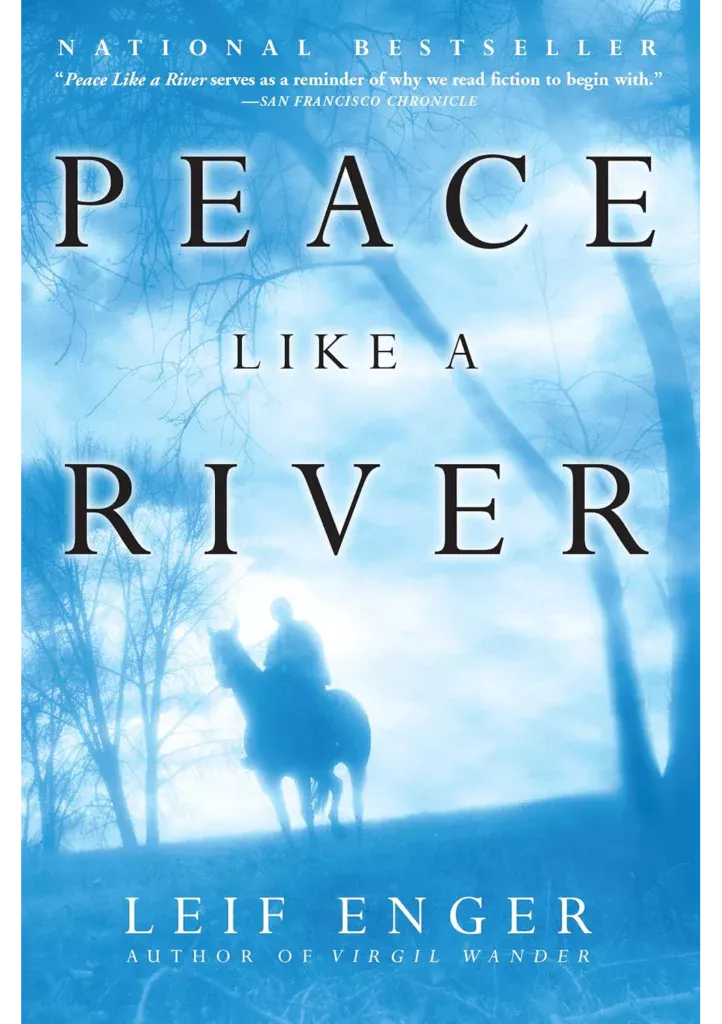
Peace Like a River
by Leif Enger
Enger brings us eleven-year-old Reuben Land, an asthmatic boy in the Midwest who has reason to believe in miracles. Along with his sister and father, Reuben finds himself on a cross-country search for his outlaw older brother who has been charged with murder.
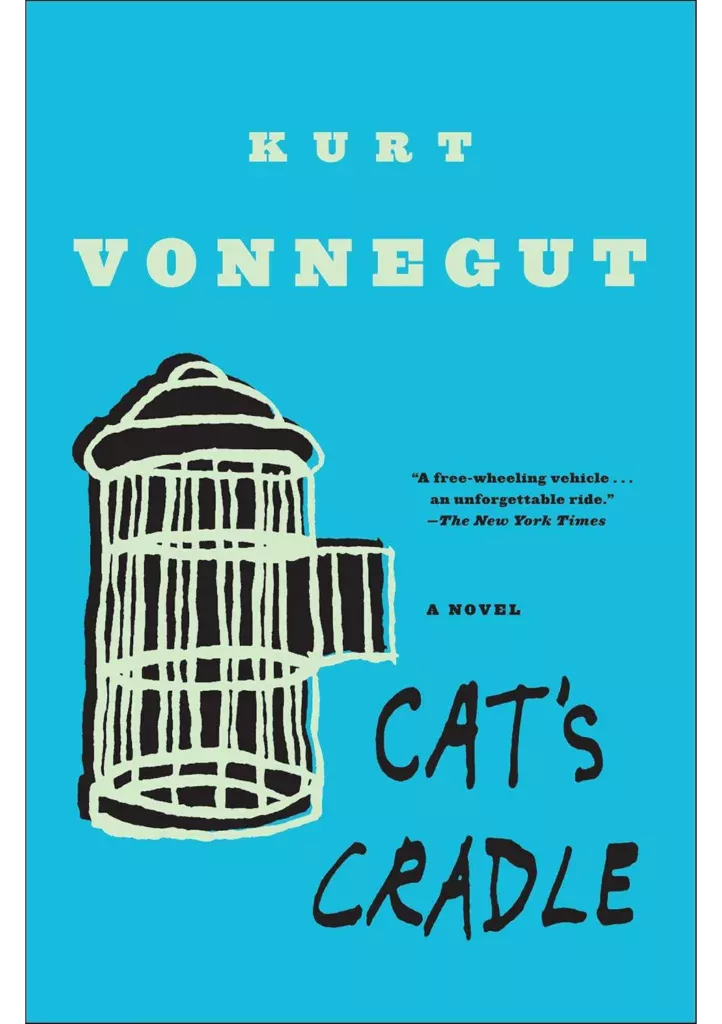
Cat’s Cradle
by Kurt Vonnegut
An apocalyptic tale of this planet’s ultimate fate, it features a midget as the protagonist, a complete, original theology created by a calypso singer, and a vision of the future that is at once blackly fatalistic and hilariously funny.
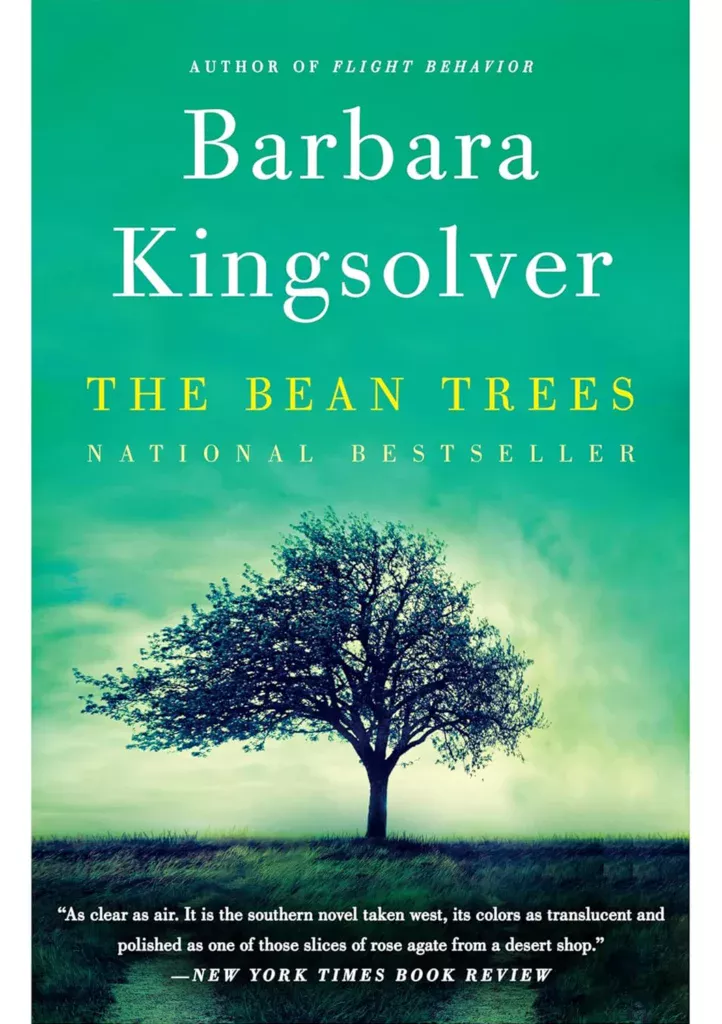
The Bean Trees
by Barbara Kingsolver
It is the charming, engrossing tale of rural Kentucky native Taylor Greer, who only wants to get away from her roots and avoid getting pregnant. She succeeds, but inherits a 3-year-old native-American little girl named Turtle along the way, and together, from Oklahoma to Tucson, Arizona, half-Cherokee Taylor and her charge search for a new life in the West.
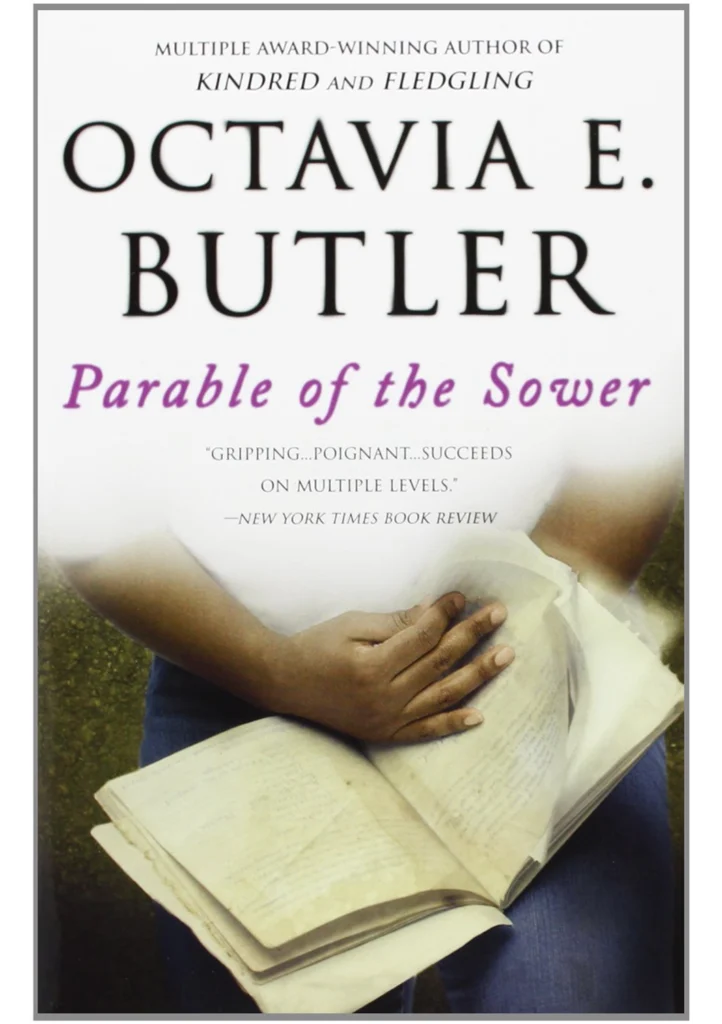
Parable of the Sower
by Octavia E. Butler
When global climate change and economic crises lead to social chaos in the early 2020s, California becomes full of dangers, from pervasive water shortage to masses of vagabonds who will do anything to live to see another day.
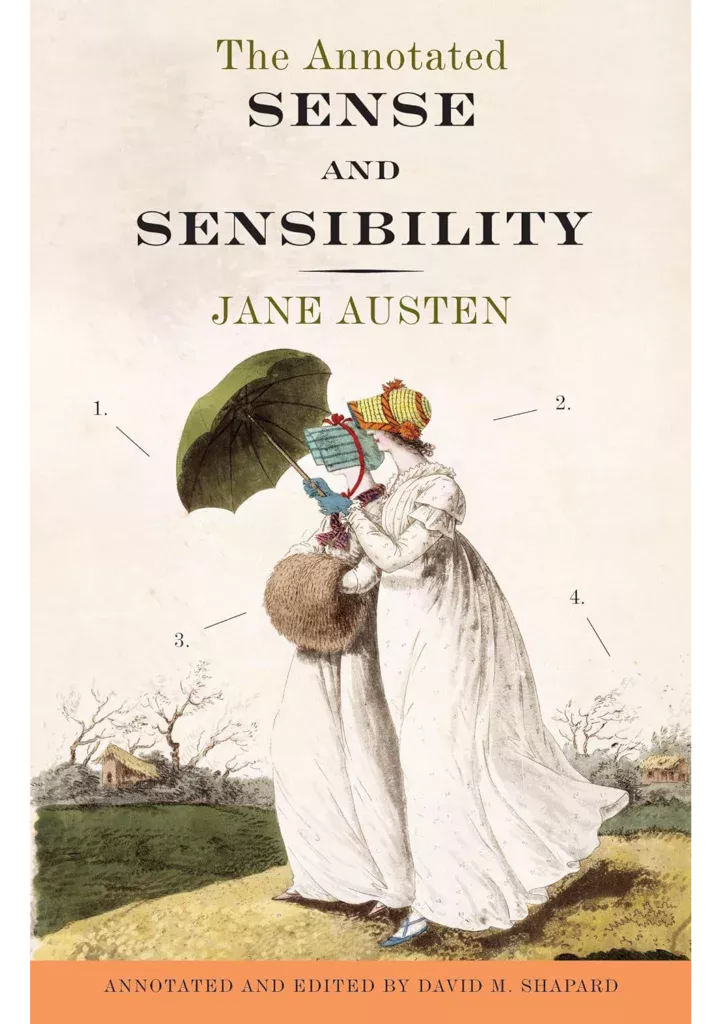
The Annotated Sense and Sensibility
by Jane Austen
Filled with fascinating information about everything from the rules of inheritance that could leave a wealthy man’s daughters almost penniless to the fashionable cult of sensibility that Austen so brilliantly satirizes, David M. Shapard’s Annotated Sense and Sensibility is an entertaining and edifying delight.
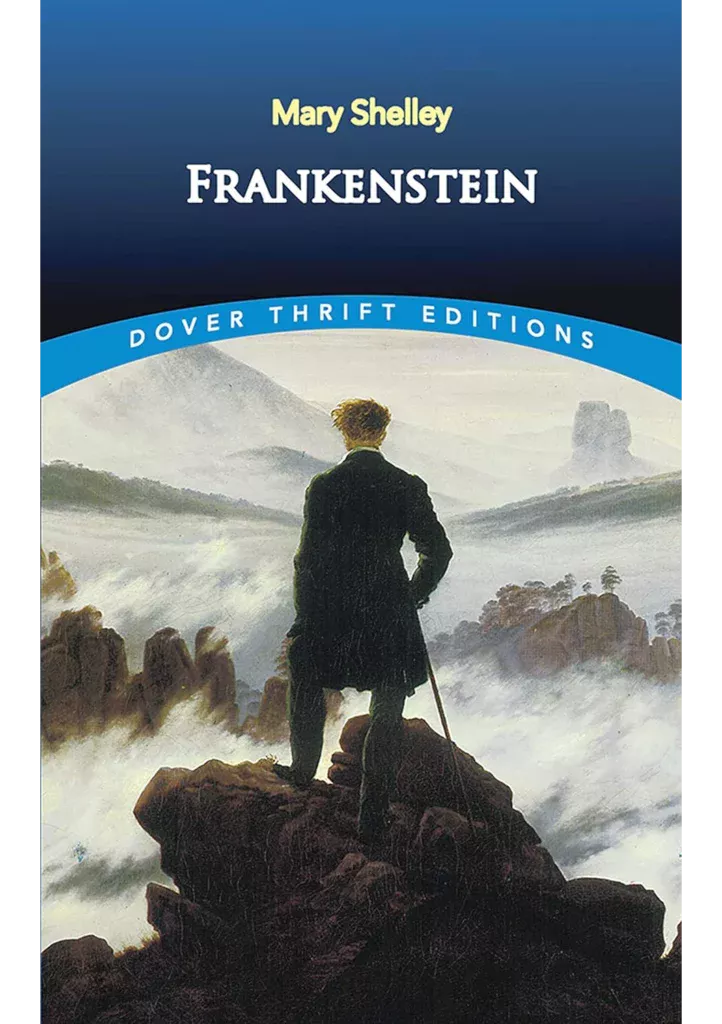
Frankenstein
by Mary Shelley
The story of Victor Frankenstein’s terrible creation and the havoc it caused has enthralled generations of readers and inspired countless writers of horror and suspense. Considering the gothic novel’s enduring success, it is remarkable that it began merely as a whim of Lord Byron’s.
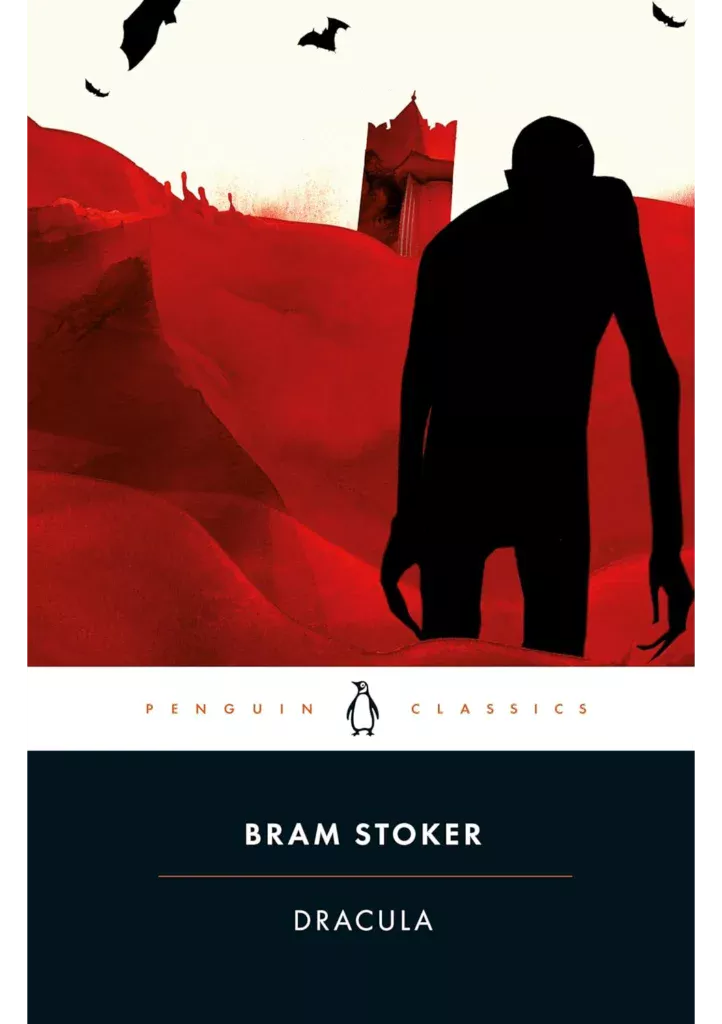
Dracula
by Bram Stoker
When Jonathan Harker visits Transylvania to help Count Dracula purchase a London house, he makes horrifying discoveries in his client’s castle.
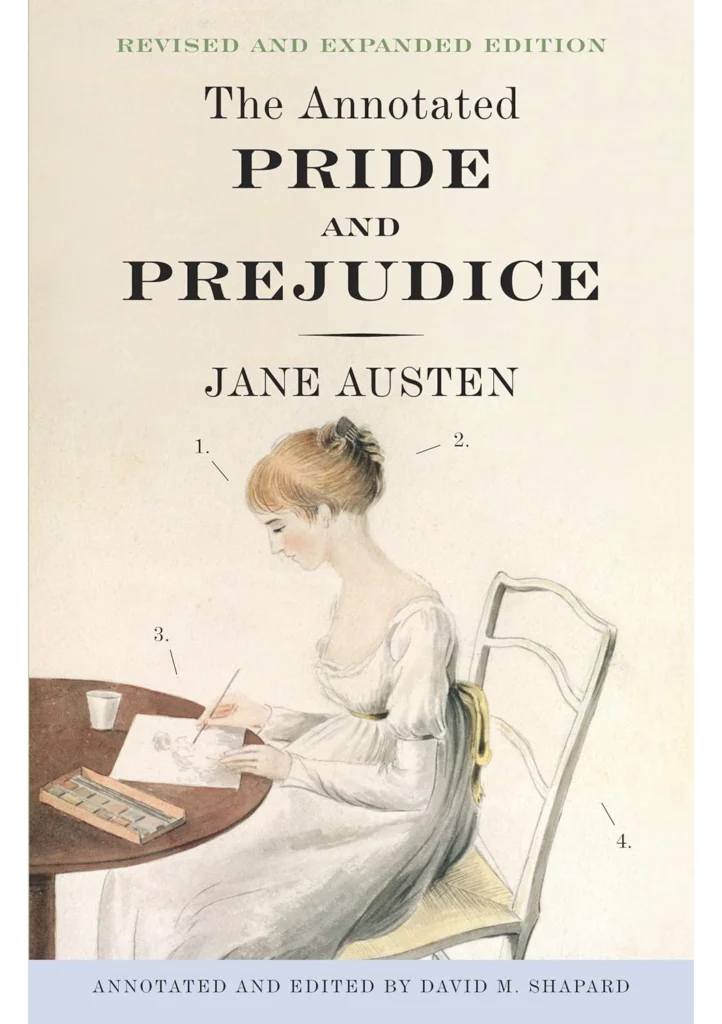
The Annotated Pride and Prejudice
by Jane Austen
Of course, one can enjoy the novel without knowing the precise definition of a gentleman, or what it signifies that a character drives a coach rather than a hack chaise, or the rules governing social interaction at a ball, but readers of The Annotated Pride and Prejudice will find that these kinds of details add immeasurably to understanding and enjoying the intricate psychological interplay of Austen’s immortal characters.
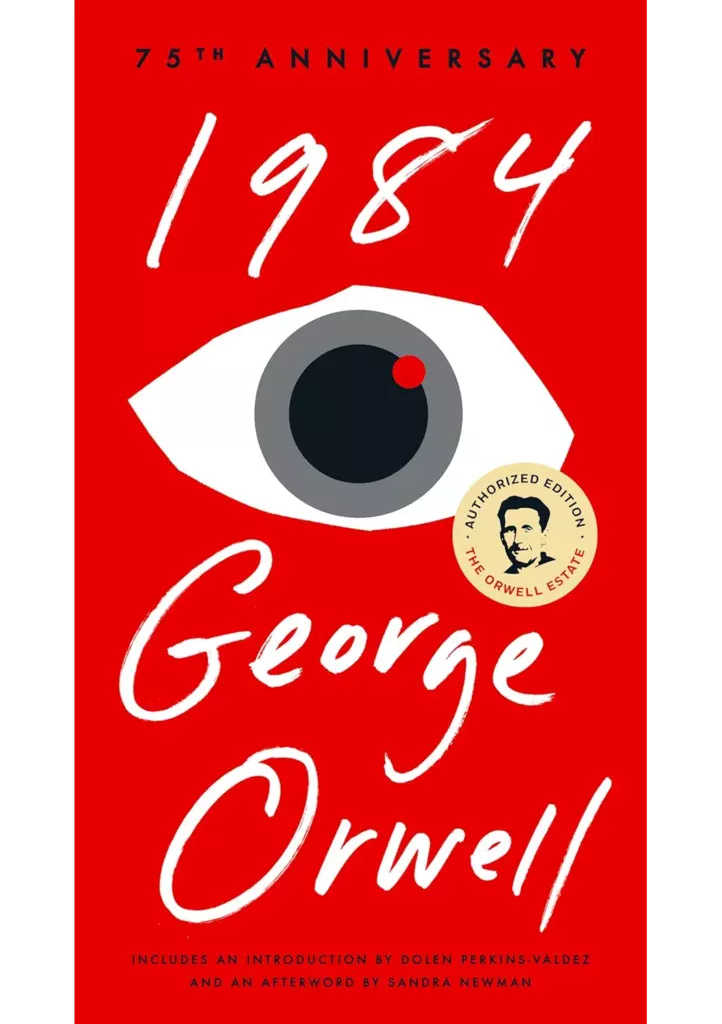
1984
by George Orwell
Winston Smith toes the Party line, rewriting history to satisfy the demands of the Ministry of Truth. With each lie he writes, Winston grows to hate the Party that seeks power for its own sake and persecutes those who dare to commit thoughtcrimes.
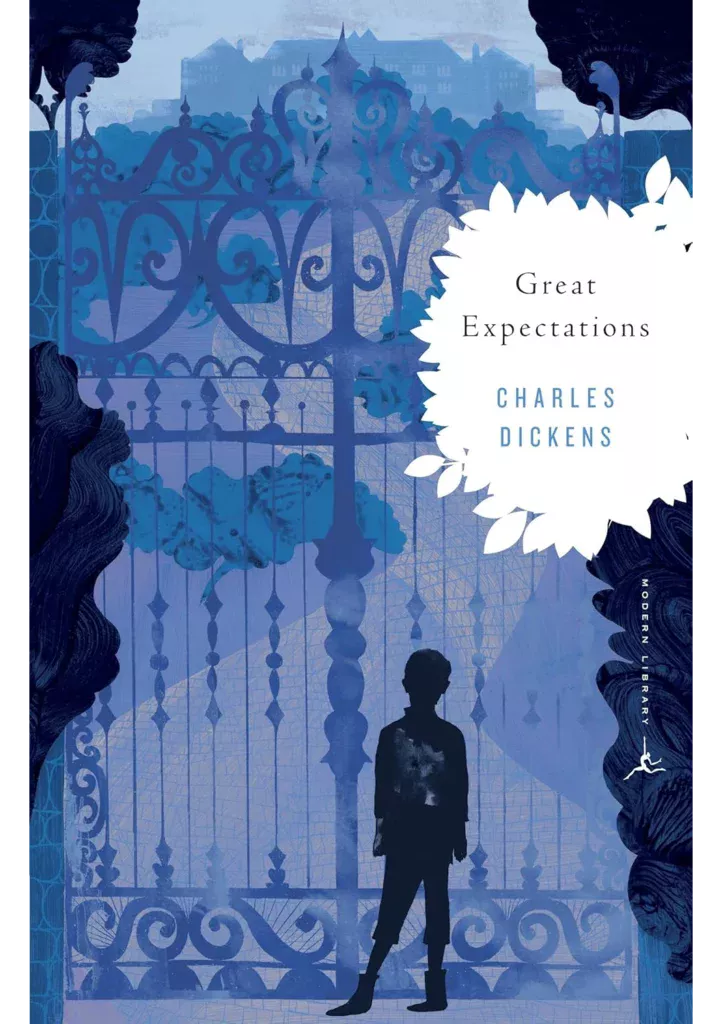
Great Expectations
by Charles Dickens
Pip, a poor orphan being raised by a cruel sister, does not have much in the way of great expectations—until he is inexplicably elevated to wealth by an anonymous benefactor.
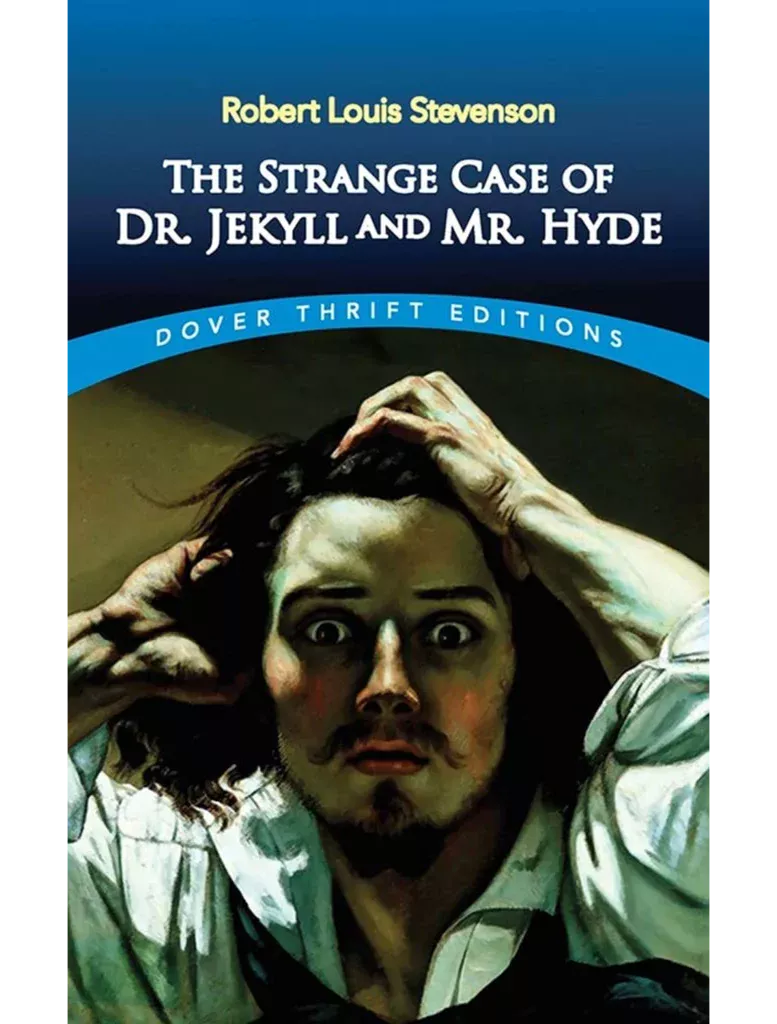
The Strange Case of Dr. Jekyll and Mr. Hyde
by Robert Louis Stevenson
An intriguing combination of fantast thriller and moral allegory, The Strange Case of Dr. Jekyll and Mr. Hyde depicts the gripping struggle of two opposing personalities — one essentially good, the other evil — for the soul of one man.
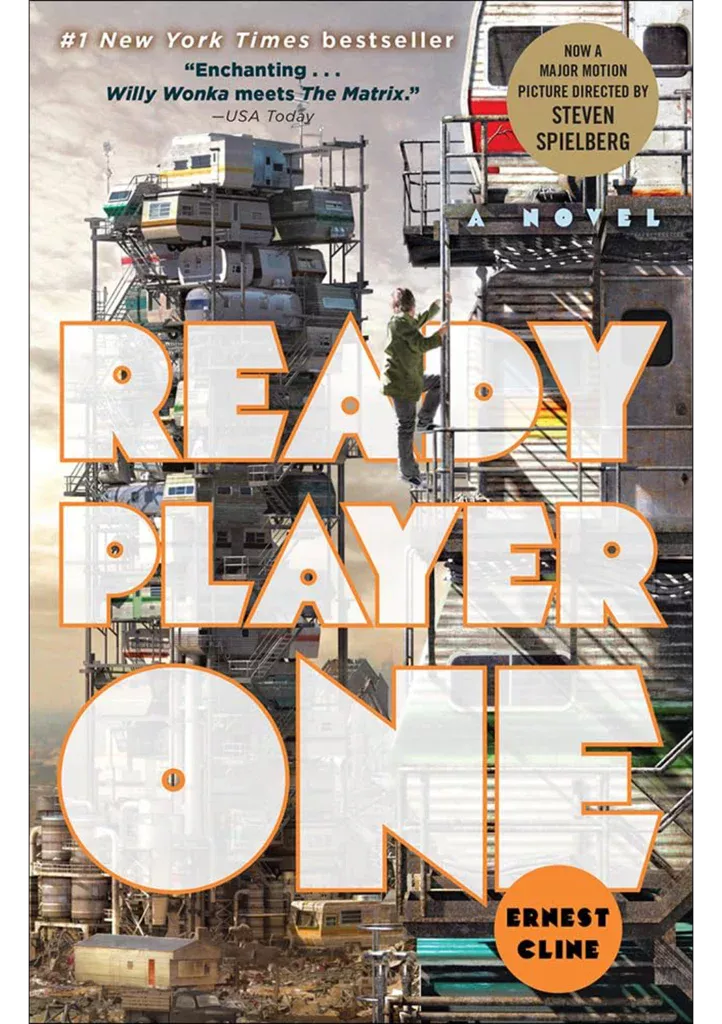
Ready Player One
by Ernest Cline
A world at stake. A quest for the ultimate prize. Are you ready?
In the year 2045, reality is an ugly place. The only time Wade Watts really feels alive is when he’s jacked into the OASIS, a vast virtual world where most of humanity spends their days.
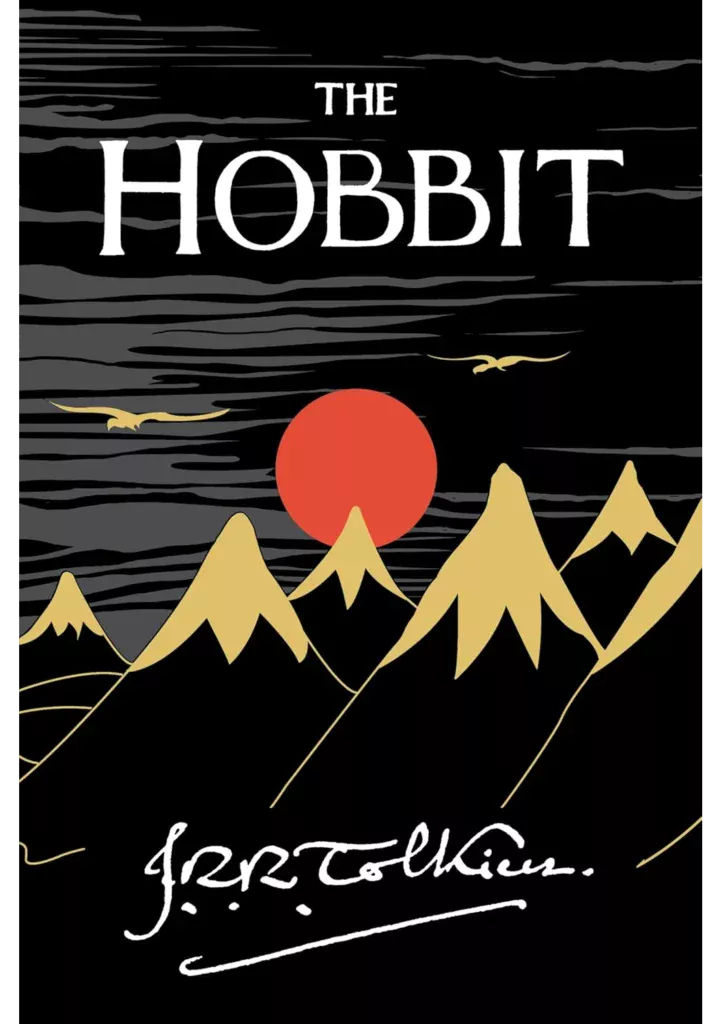
The Hobbit
by J.R.R. Tolkien
Bilbo Baggins is a hobbit who enjoys a comfortable, unambitious life, rarely traveling any farther than his pantry or cellar. But his contentment is disturbed when the wizard Gandalf and a company of dwarves arrive on his doorstep one day to whisk him away on an adventure.
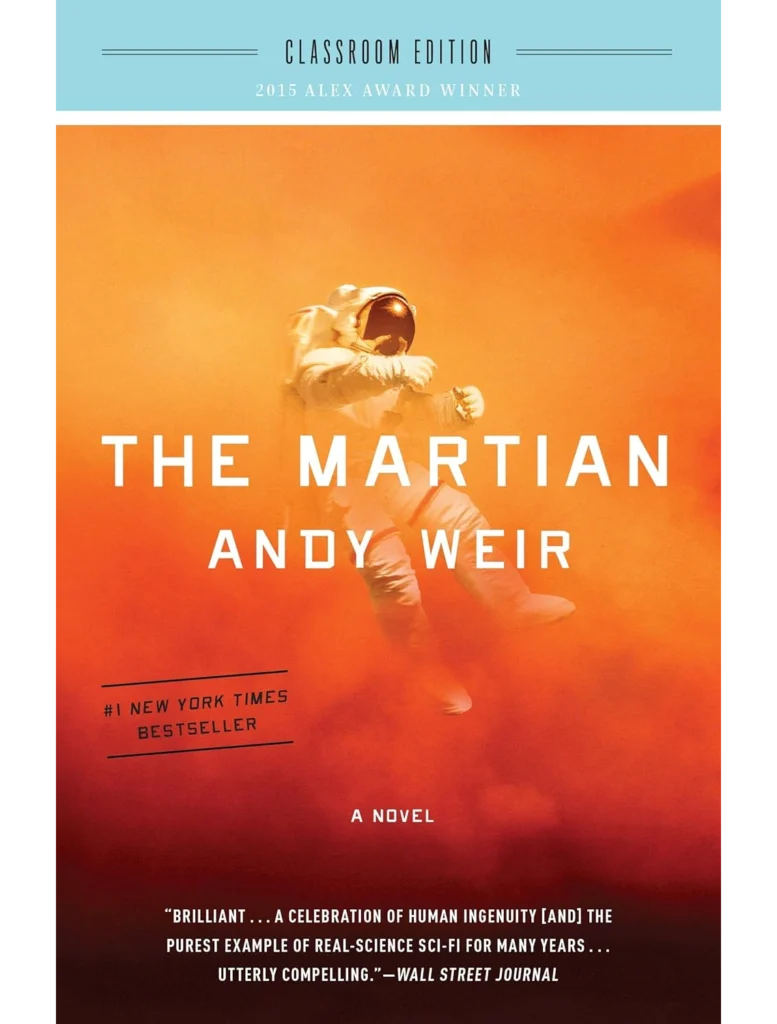
The Martian
by Andy Weir
Six days ago, astronaut Mark Watney became one of the first people to walk on Mars. Now, he’s sure he’ll be the first person to die there. After a dust storm nearly kills him and forces his crew to evacuate while thinking him dead, Mark finds himself stranded and completely alone with no way to even signal Earth that he’s alive—and even if he could get word out, his supplies would be gone long before a rescue could arrive.
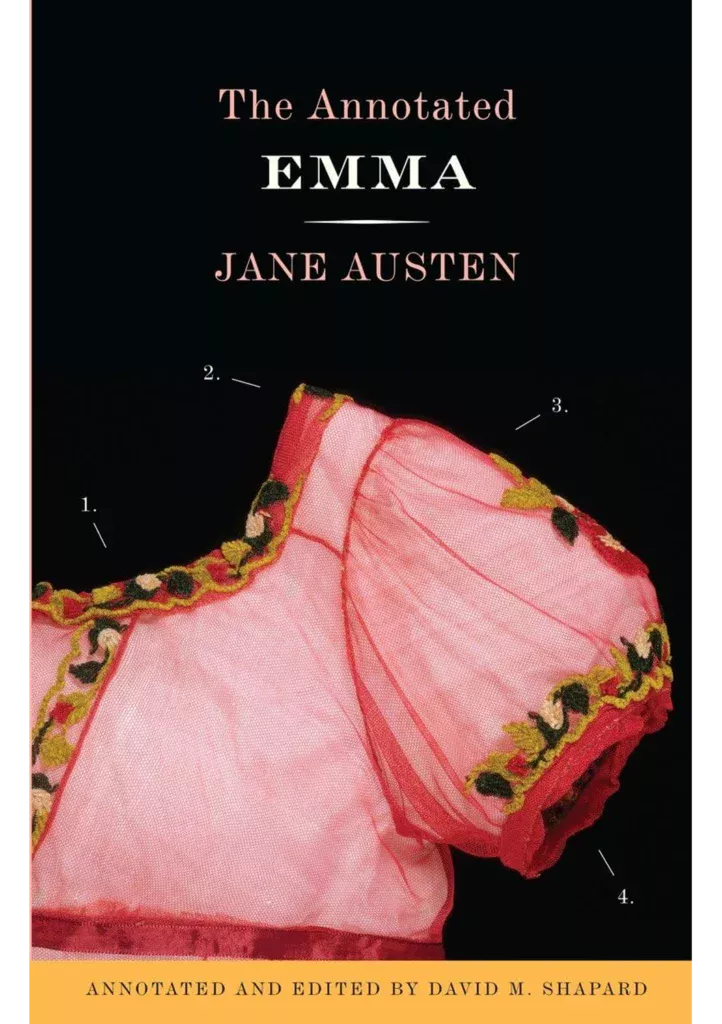
The Annotated Emma
by Jane Austen
From the editor of the popular Annotated Pride and Prejudice comes an annotated edition of Jane Austen’s Emma that makes her beloved tale of an endearingly inept matchmaker an even more satisfying read.
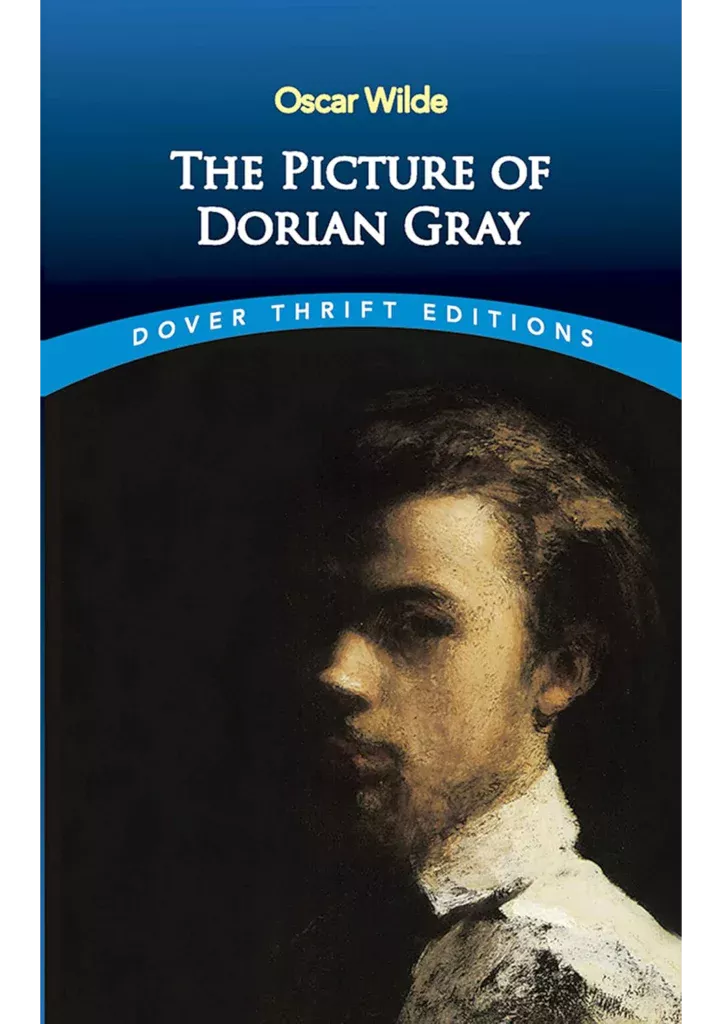
The Picture of Dorian Gray
by Oscar Wilde
As Dorian Gray sinks into a life of crime and gross sensuality, his body retains perfect youth and vigor while his recently painted portrait grows day by day into a hideous record of evil, which he must keep hidden from the world.
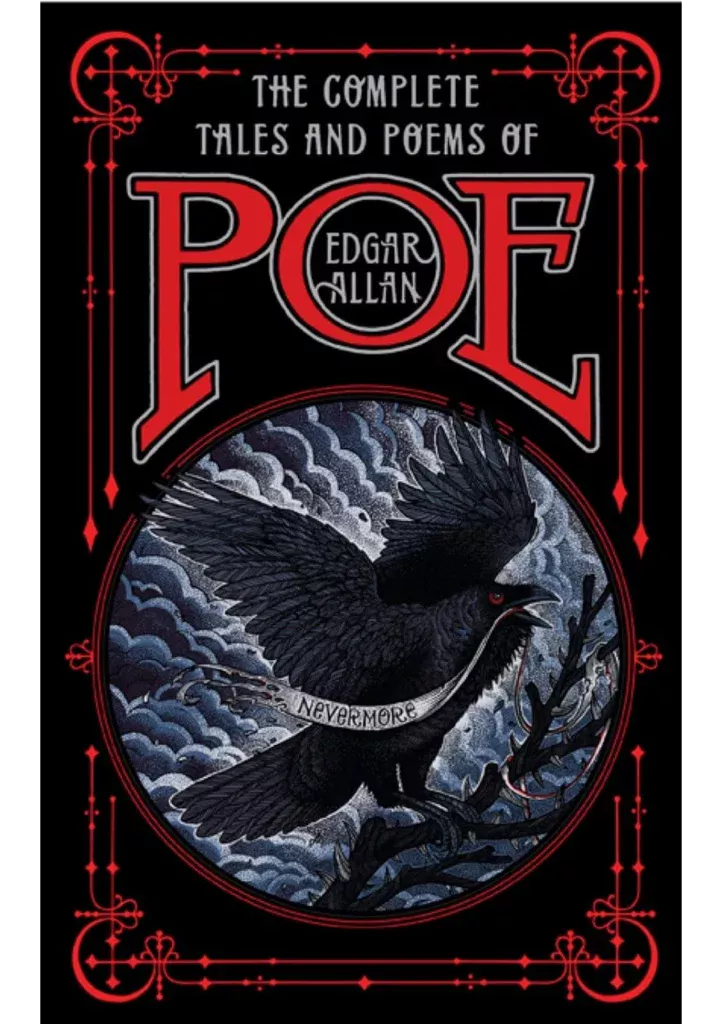
Complete Tales & Poems Of Edgar Allan Poe
by Edgar Allan Poe
One of the most original American writers, Edgar Allan Poe shaped the development of both the detectvie story and the science-fiction story. Some of his poems—”The Raven,” “The Bells,” “Annabel Lee”—remain among the most popular in American literature. Poe’s tales of the macabre still thrill readers of all ages.
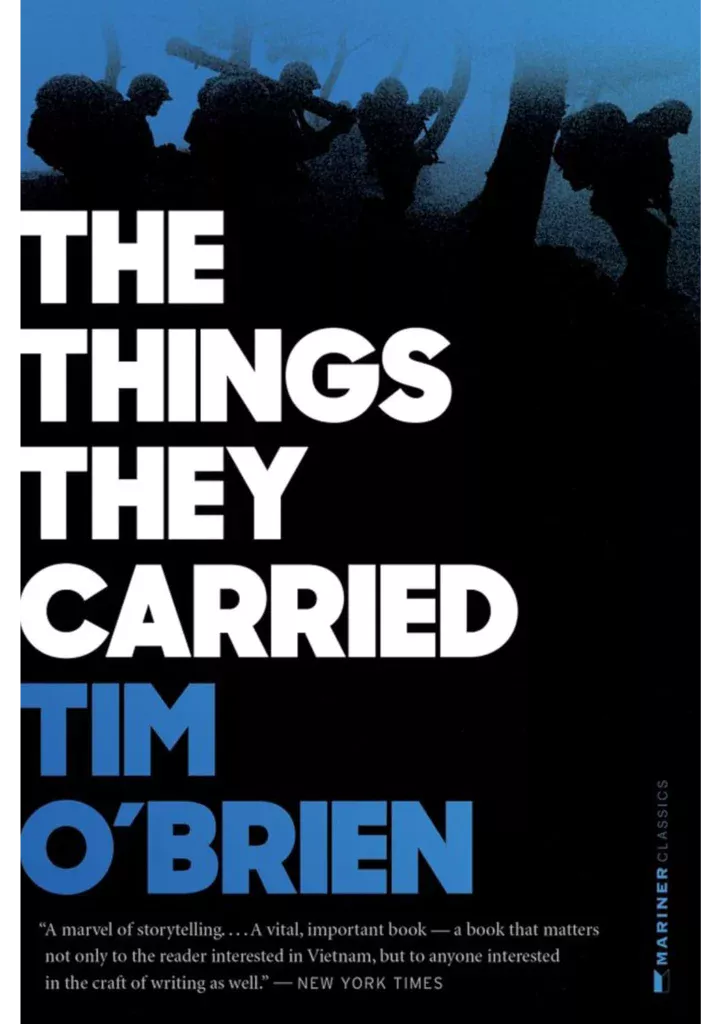
The Things They Carried
by Tim O’Brien
A classic work of American literature that has not stopped changing minds and lives since it burst onto the literary scene, The Things They Carried is a ground-breaking meditation on war, memory, imagination, and the redemptive power of storytelling.
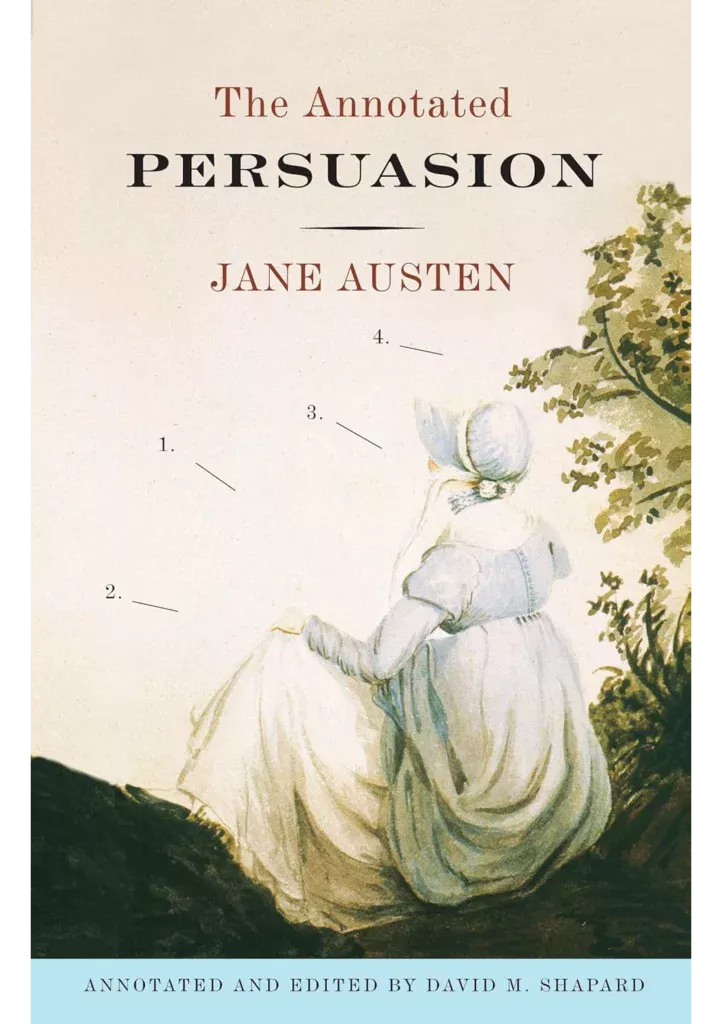
The Annotated Persuasion
by Jane Austen
From the editor of the popular Annotated Pride and Prejudice comes an annotated edition of Jane Austen’s Persuasion that makes the beloved novel an even more satisfying and fulfilling read.
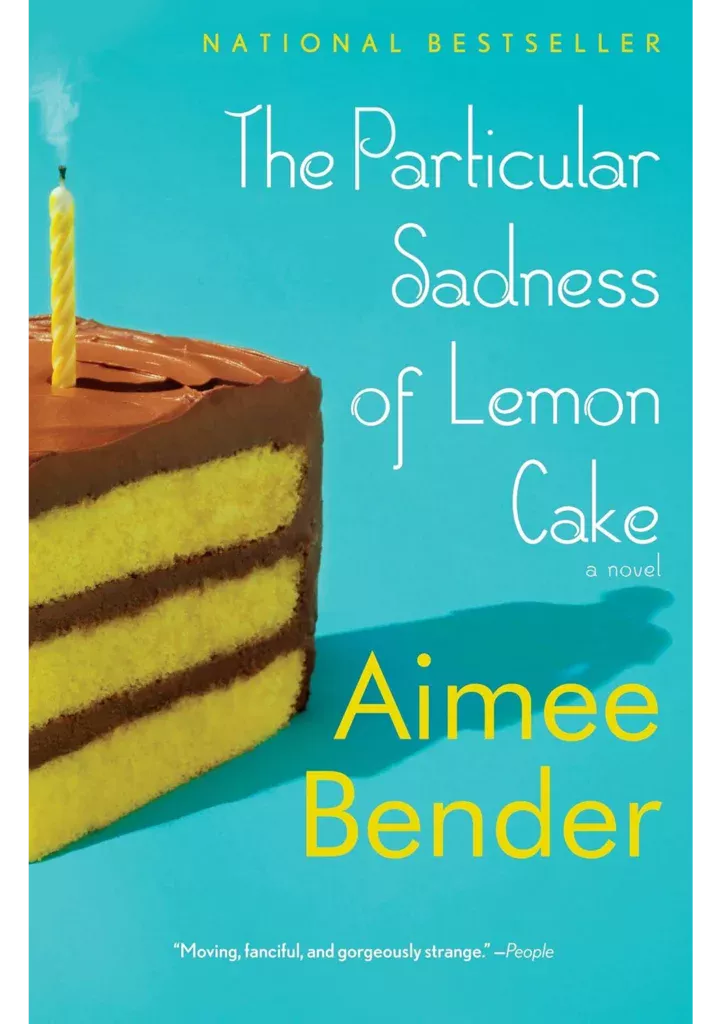
The Particular Sadness of Lemon Cake
by Aimee Bender
On the eve of her ninth birthday, unassuming Rose Edelstein bites into her mother’s homemade lemon-chocolate cake and discovers she has a magical gift: she can taste her mother’s emotions in the slice. To her horror, she finds that her cheerful mother tastes of despair.
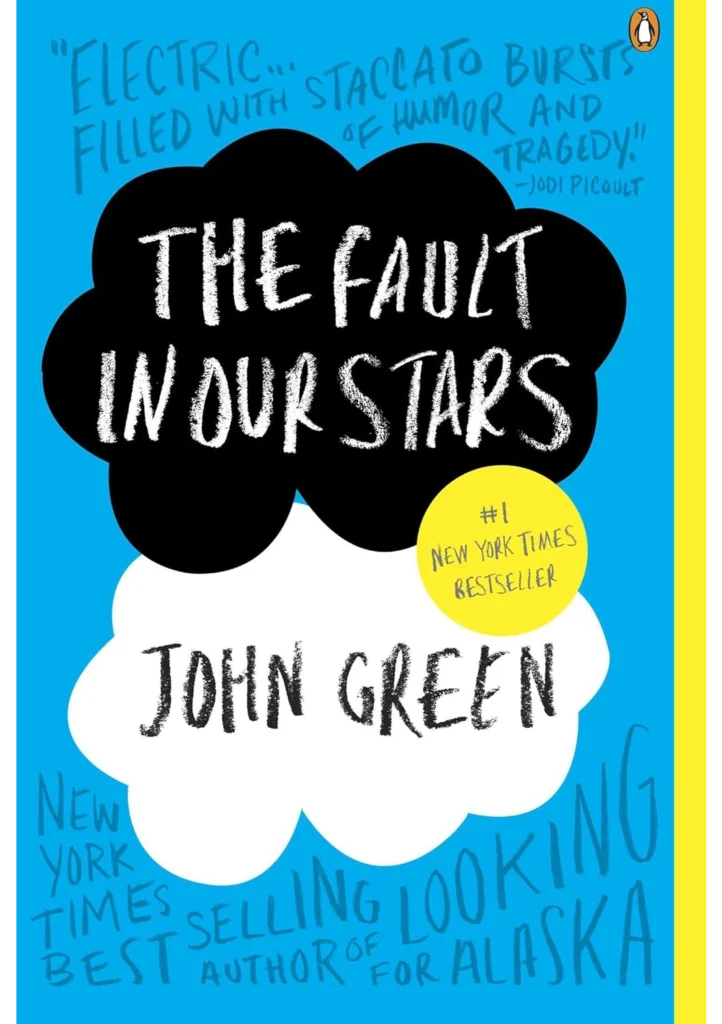
The Fault in Our Stars
by John Green
Despite the tumor-shrinking medical miracle that has bought her a few years, Hazel has never been anything but terminal, her final chapter inscribed upon diagnosis.
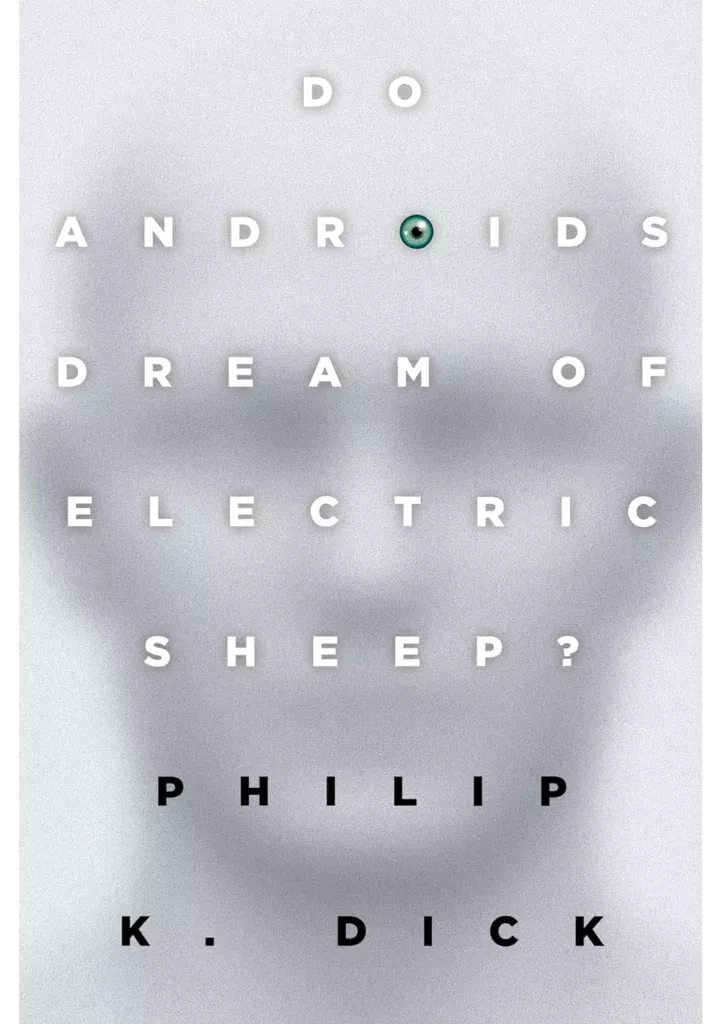
Do Androids Dream of Electric Sheep?
by Philip K. Dick
By 2021, the World War has killed millions, driving entire species into extinction and sending mankind off-planet. Those who remain covet any living creature, and for people who can’t afford one, companies built incredibly realistic simulacra: horses, birds, cats, sheep.
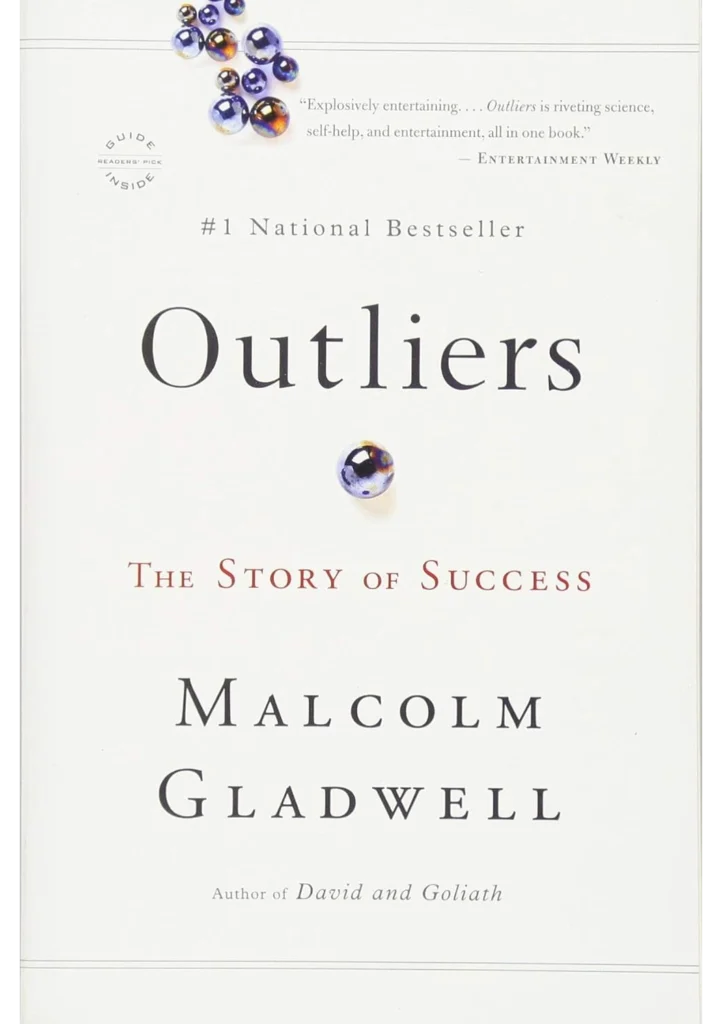
Outliers
by Malcolm Gladwell
In this stunning new book, Malcolm Gladwell takes us on an intellectual journey through the world of “outliers”–the best and the brightest, the most famous and the most successful. He asks the question: what makes high-achievers different?
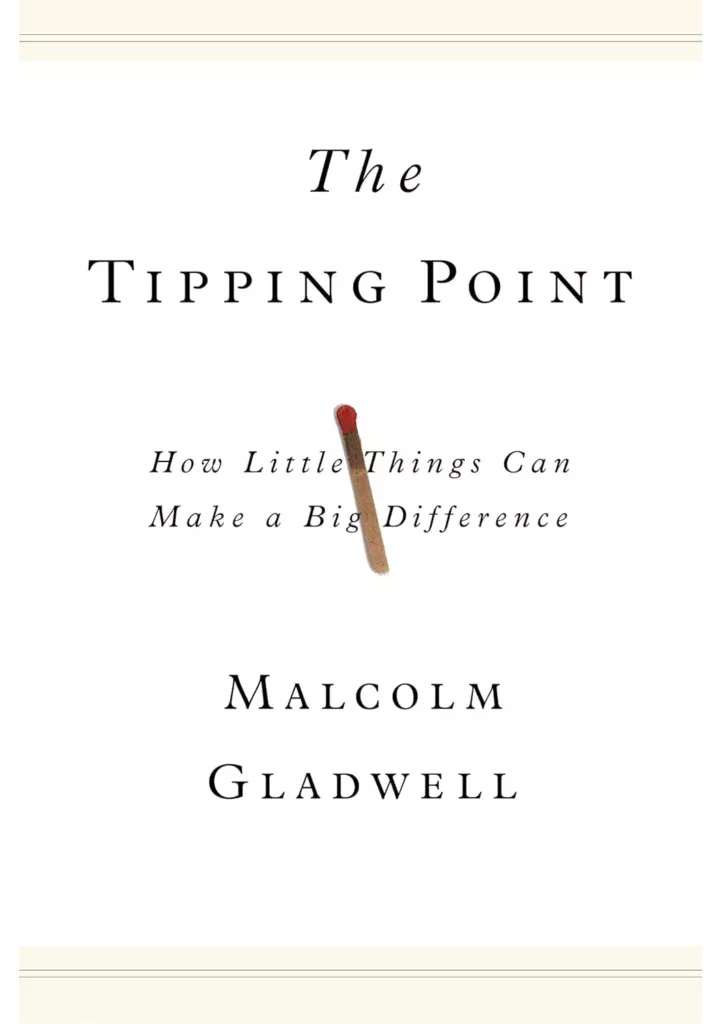
The Tipping Point
by Malcolm Gladwell
The tipping point is that magic moment when an idea, trend, or social behavior crosses a threshold, tips, and spreads like wildfire. Just as a single sick person can start an epidemic of the flu, so too can a small but precisely targeted push cause a fashion trend, the popularity of a new product, or a drop in the crime rate.
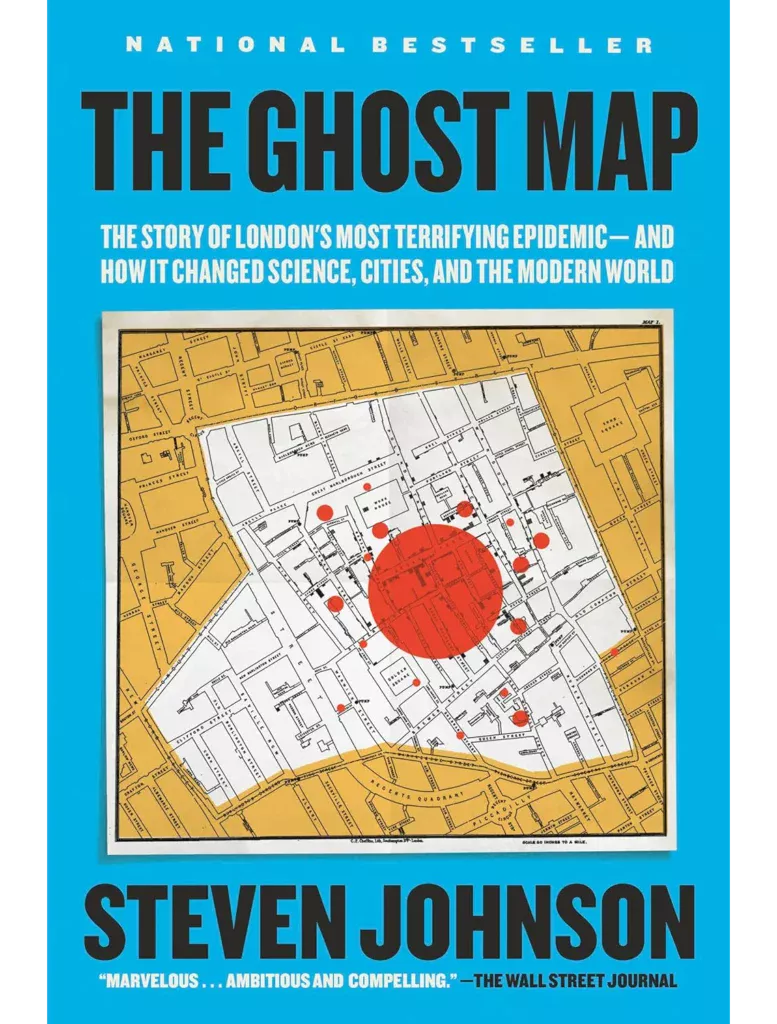
The Ghost Map
by Steven Johnson
t’s the summer of 1854, and London is just emerging as one of the first modern cities in the world. But lacking the infrastructure-garbage removal, clean water, sewers-necessary to support its rapidly expanding population, the city has become the perfect breeding ground for a terrifying disease no one knows how to cure.
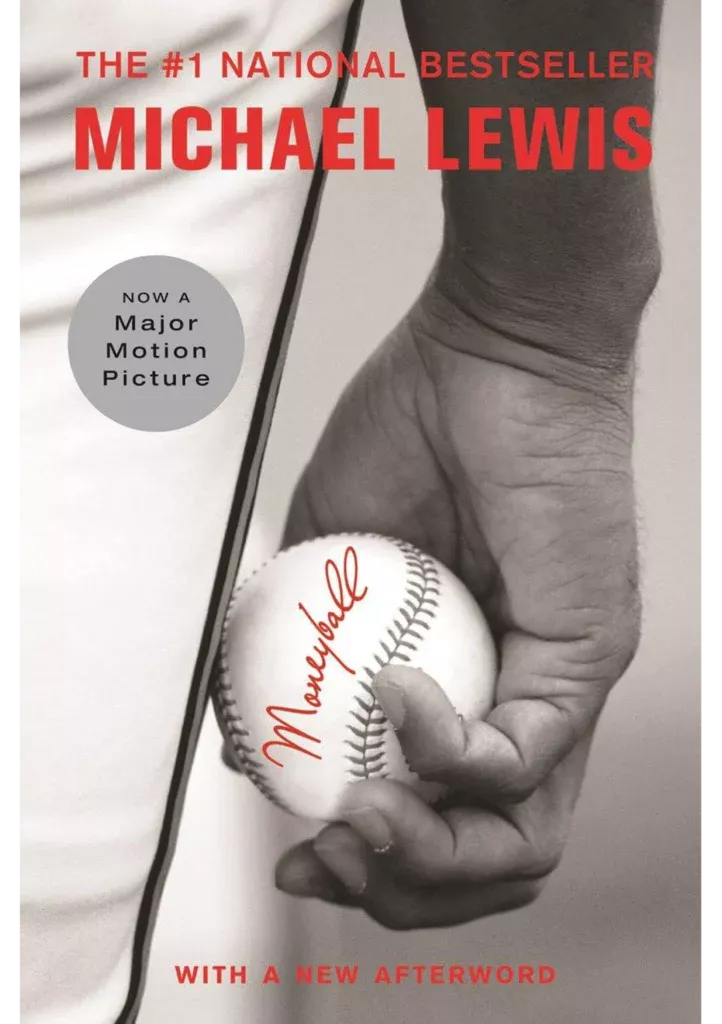
Moneyball
by Michael Lewis
Moneyball is a quest for the secret of success in baseball. In a narrative full of fabulous characters and brilliant excursions into the unexpected, Michael Lewis follows the low-budget Oakland A’s, visionary general manager Billy Beane, and the strange brotherhood of amateur baseball theorists.
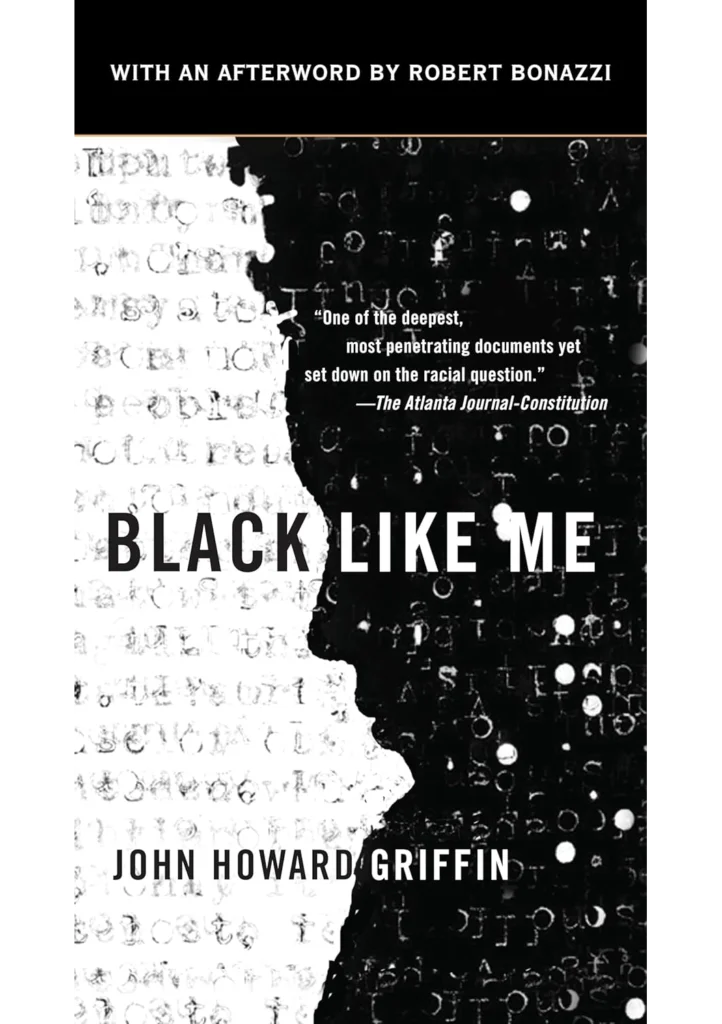
Black Like Me
by John Howard Griffin
In the Deep South of the 1950’s, a color line was etched in blood across Louisiana, Mississippi, Alabama, and Georgia. Journalist John Howard Griffin decided to cross that line.
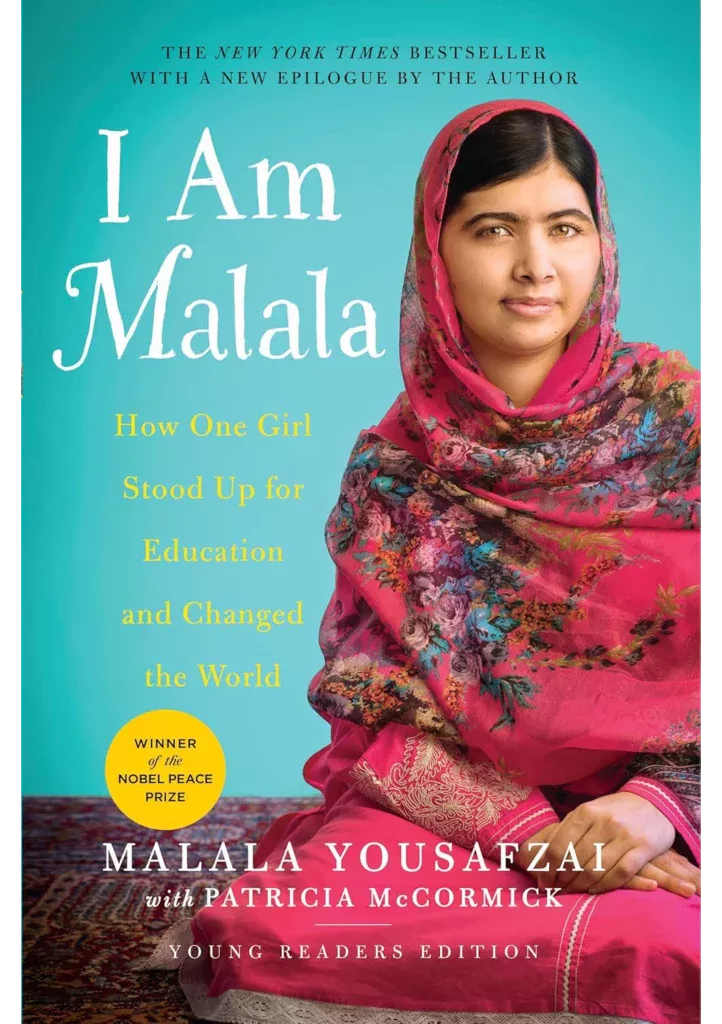
I Am Malala
by John Howard Griffin
Malala Yousafzai was only ten years old when the Taliban took control of her region. They said music was a crime. They said women weren’t allowed to go to the market. They said girls couldn’t go to school.
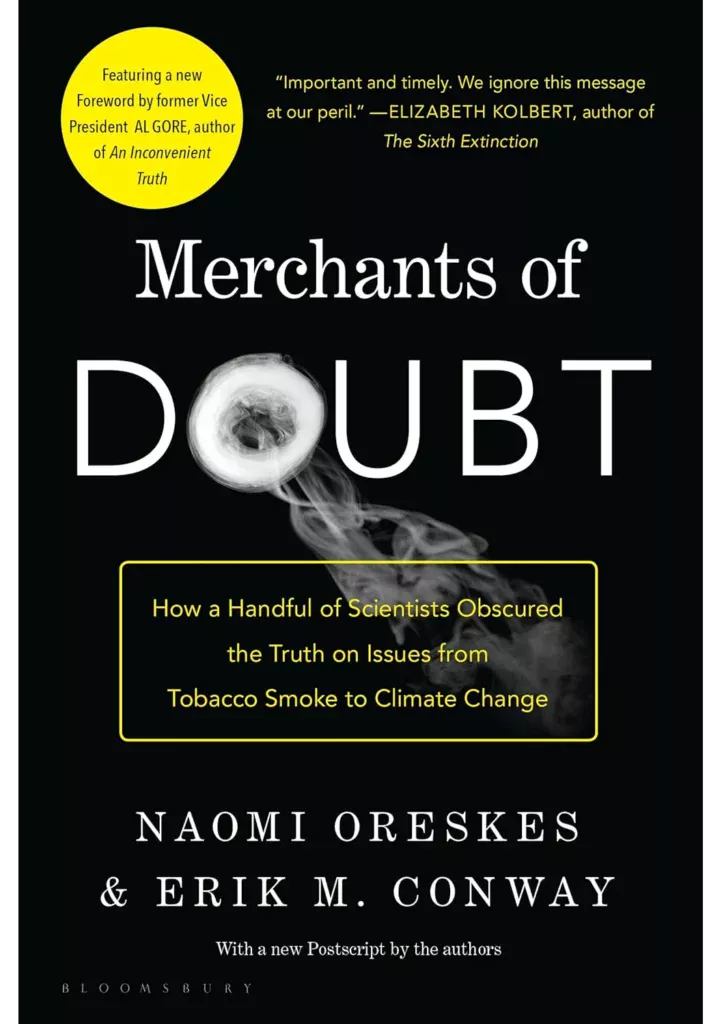
Merchants of Doubt
by Naomi Oreskes
Merchants of Doubt has been praised―and attacked―around the world, for reasons easy to understand. This book tells, with “brutal clarity” (Huffington Post), the disquieting story of how a loose-knit group of high-level scientists and scientific advisers, with deep connections in politics and industry, ran effective campaigns to mislead the public and deny well-established scientific knowledge over four decades.
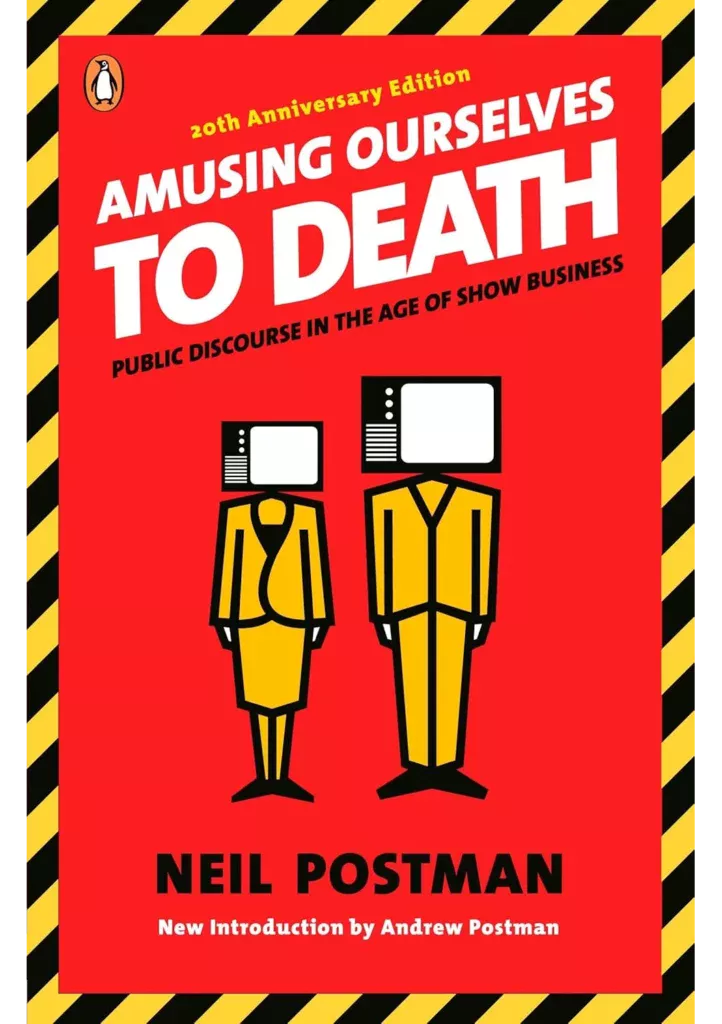
Amusing Ourselves to Death
by Neil Postman
Originally published in 1985, Neil Postman’s groundbreaking polemic about the corrosive effects of television on our politics and public discourse has been hailed as a twenty-first-century book published in the twentieth century.
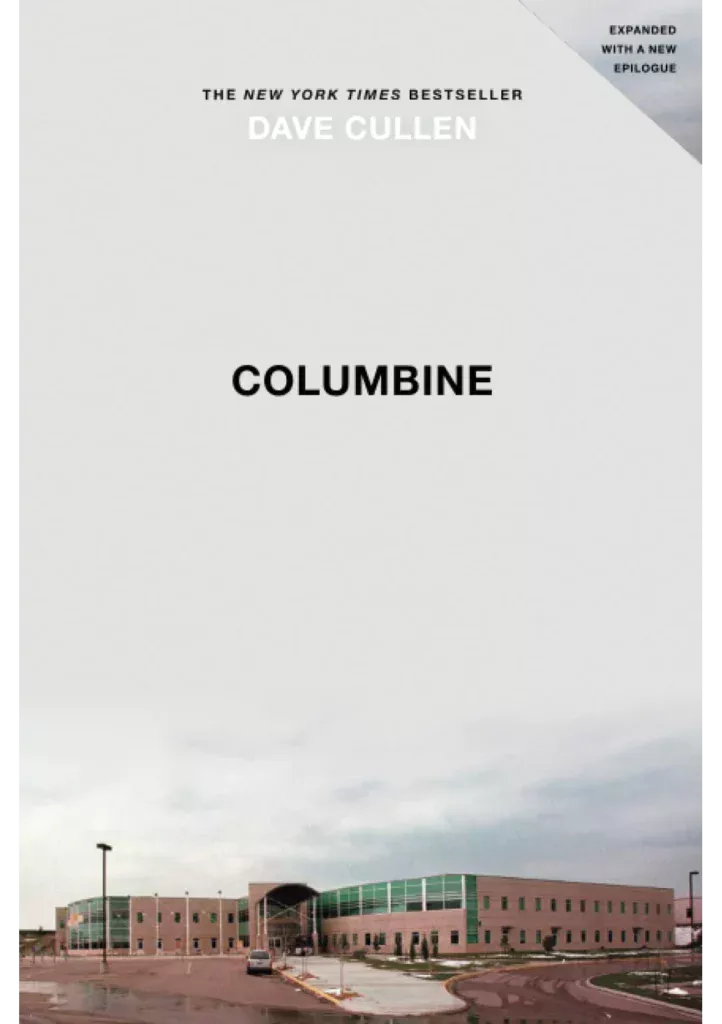
Columbine
by Dave Cullen
So begins a new epilogue, illustrating how Columbine became the template for nearly two decades of “spectacle murders.” It is a false script, seized upon by a generation of new killers.
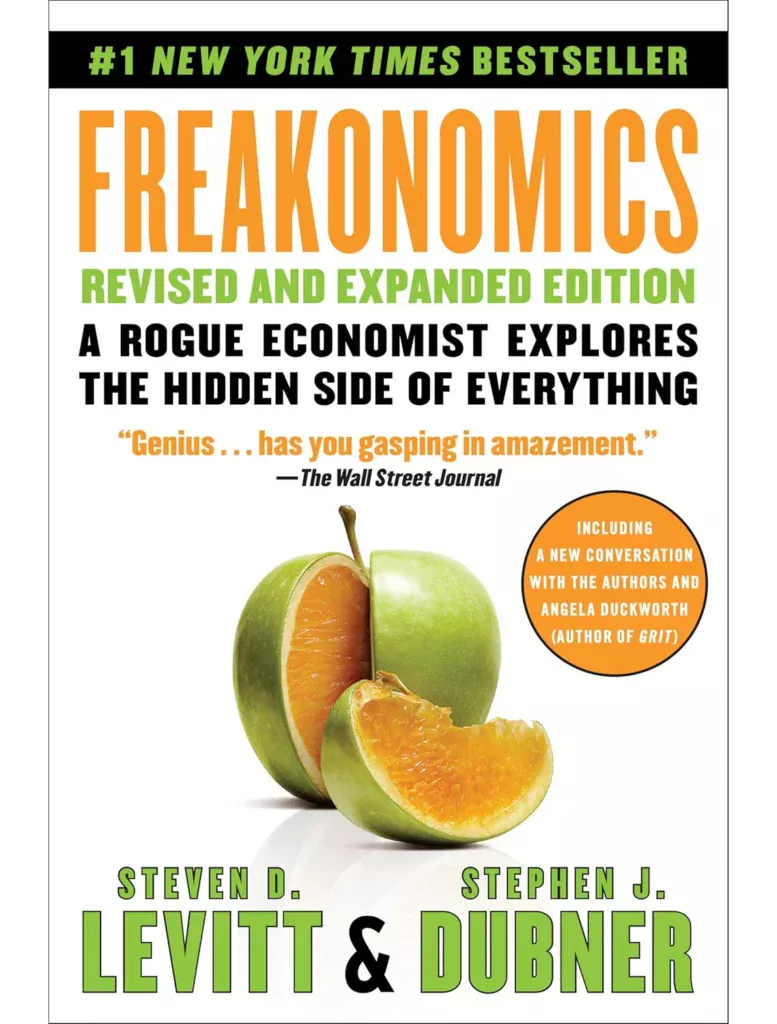
Freakonomics
by Steven D. Levitt
Steven D. Levitt is not a typical economist. He studies the riddles of everyday life—from cheating and crime to parenting and sports—and reaches conclusions that turn conventional wisdom on its head.
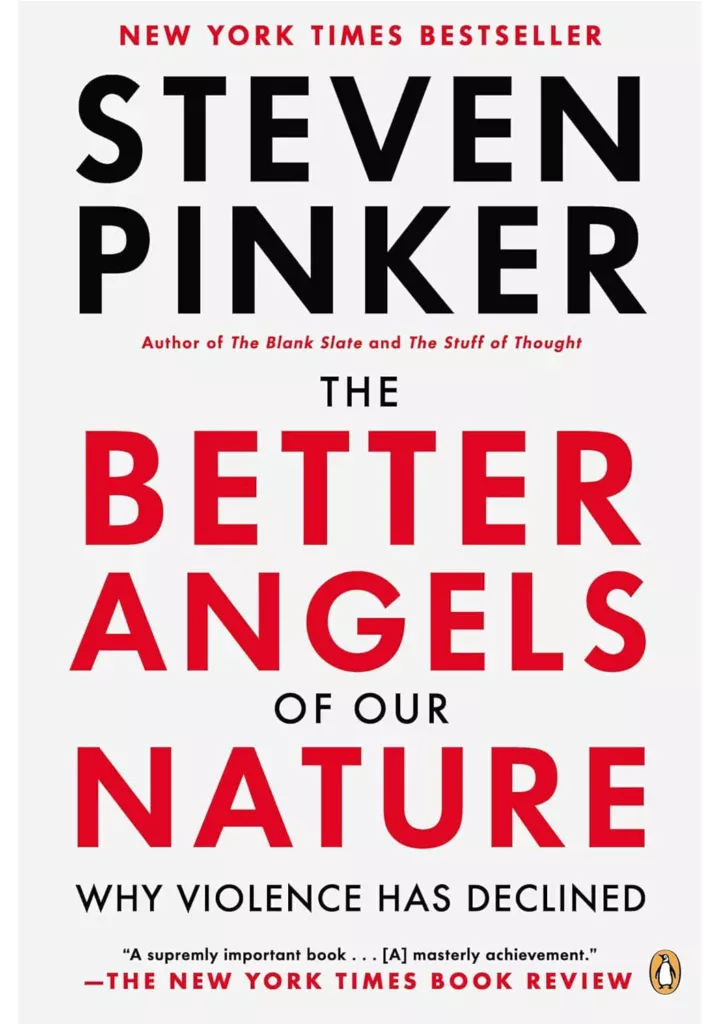
The Better Angels of Our Nature
by Steven Pinker
Believe it or not, today we may be living in the most peaceful moment in our species’ existence. In his gripping and controversial new work, New York Times bestselling author Steven Pinker shows that despite the ceaseless news about war, crime, and terrorism, violence has actually been in decline over long stretches of history.
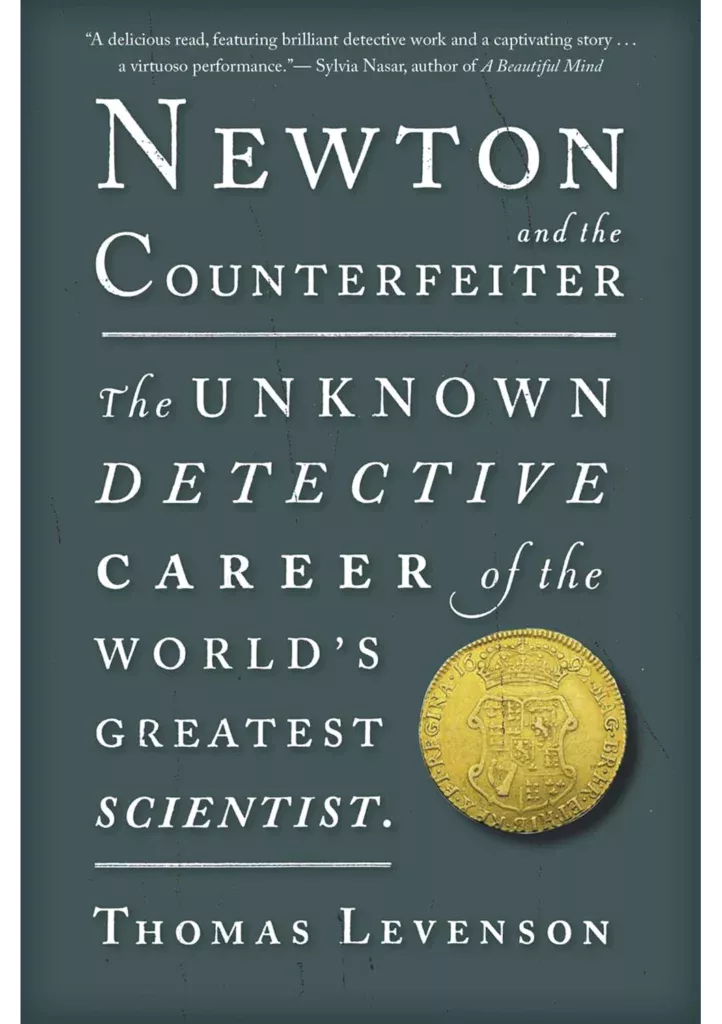
Newton and the Counterfeiter
by Thomas Levinson
When renowned scientist Isaac Newton took up the post of Warden of His Majesty’s Mint in London, another kind of genius—a preternaturally gifted counterfeiter named William Chaloner—had already taken up residence in the city, rising quickly in an unruly, competitive underworld.
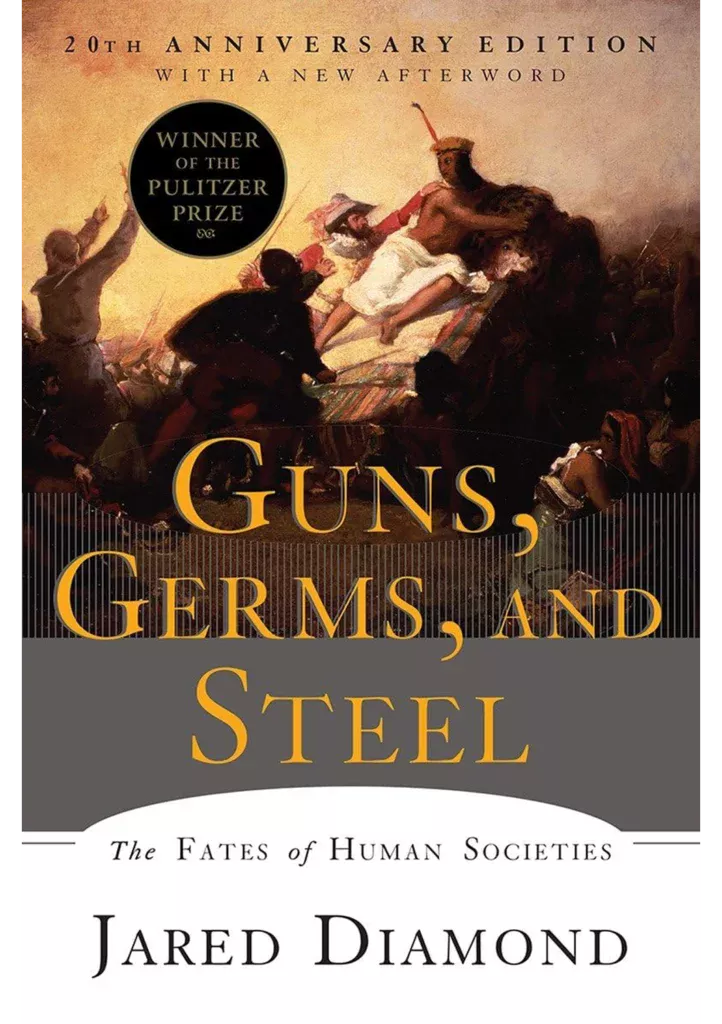
Guns, Germs, and Steel
by Jared Diamond Ph.D
In this “artful, informative, and delightful” (William H. McNeill, New York Review of Books) book, Jared Diamond convincingly argues that geographical and environmental factors shaped the modern world.
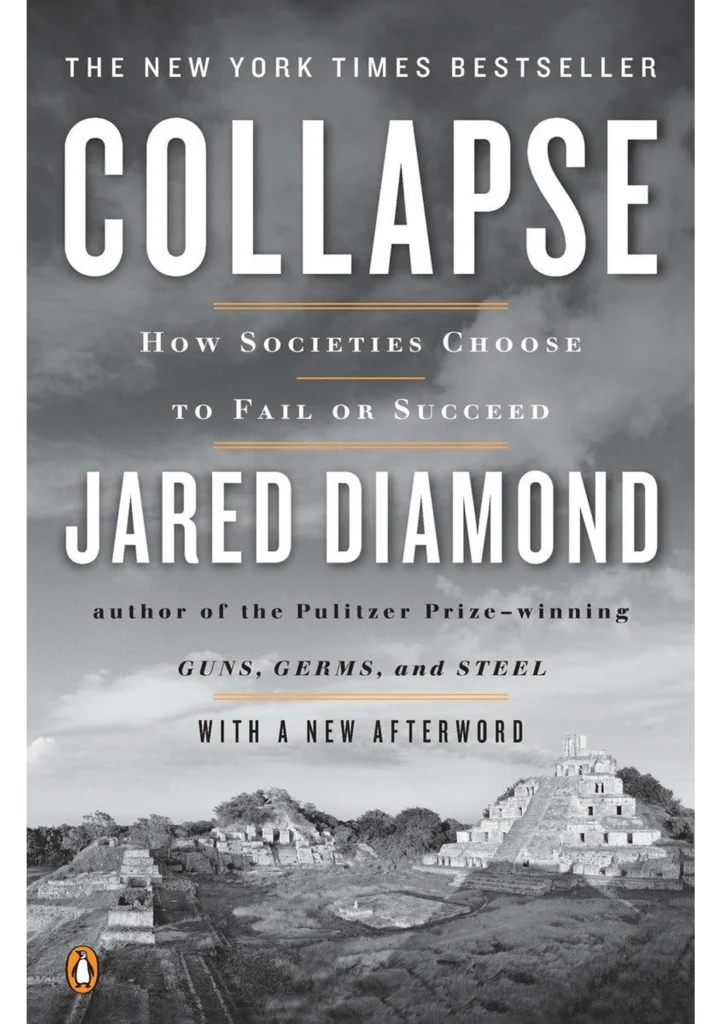
Collapse
by Jared Diamond
Environmental damage, climate change, globalization, rapid population growth, and unwise political choices were all factors in the demise of societies around the world, but some found solutions and persisted.
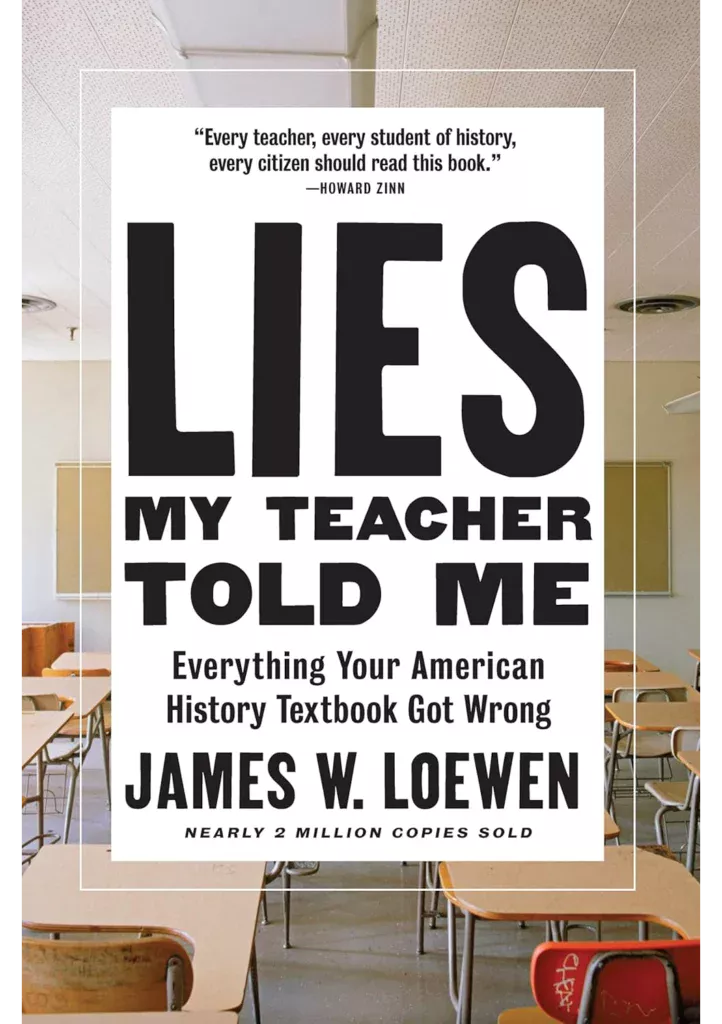
Lies My Teacher Told Me
by James W. Loewen
Since its first publication in 1995, Lies My Teacher Told Me has become one of the most important—and successful—history books of our time.
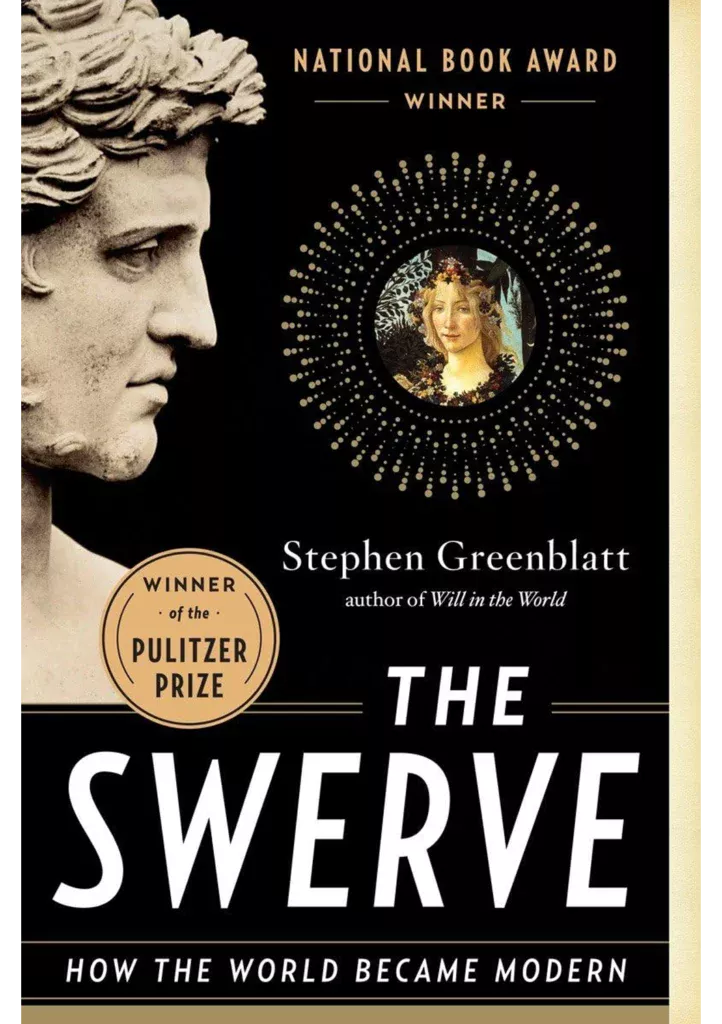
The Swerve
by Stephen Greenblatt
Nearly six hundred years ago, a short, genial, cannily alert man in his late thirties took a very old manuscript off a library shelf, saw with excitement what he had discovered, and ordered that it be copied.
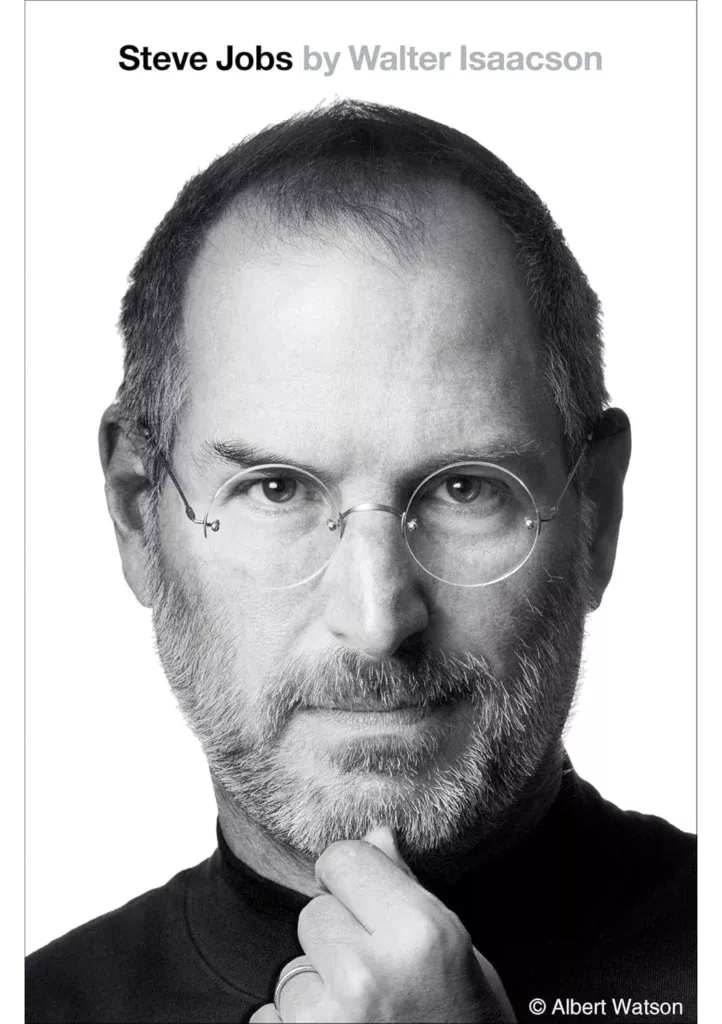
Steve Jobs
by Walter Isaacson
Based on more than forty interviews with Jobs conducted over two years—as well as interviews with more than a hundred family members, friends, adversaries, competitors, and colleagues—Walter Isaacson has written a riveting story of the roller-coaster life and searingly intense personality of a creative entrepreneur whose passion for perfection and ferocious drive revolutionized six industries: personal computers, animated movies, music, phones, tablet computing, and digital publishing.
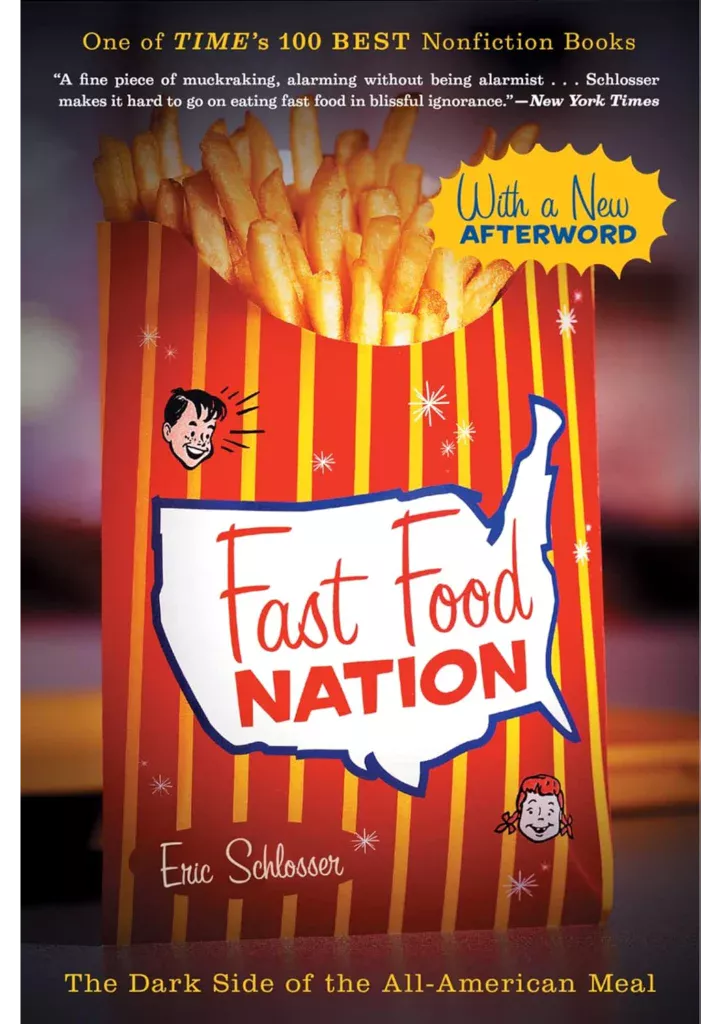
Fast Food Nation
by Eric Schlosser
Schlosser discusses the growing interest in local and organic food, the continued exploitation of poor workers by the food industry, and the need to ensure that every American has access to good, healthy, affordable food.
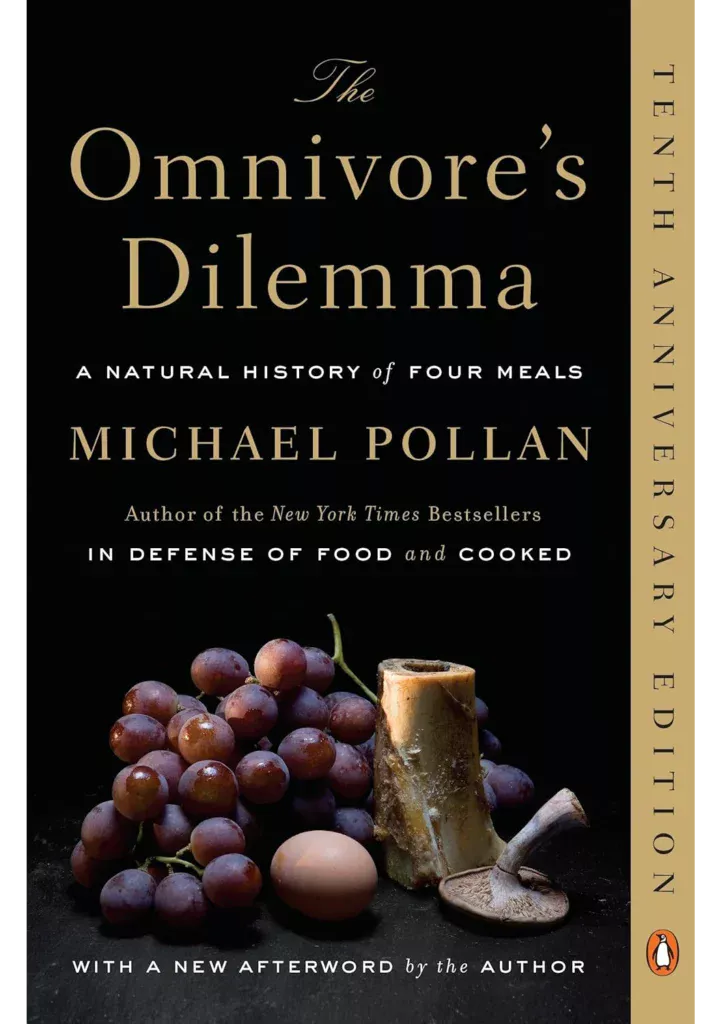
The Omnivore’s Dilemma
by Michael Pollan
What should we have for dinner? Ten years ago, Michael Pollan confronted us with this seemingly simple question and, with The Omnivore’s Dilemma, his brilliant and eye-opening exploration of our food choices, demonstrated that how we answer it today may determine not only our health but our survival as a species.
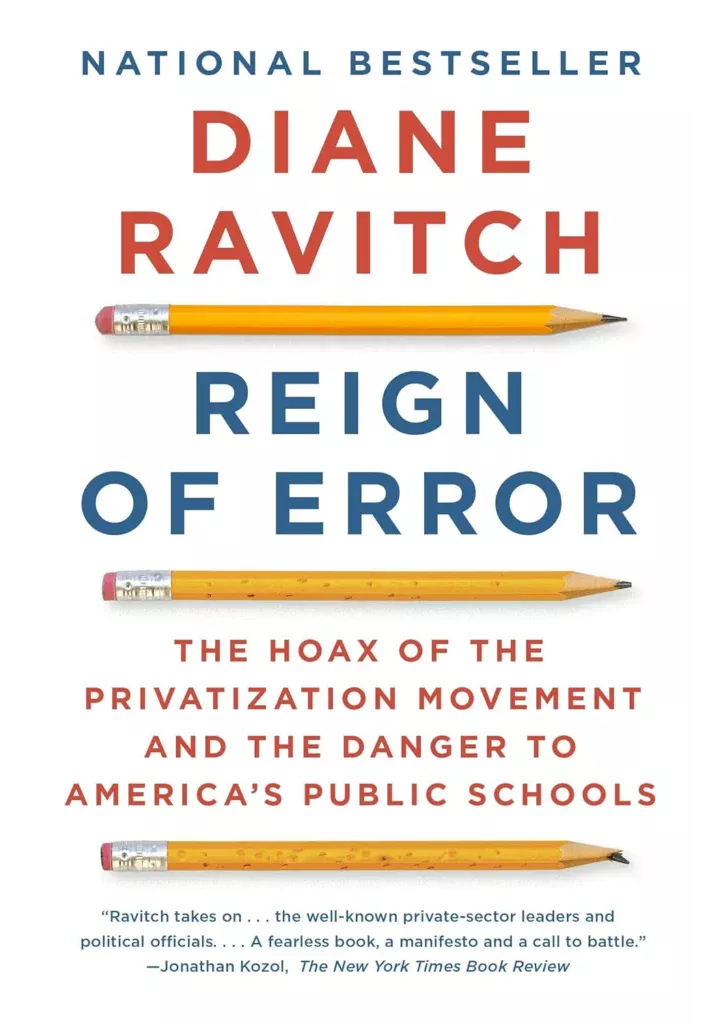
Reign of Terror
by Diane Ravitch
From one of the foremost authorities on education in the United States, former U.S. assistant secretary of education, an incisive, comprehensive look at today’s American school system that argues against those who claim it is broken and beyond repair; an impassioned but reasoned call to stop the privatization movement that is draining students and funding from our public schools.
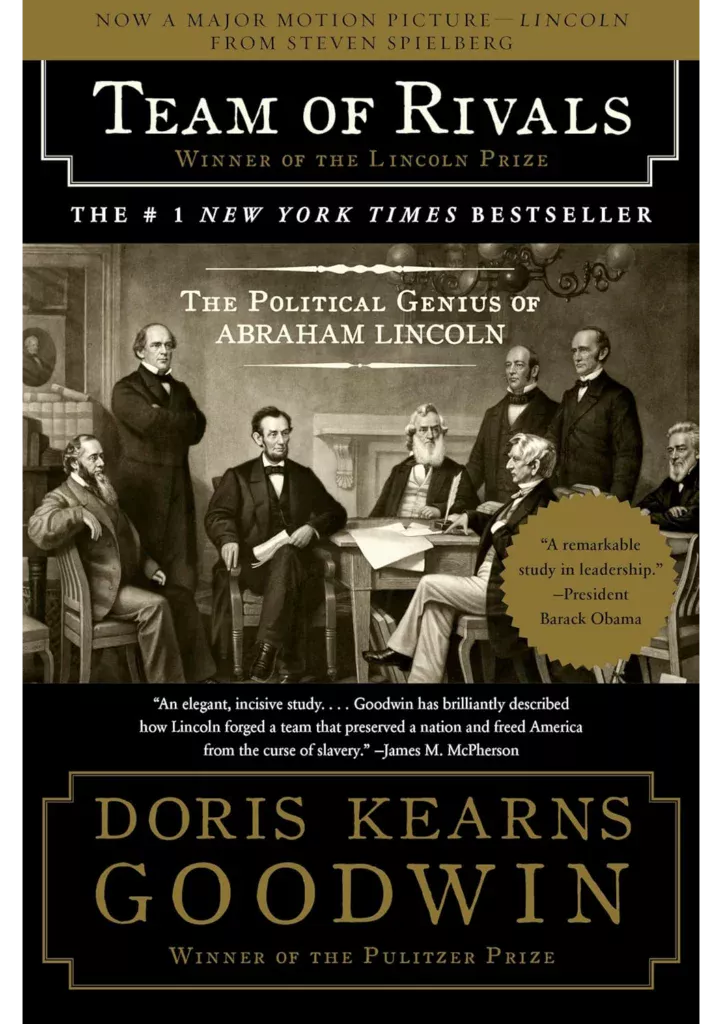
Team of Rivals
by Doris Kearns Goodwin
Acclaimed historian Doris Kearns Goodwin illuminates Lincoln’s political genius in this highly original work, as the one-term congressman and prairie lawyer rises from obscurity to prevail over three gifted rivals of national reputation to become president.
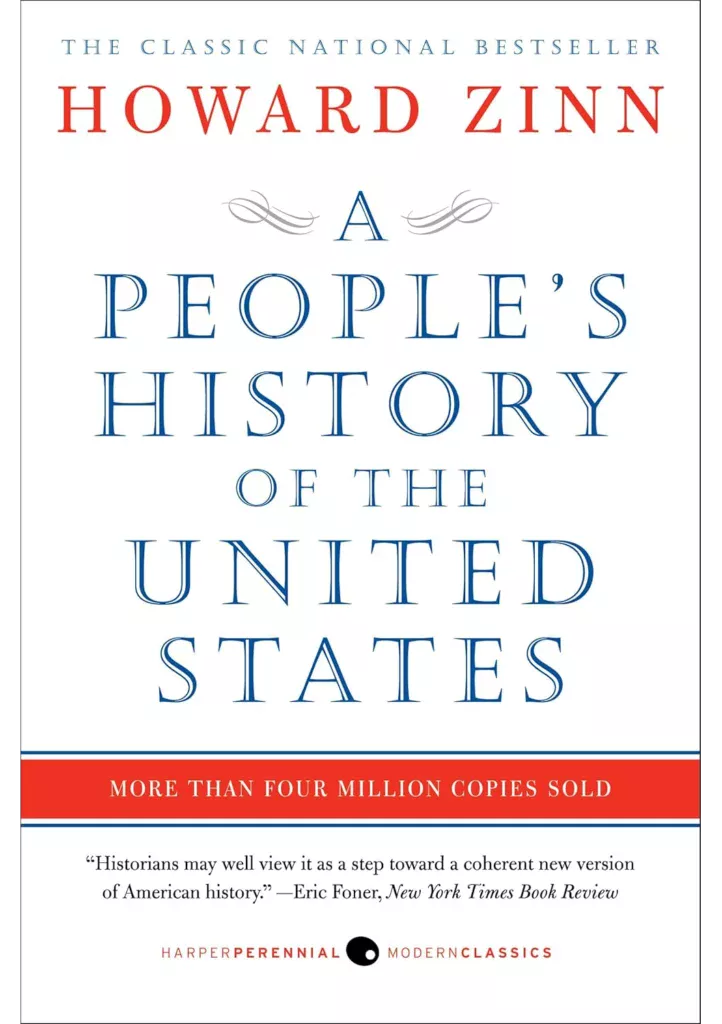
A People’s History of the United States
by Howard Zinn
With a new introduction by Anthony Arnove, this edition of the classic national bestseller chronicles American history from the bottom up, throwing out the official narrative taught in schools—with its emphasis on great men in high places—to focus on the street, the home and the workplace.
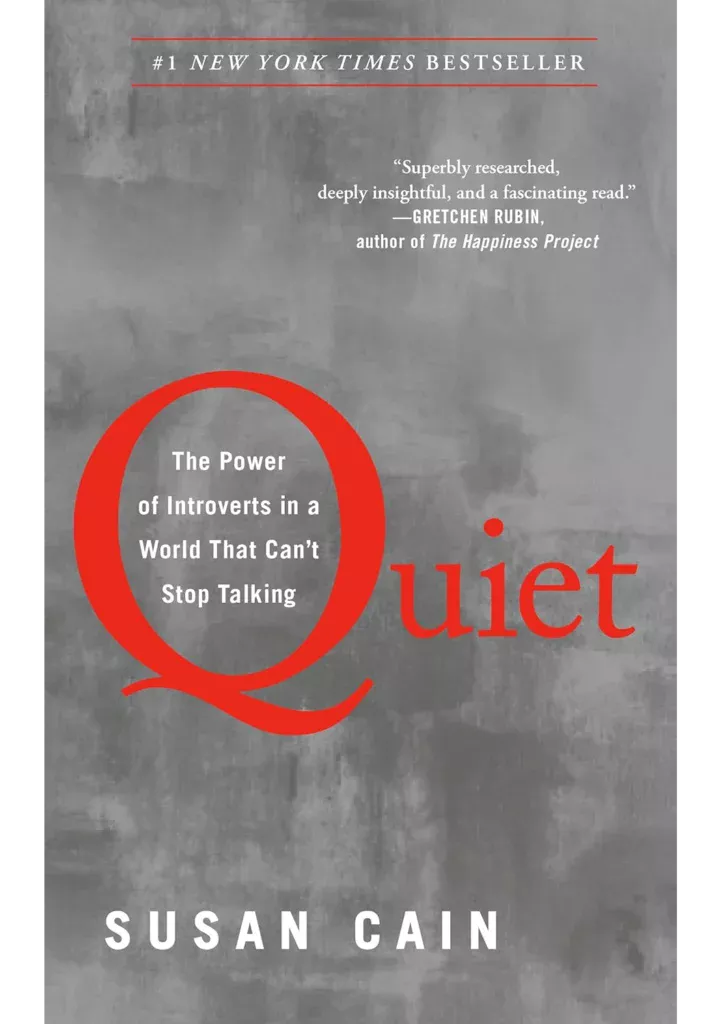
Quiet
by Susan Cain
At least one-third of the people we know are introverts. They are the ones who prefer listening to speaking; who innovate and create but dislike self-promotion; who favor working on their own over working in teams.
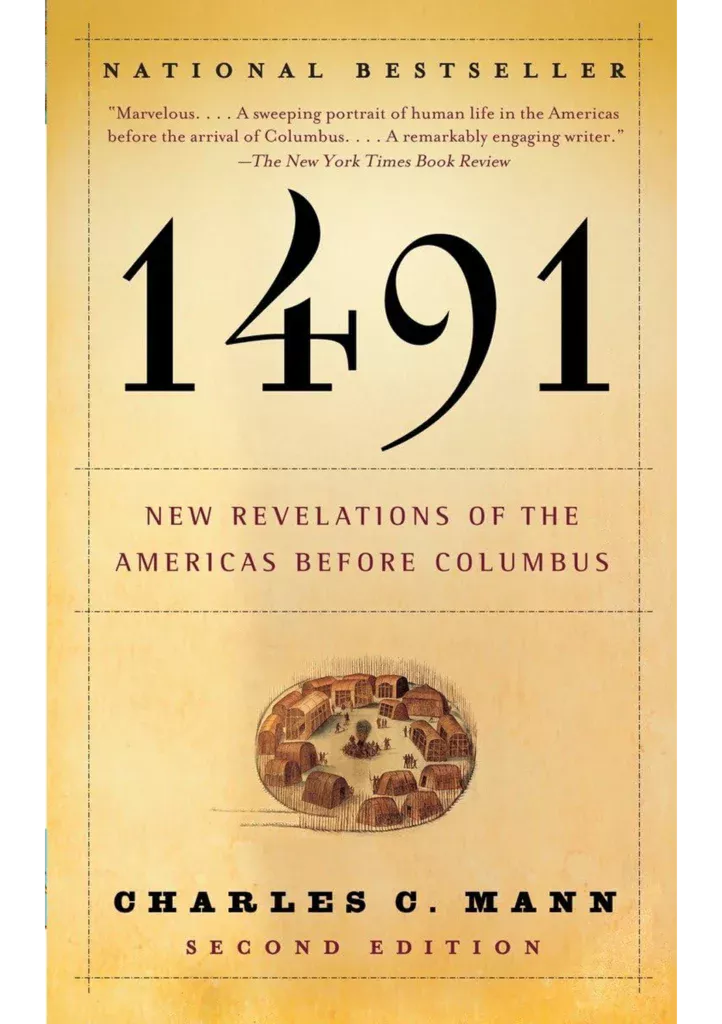
1491
by Charles C. Mann
In this groundbreaking work of science, history, and archaeology, Charles C. Mann radically alters our understanding of the Americas before the arrival of Columbus in 1492.
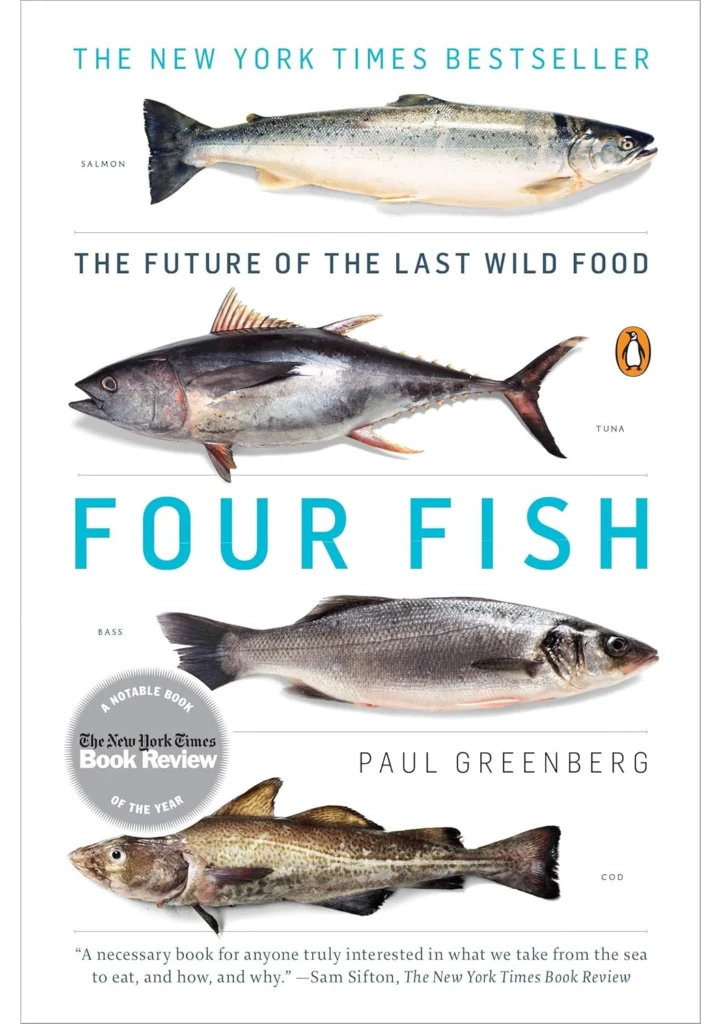
Four Fish
by Paul Greenberg
Investigating the forces that get fish to our dinner tables, Greenberg reveals our damaged relationship with the ocean and its inhabitants.
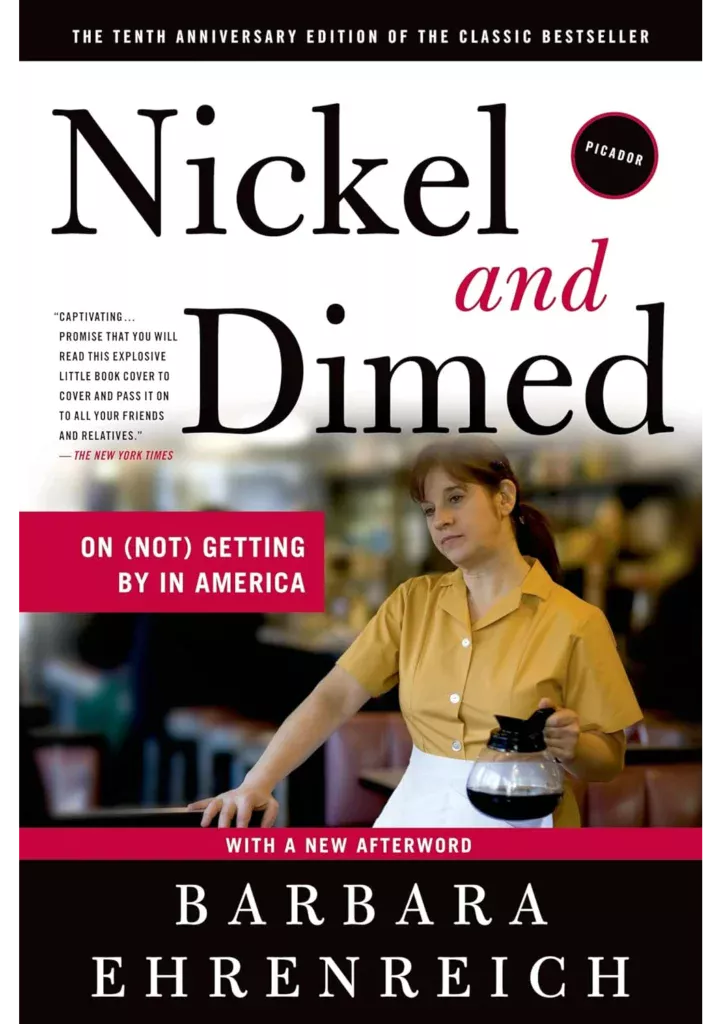
Nickel and Dimed
by Barbara Ehrenreich
Millions of Americans work full time, year round, for poverty-level wages. In 1998, Barbara Ehrenreich decided to join them. She was inspired in part by the rhetoric surrounding welfare reform, which promised that a job―any job―can be the ticket to a better life.
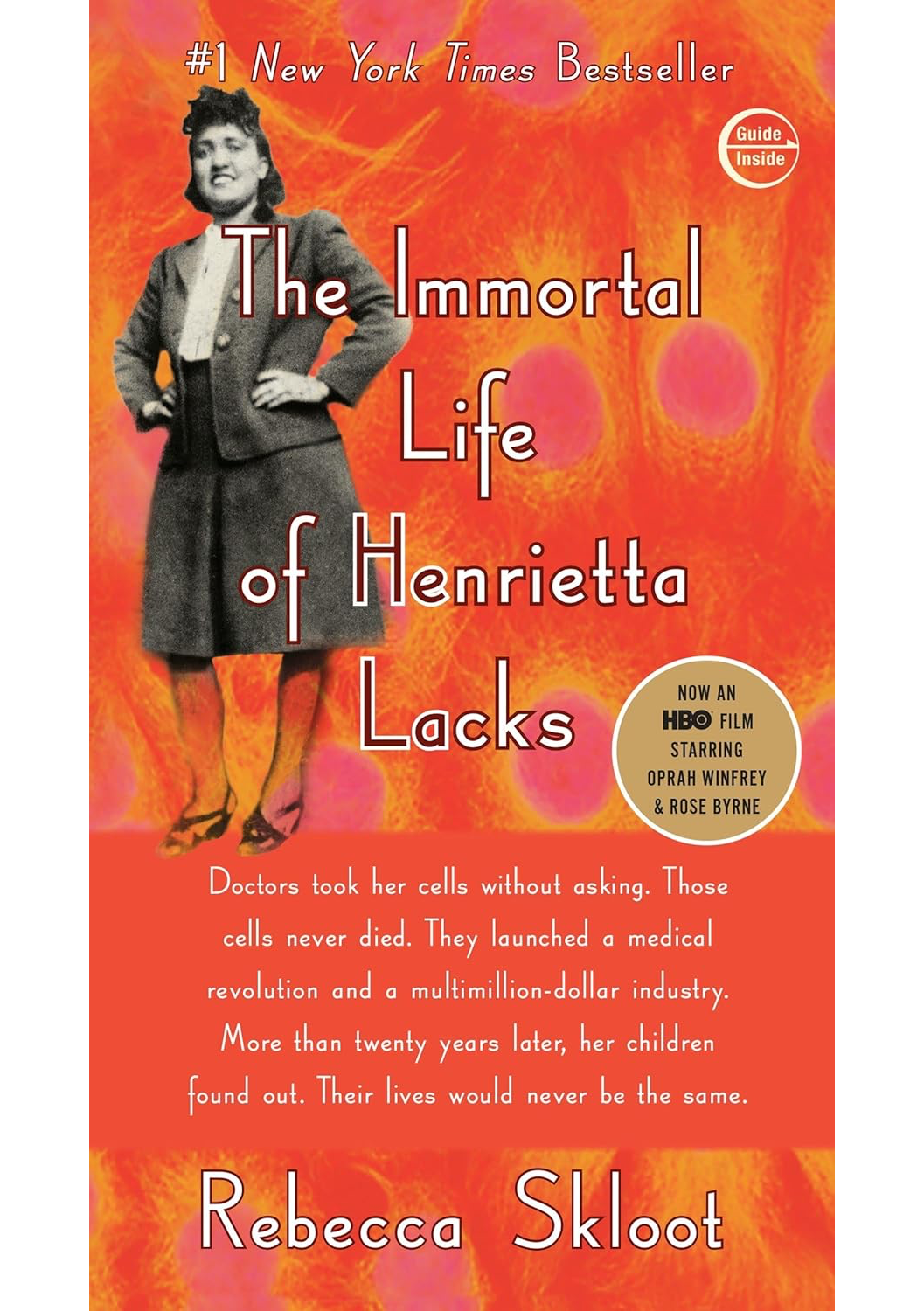
The Immortal Life of Henrietta Lacks
by Rebecca Skloot
Her name was Henrietta Lacks, but scientists know her as HeLa. She was a poor Southern tobacco farmer who worked the same land as her slave ancestors, yet her cells—taken without her knowledge—became one of the most important tools in medicine: The first “immortal” human cells grown in culture, which are still alive today, though she has been dead for more than sixty years.
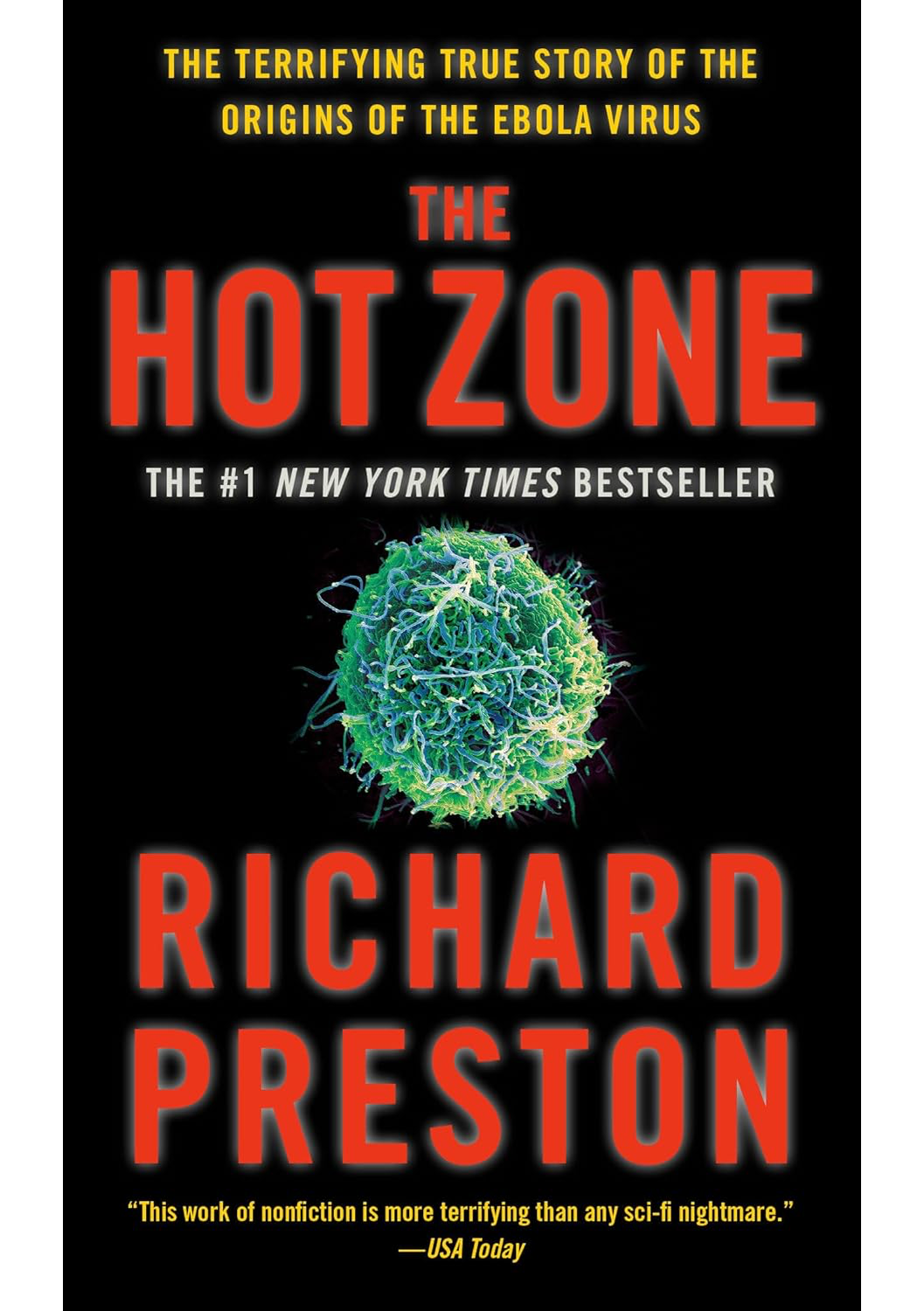
The Hot Zone
by Richard Preston
A secret military SWAT team of soldiers and scientists is mobilized to stop the outbreak of this exotic “hot” virus. The Hot Zone tells this dramatic story, giving a hair-raising account of the appearance of rare and lethal viruses and their “crashes” into the human race.
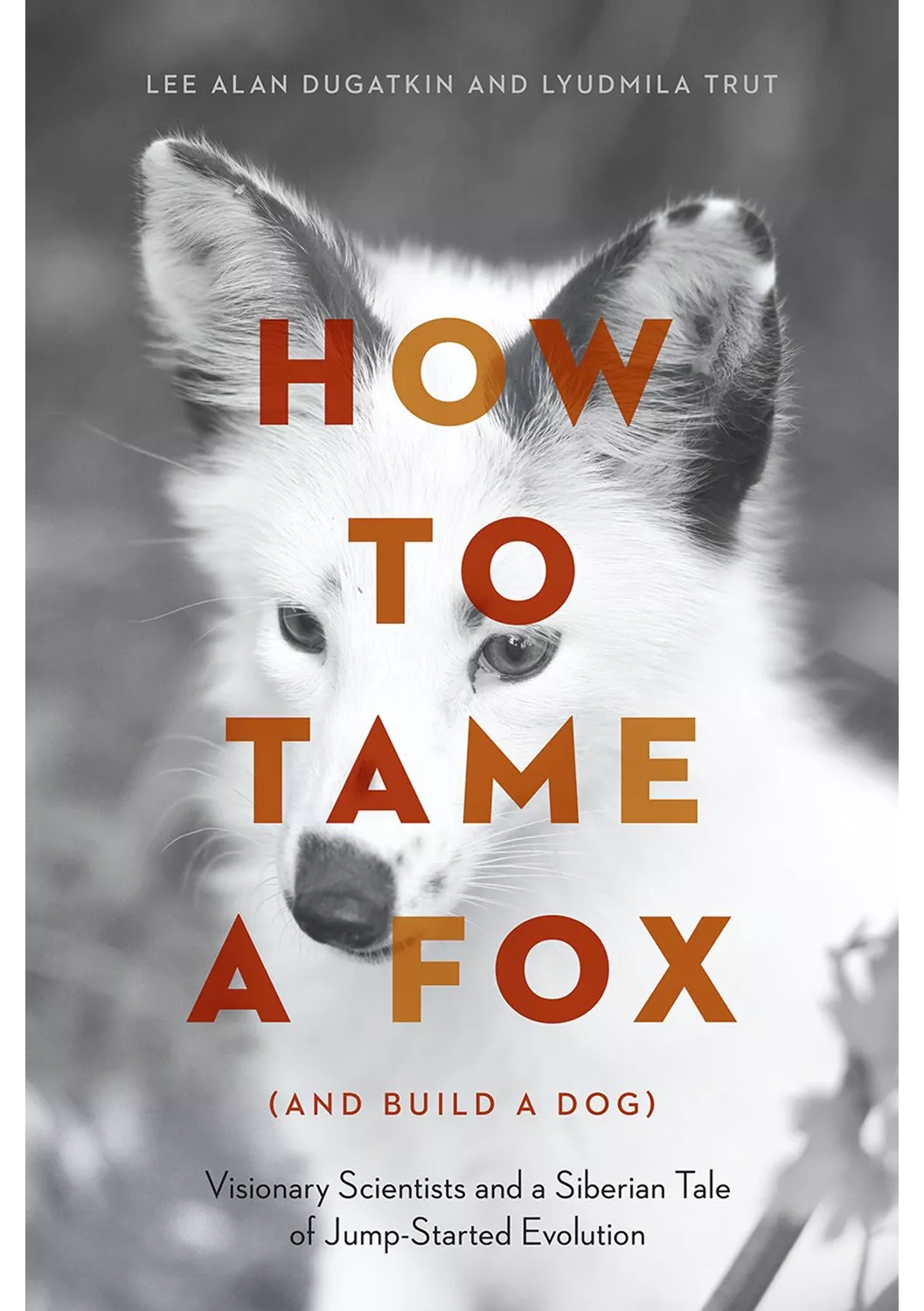
How to Tame a Fox
by Lee Alan Dugatkin
Tucked away in Siberia, there are furry, four-legged creatures with wagging tails and floppy ears that are as docile and friendly as any lapdog. But, despite appearances, these are not dogs—they are foxes.
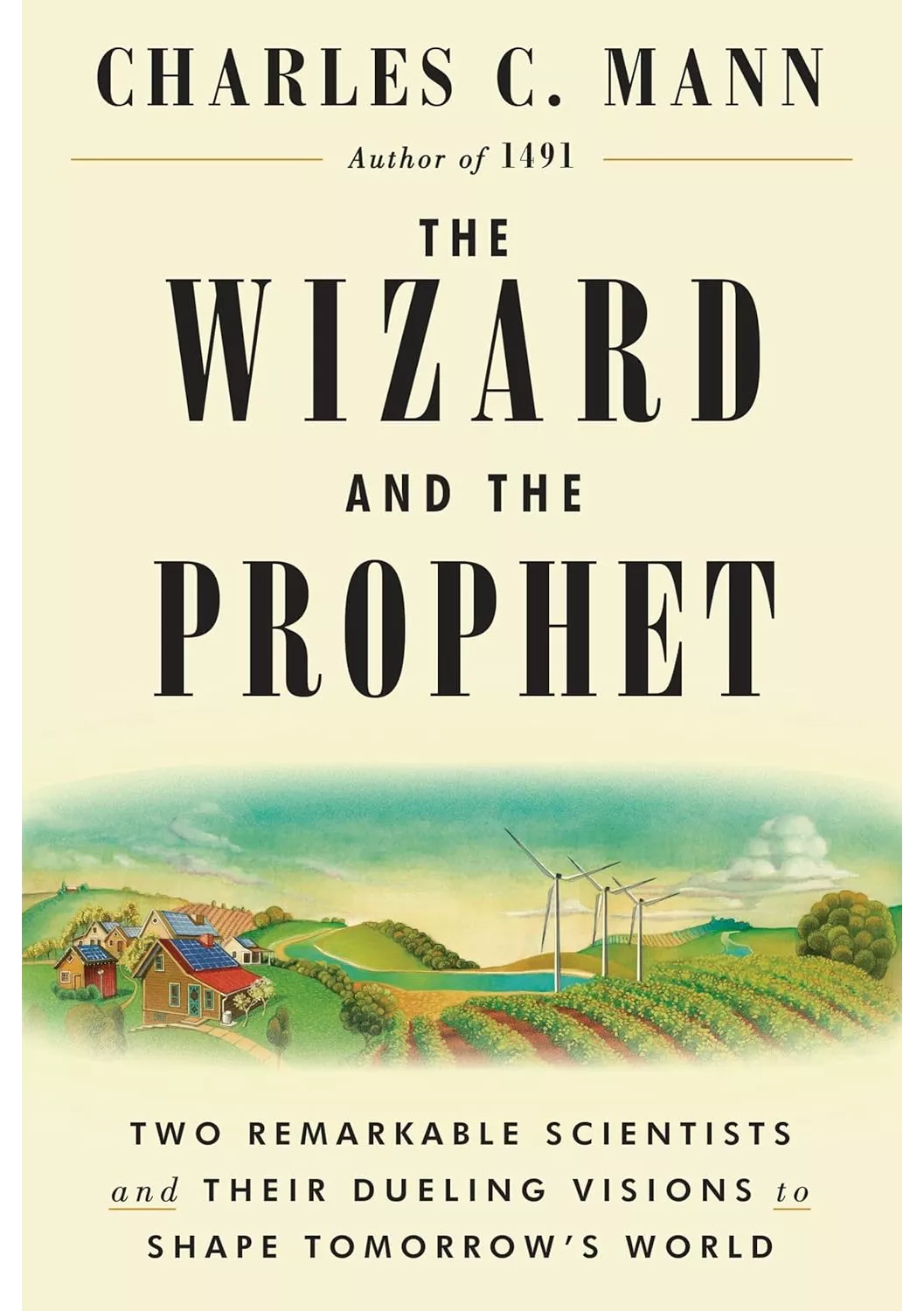
The Wizard and the Prophet
by Charles C. Mann
In forty years, Earth’s population will reach ten billion. Can our world support that? What kind of world will it be? Those answering these questions generally fall into two deeply divided groups–Wizards and Prophets, as Charles Mann calls them in this balanced, authoritative, nonpolemical new book.
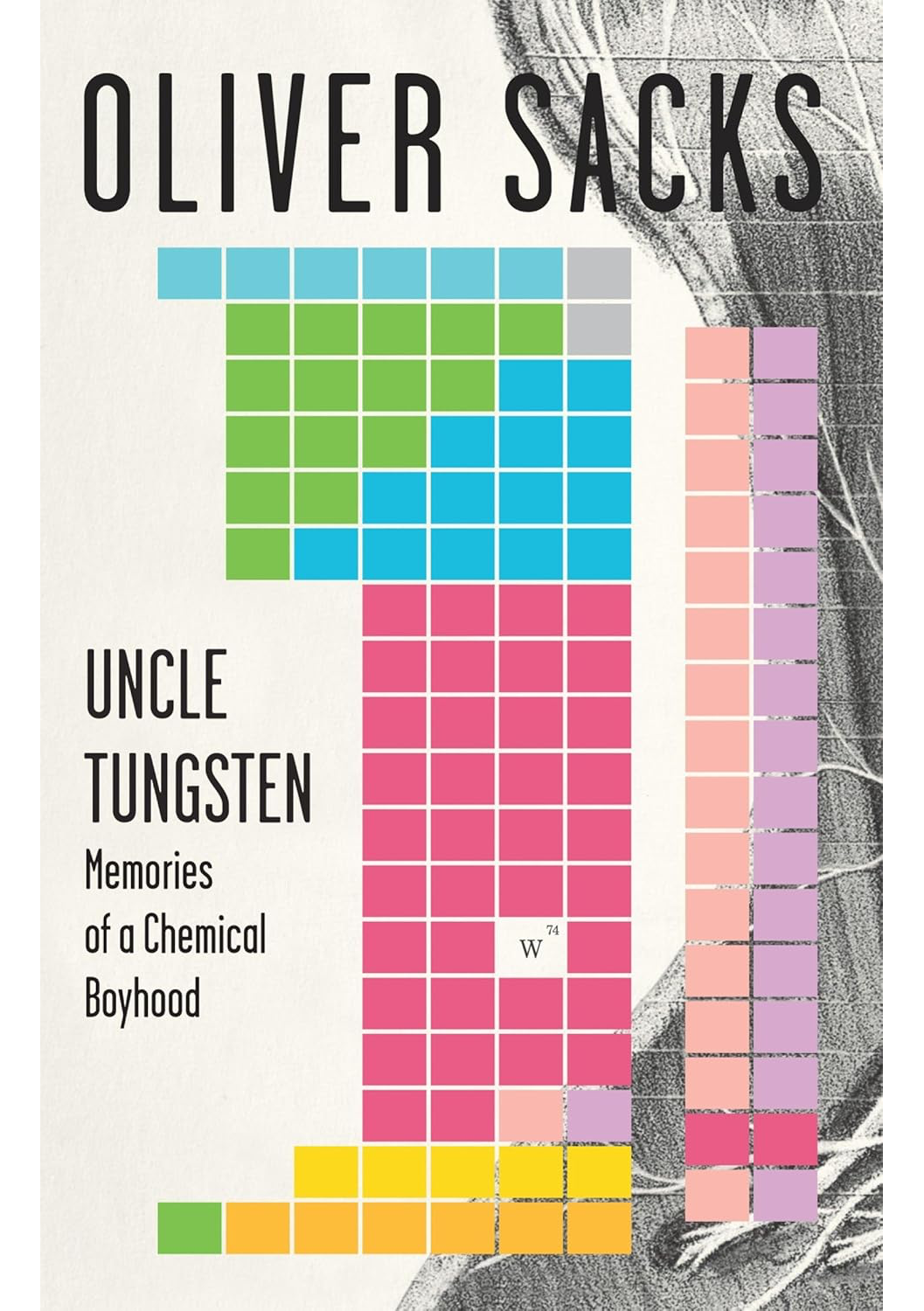
Uncle Tungsten
by Oliver Sacks
Long before Oliver Sacks became a distinguished neurologist and bestselling writer, he was a small English boy fascinated by metals–also by chemical reactions (the louder and smellier the better), photography, squids and cuttlefish, H.G. Wells, and the periodic table.
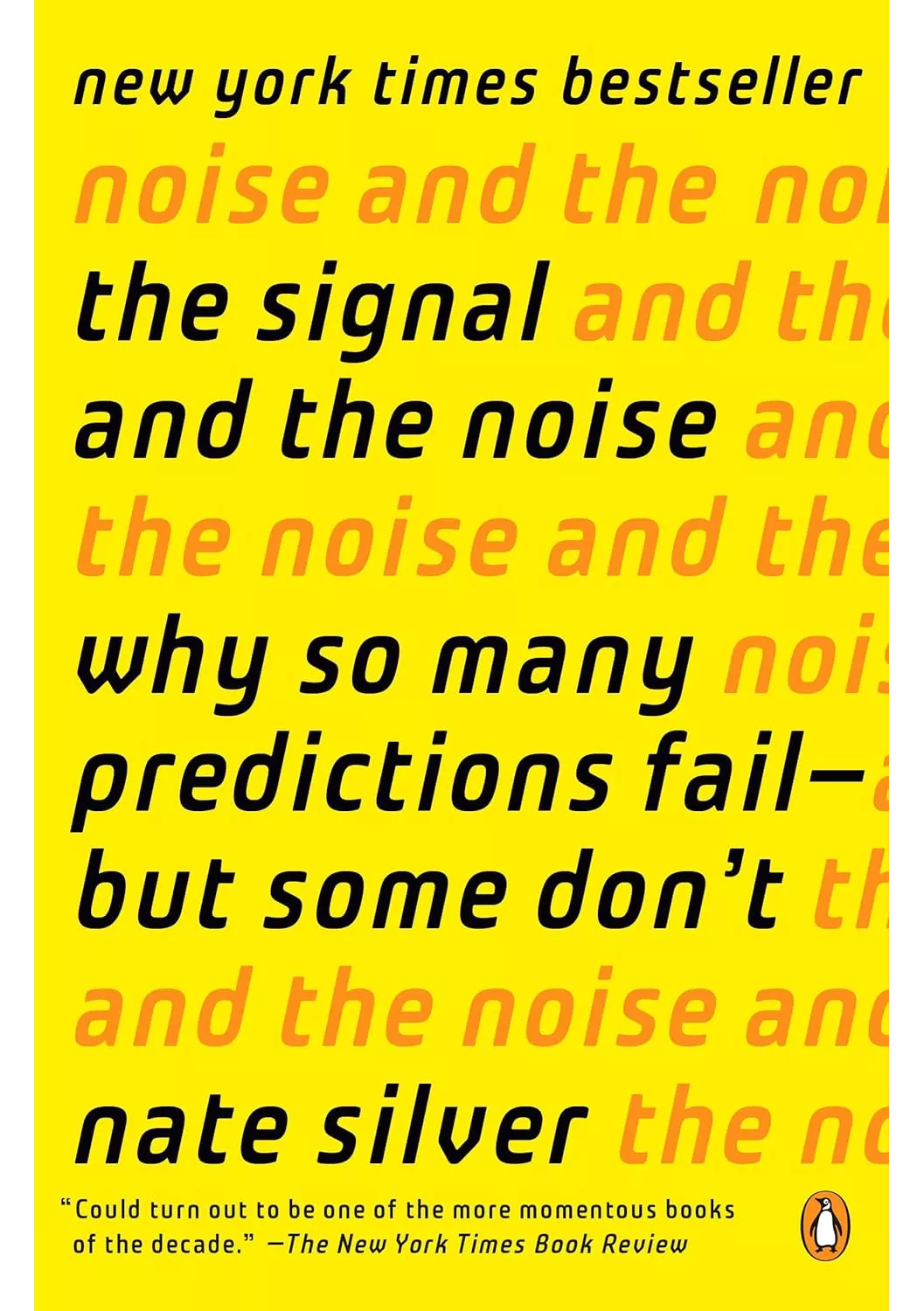
The Signal and the Noise
by Nate Silver
Nate Silver built an innovative system for predicting baseball performance, predicted the 2008 election within a hair’s breadth, and became a national sensation as a blogger—all by the time he was thirty.
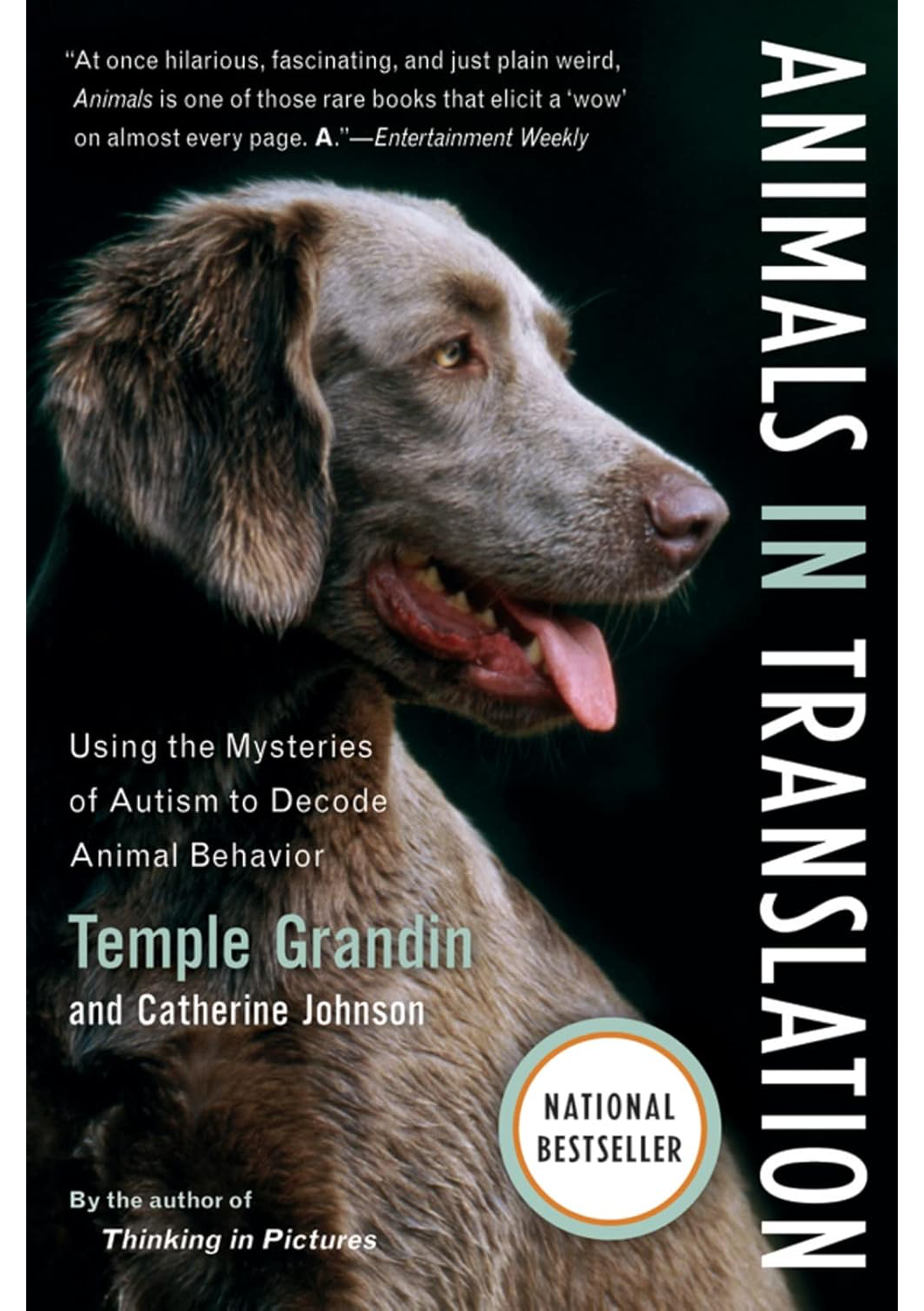
Animals in Translation
by Temple Grandin
People with autism can often think the way animals think, putting them in the perfect position to translate “animal talk.” Grandin is a faithful guide into their world, exploring animal pain, fear, aggression, love, friendship, communication, learning, and, yes, even animal genius.
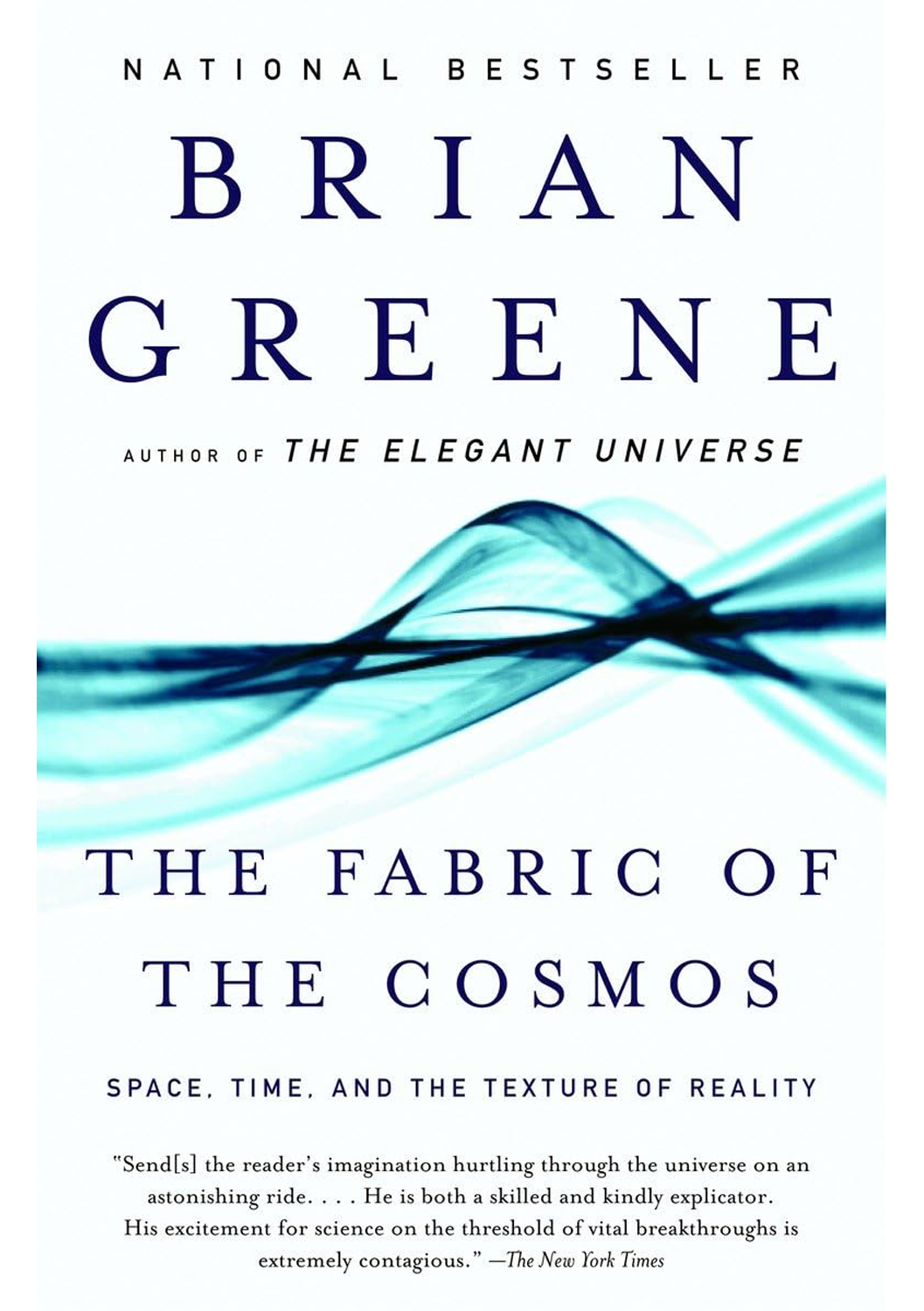
The Fabric of the Cosmos
by Brian Greene
Space and time form the very fabric of the cosmos. Yet they remain among the most mysterious of concepts.
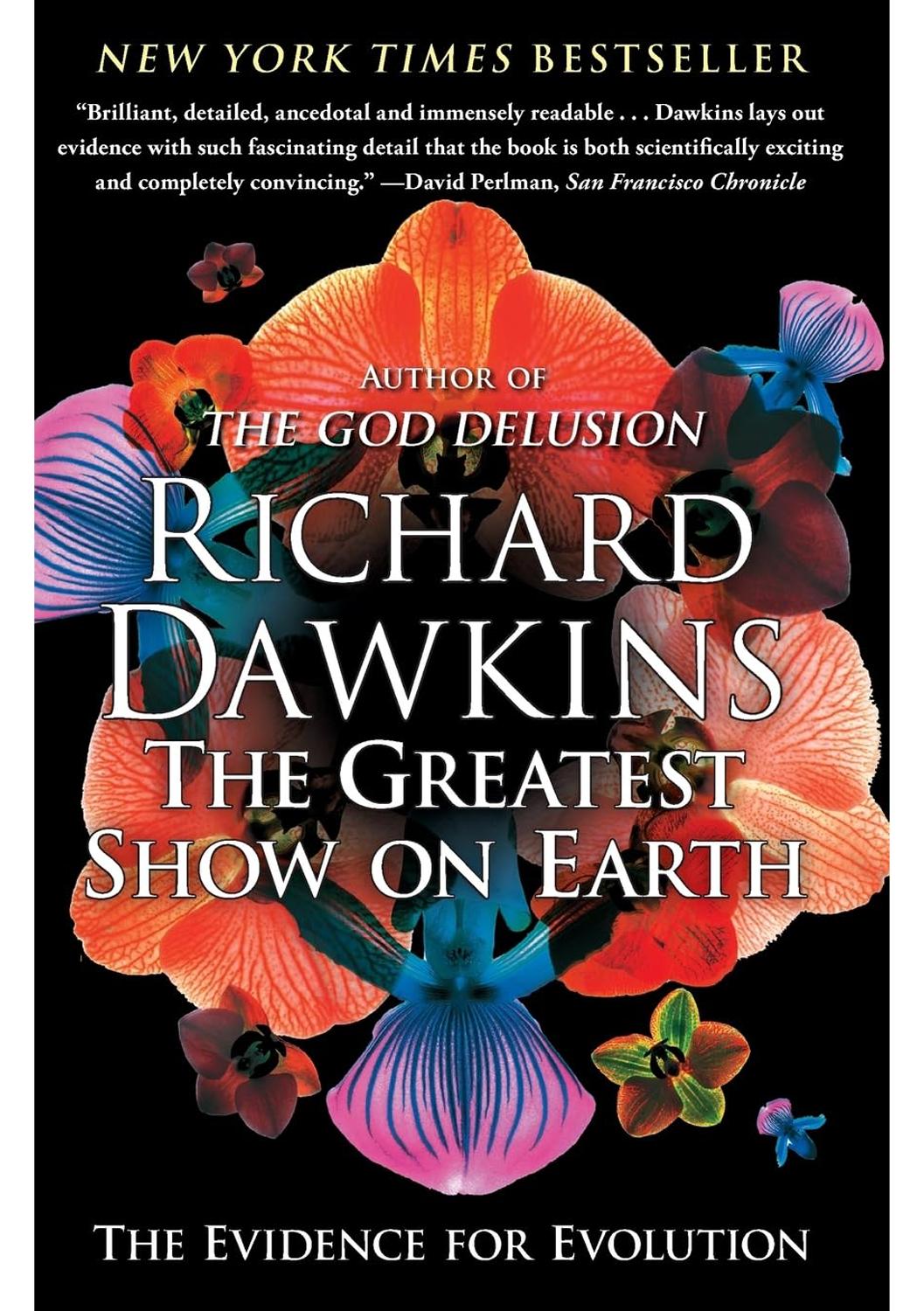
The Greatest Show on Earth
by Richard Dawkins
“Intelligent Design” is being taught in our schools; educators are being asked to “teach the controversy” behind evolutionary theory. There is no controversy.
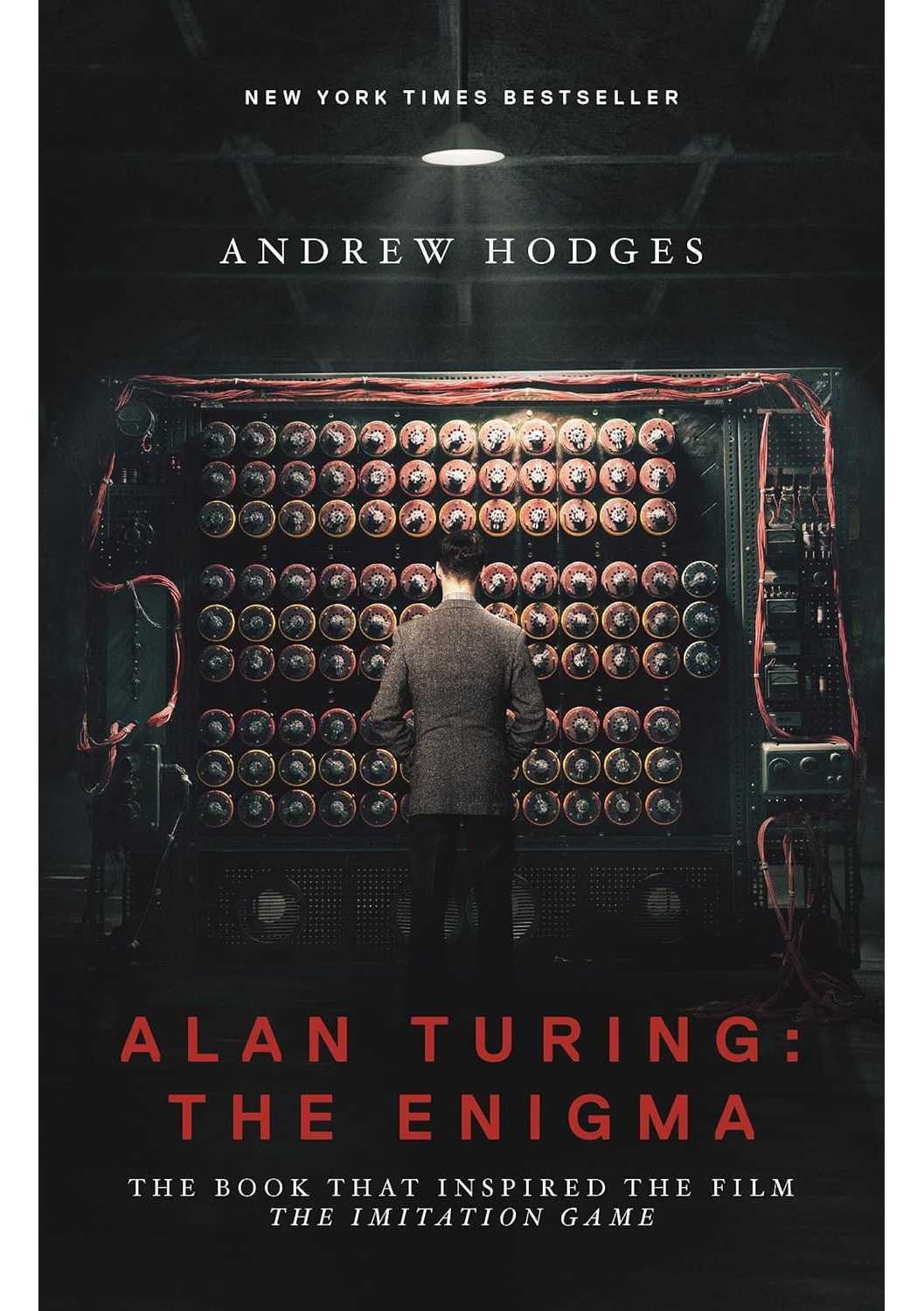
Alan Turing: The Enigma
by Andrew Hodges
It is only a slight exaggeration to say that the British mathematician Alan Turing (1912-1954) saved the Allies from the Nazis, invented the computer and artificial intelligence, and anticipated gay liberation by decades–all before his suicide at age forty-one.
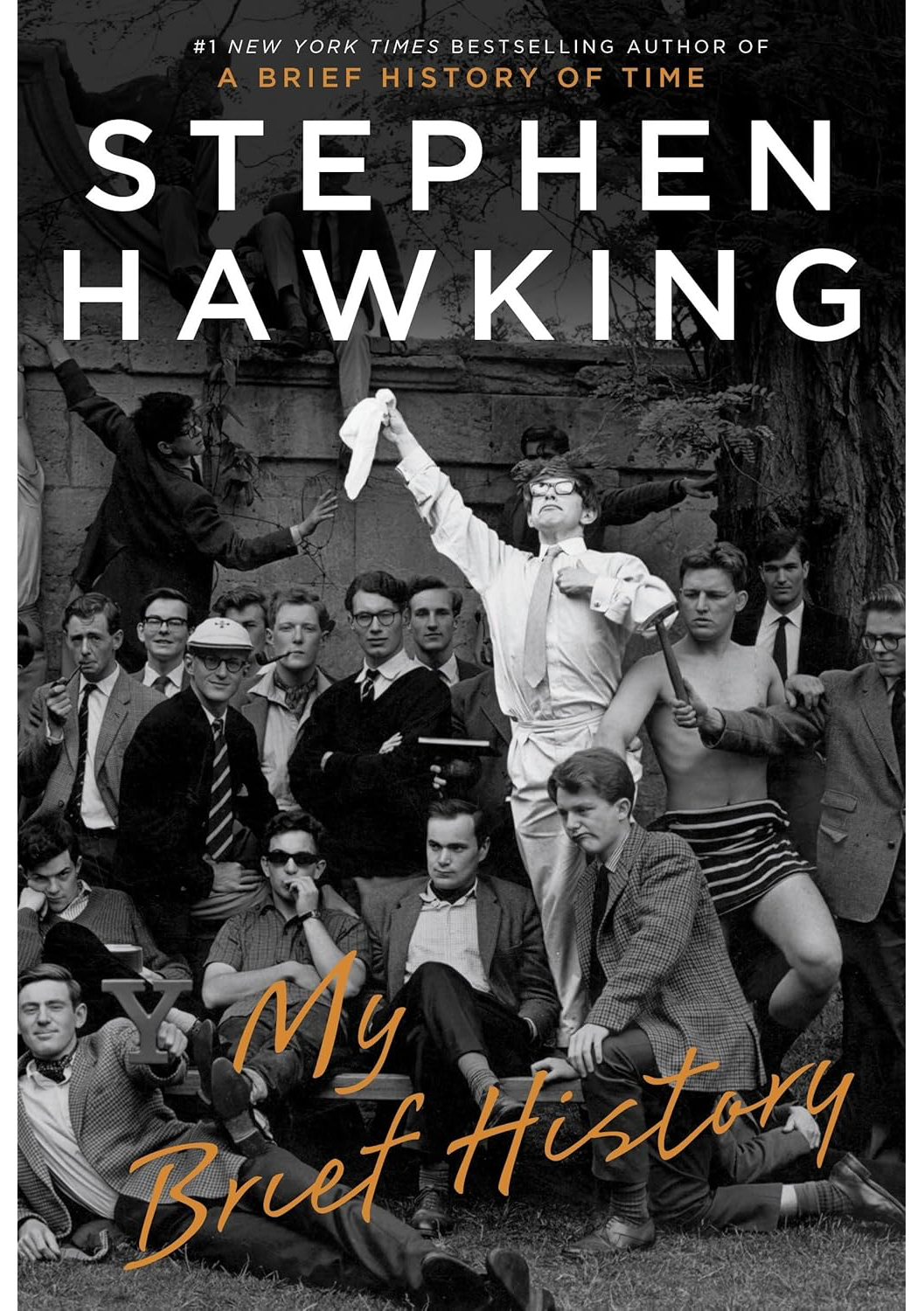
My Brief History
by Stephen Hawking
My Brief History recounts Stephen Hawking’s improbable journey, from his postwar London boyhood to his years of international acclaim and celebrity.
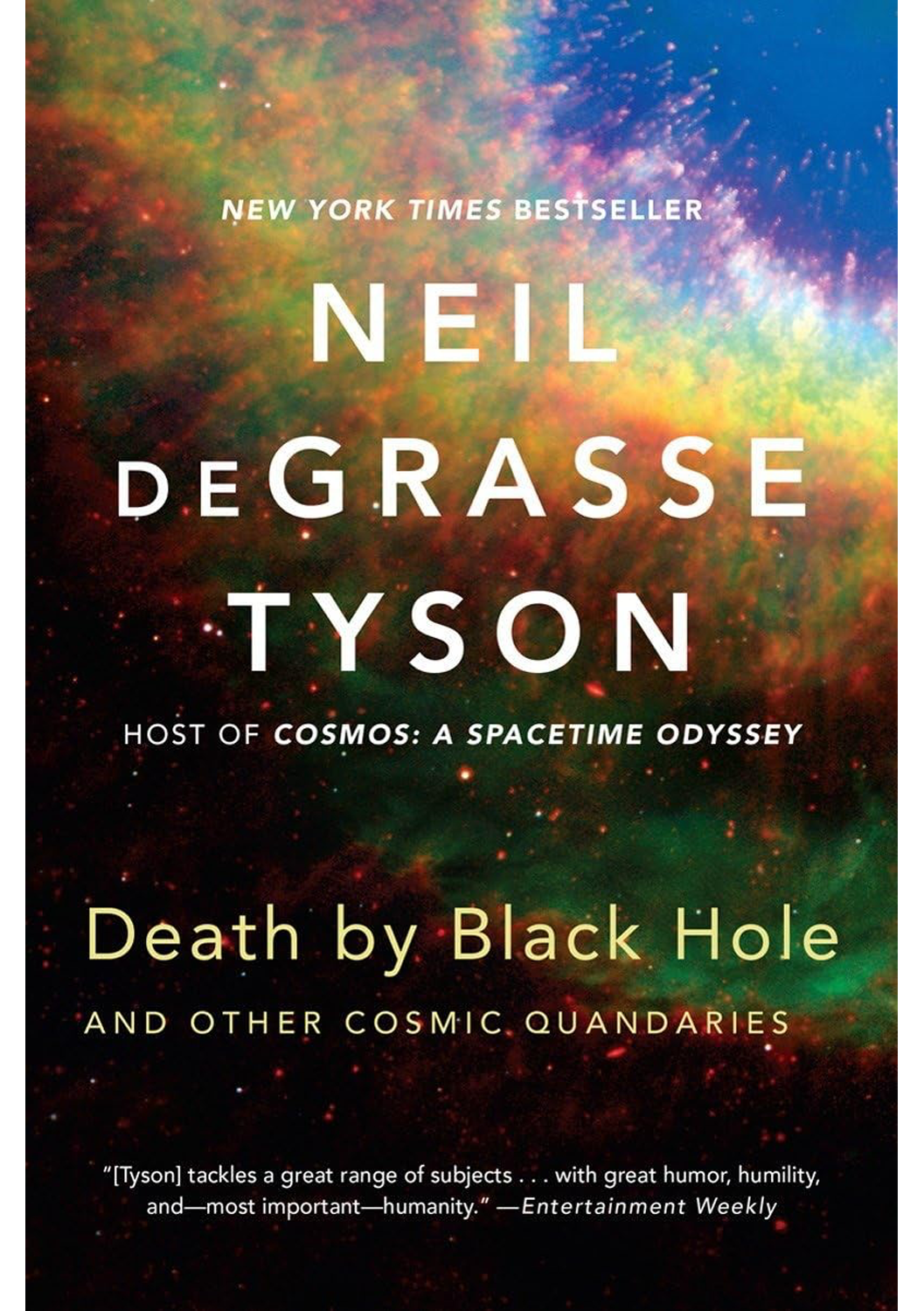
Death by Black Hole
by Neil deGrasse Tyson
Loyal readers of the monthly “Universe” essays in Natural History magazine have long recognized Neil deGrasse Tyson’s talent for guiding them through the mysteries of the cosmos with clarity and enthusiasm.
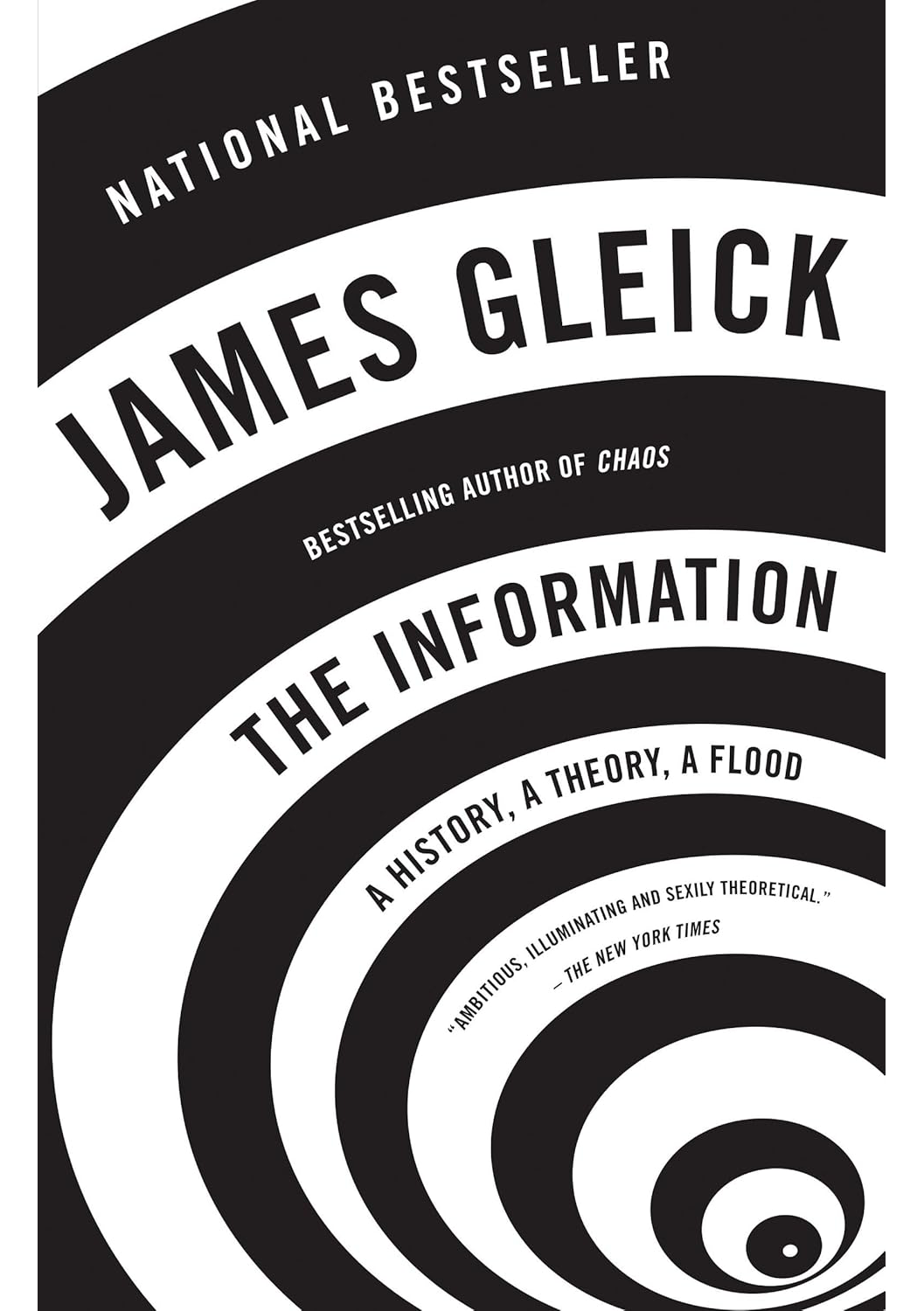
The Information
by James Gleick
Acclaimed science writer James Gleick presents an eye-opening vision of how our relationship to information has transformed the very nature of human consciousness.
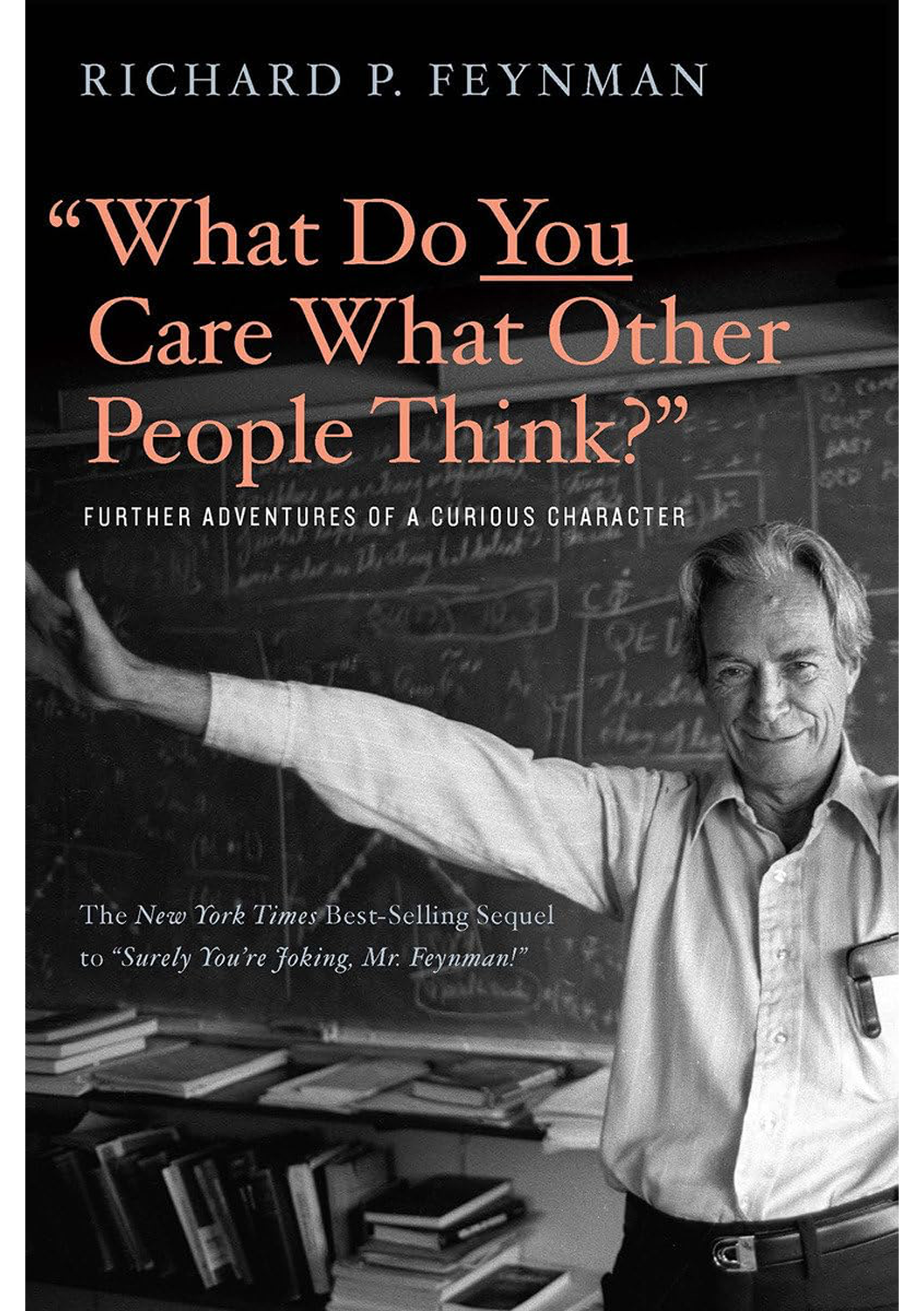
“What Do You Care What Other People Think?”
by Richard P. Feynman
Here we meet Feynman’s first wife, Arlene, who taught him of love’s irreducible mystery as she lay dying in a hospital bed while he worked on the atomic bomb at nearby Los Alamos.
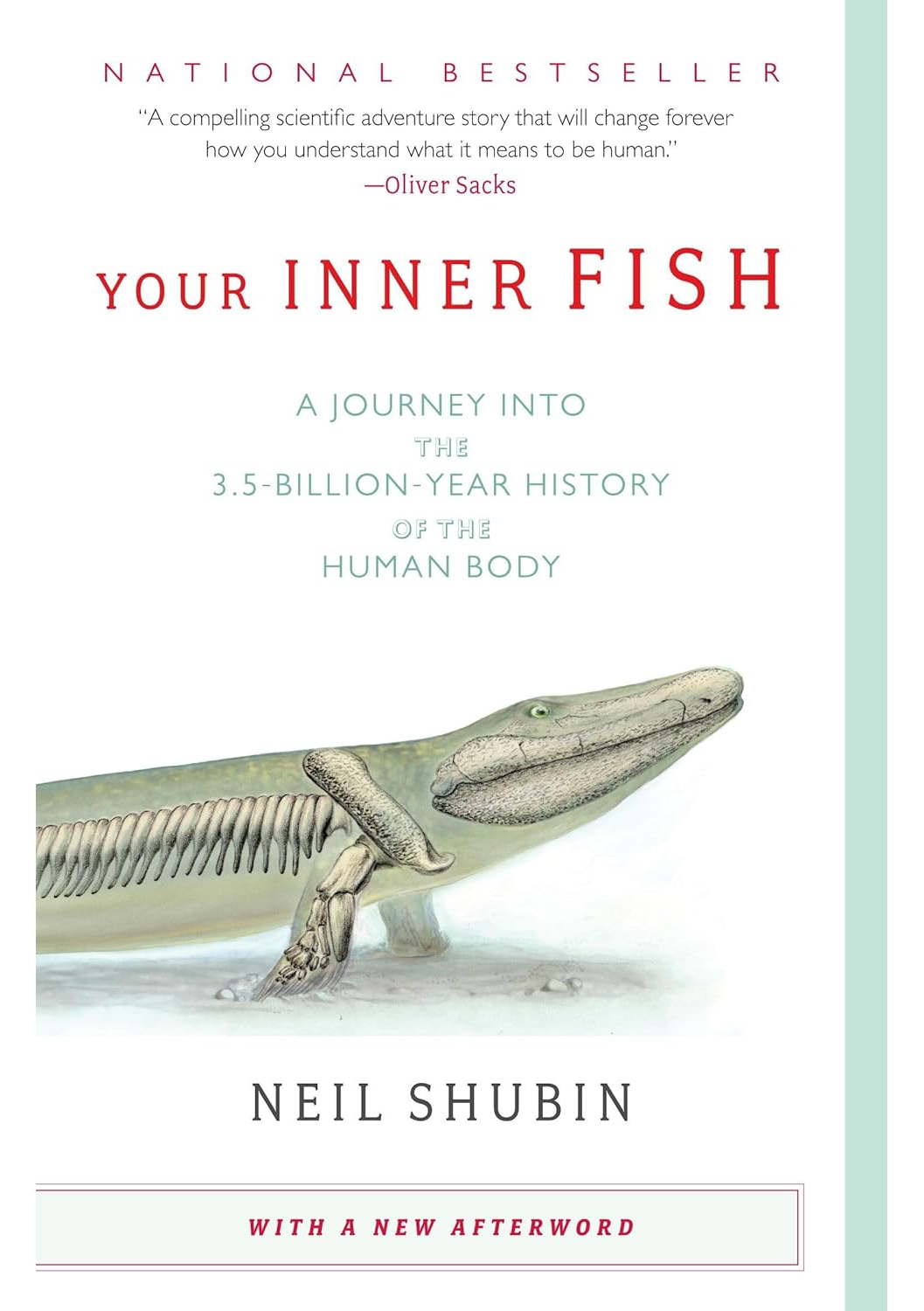
Your Inner Fish
by Neil Shubin
By examining fossils and DNA, he shows us that our hands actually resemble fish fins, our heads are organized like long-extinct jawless fish, and major parts of our genomes look and function like those of worms and bacteria.
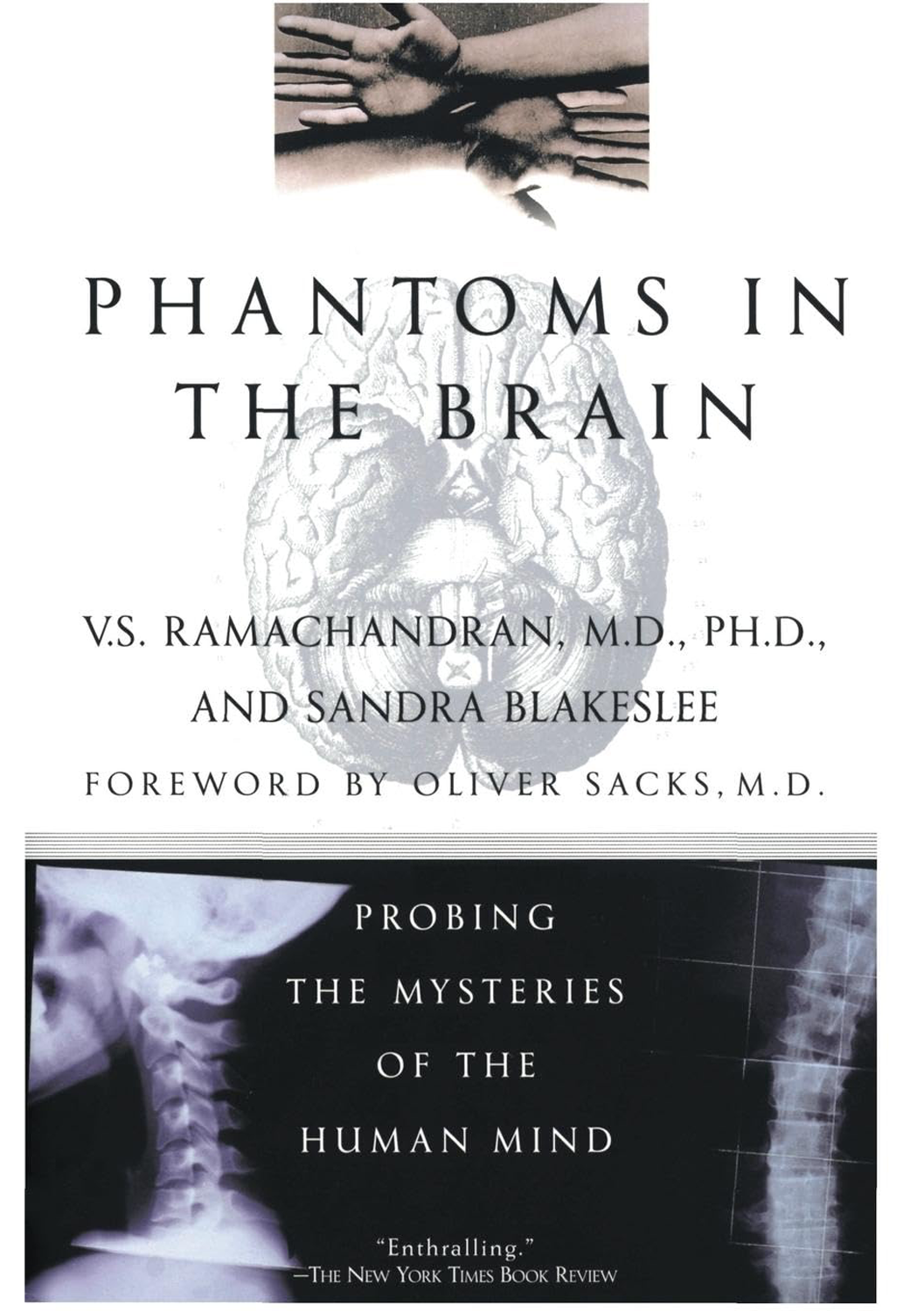
Phantoms in the Brain
by V. S. Ramachandran
Neuroscientist V.S. Ramachandran is internationally renowned for uncovering answers to the deep and quirky questions of human nature that few scientists have dared to address.
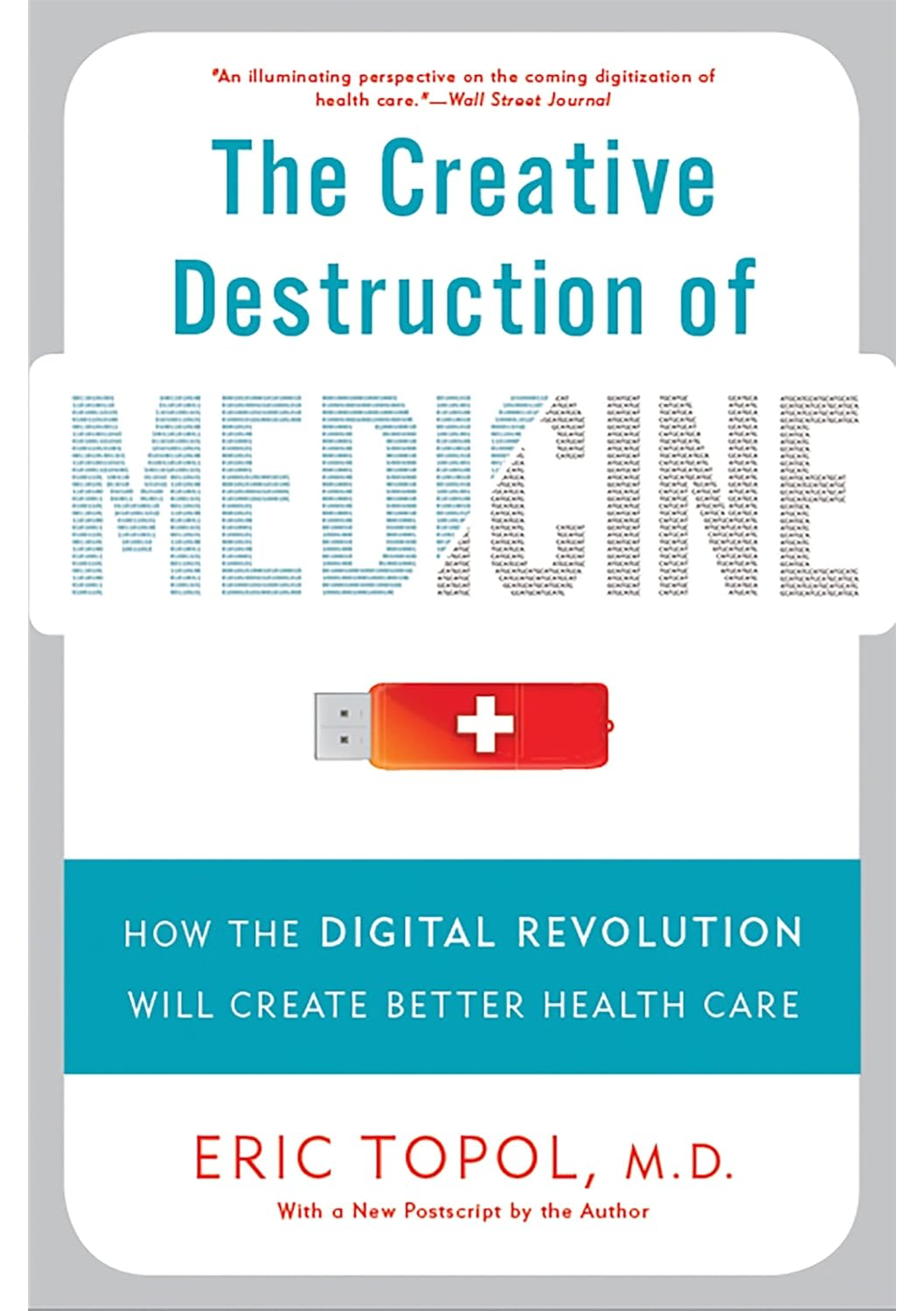
The Creative Destruction of Medicine
by Eric Topol MD
Mobile technology has transformed our lives, and personal genomics is revolutionizing biology. But despite the availability of technologies that can provide wireless, personalized health care at lower cost, the medical community has resisted change.
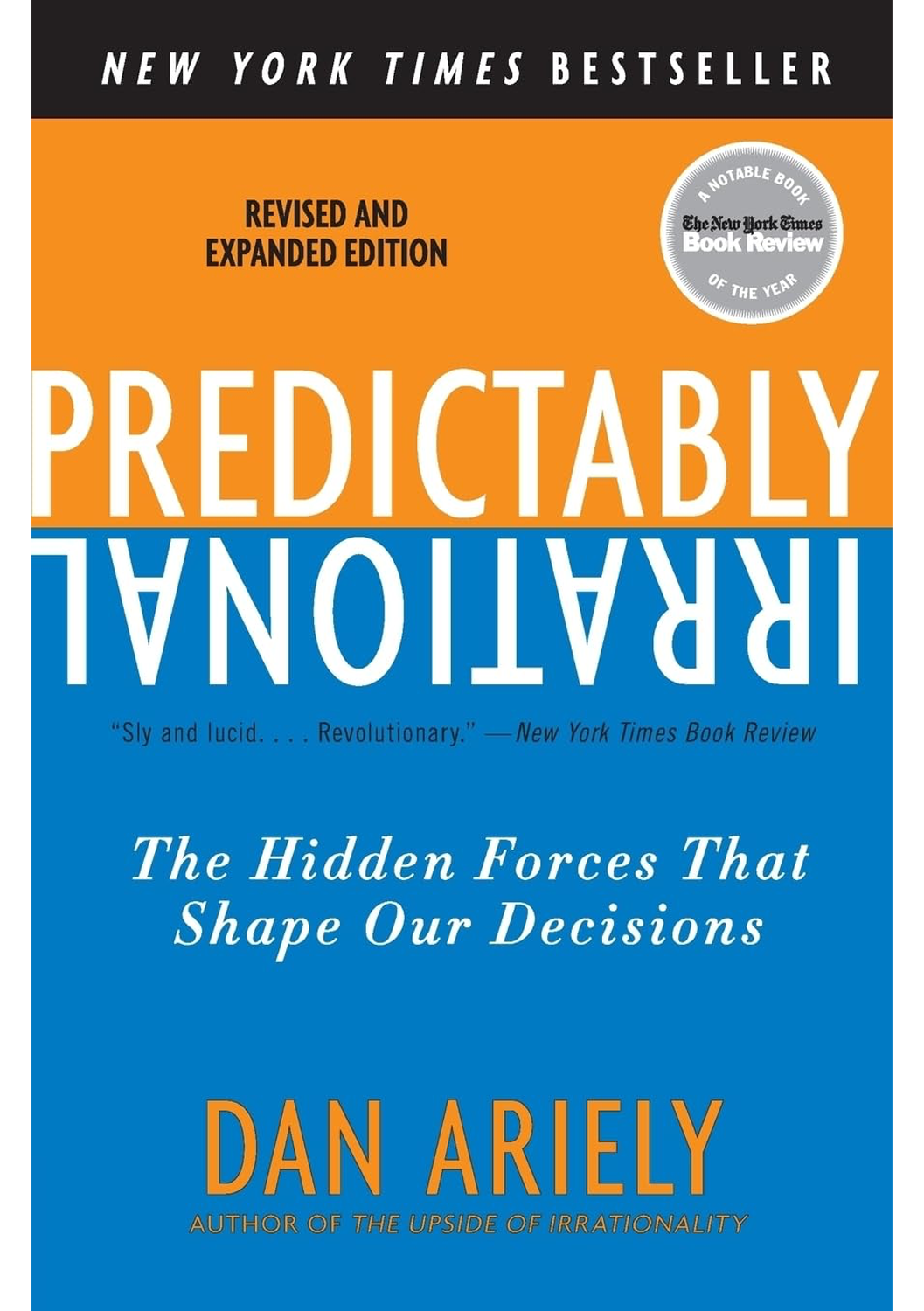
Predictably Irrational
by Dan Ariely
Why do our headaches persist after we take a one-cent aspirin but disappear when we take a fifty-cent aspirin? Why do we splurge on a lavish meal but cut coupons to save twenty-five cents on a can of soup?
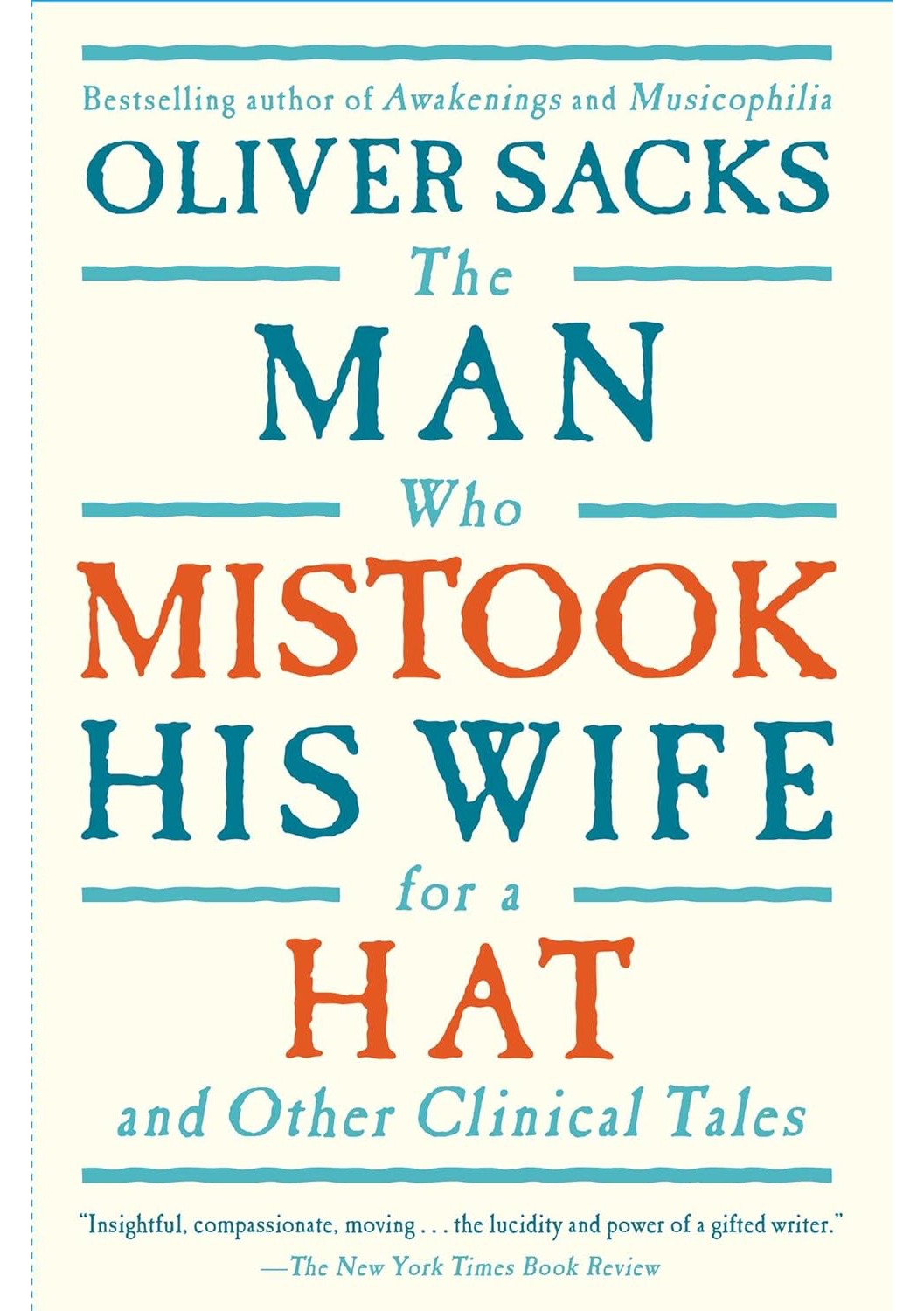
The Man Who Mistook His Wife for a Hat
by Oliver Sacks
In his most extraordinary book, “one of the great clinical writers of the twentieth century” (The New York Times) recounts the case histories of patients lost in the bizarre, apparently inescapable world of neurological disorders.
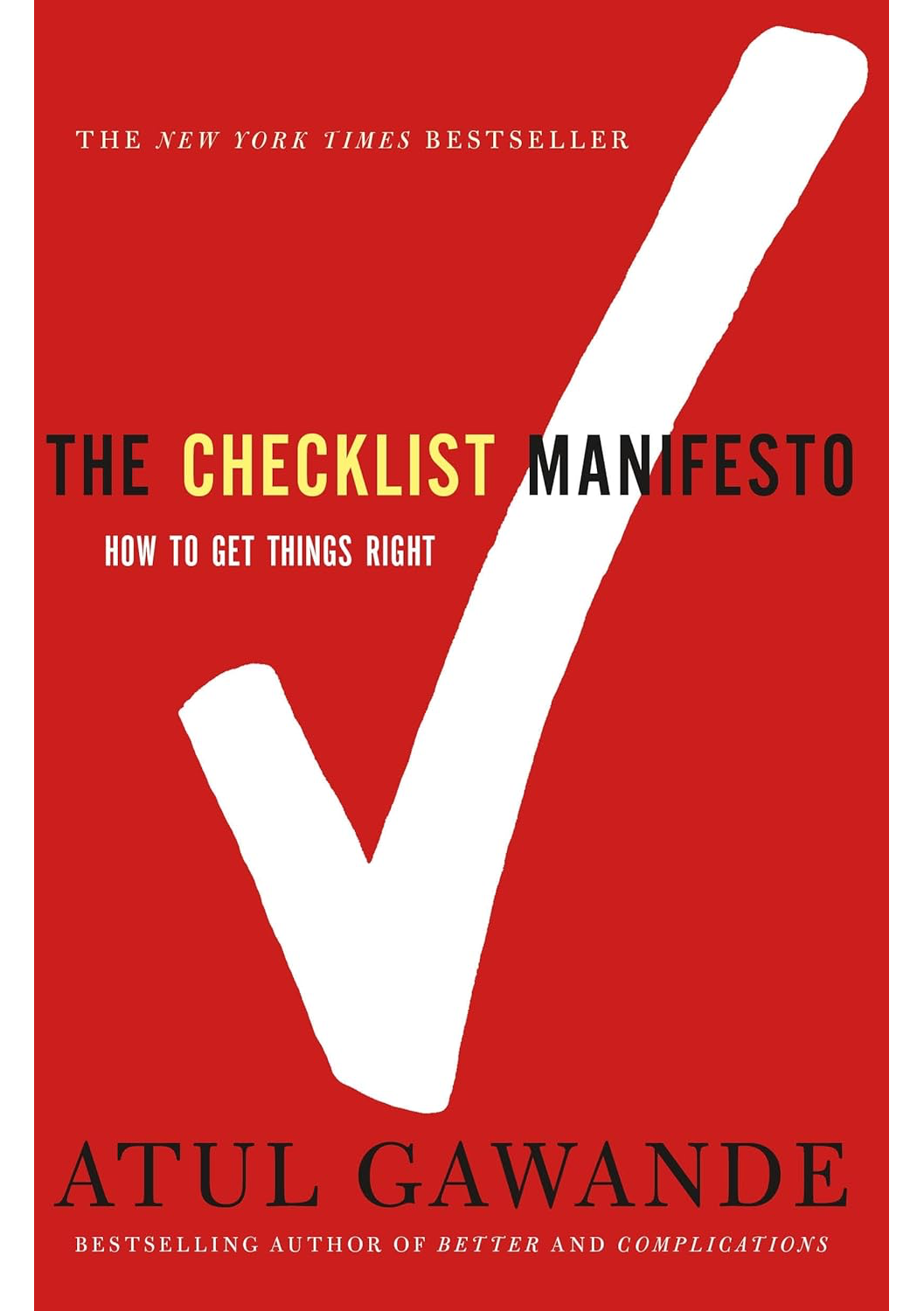
The Checklist Manifesto
by Atul Gawande
The modern world has given us stupendous know-how. Yet avoidable failures continue to plague us in health care, government, the law, the financial industry—in almost every realm of organized activity.
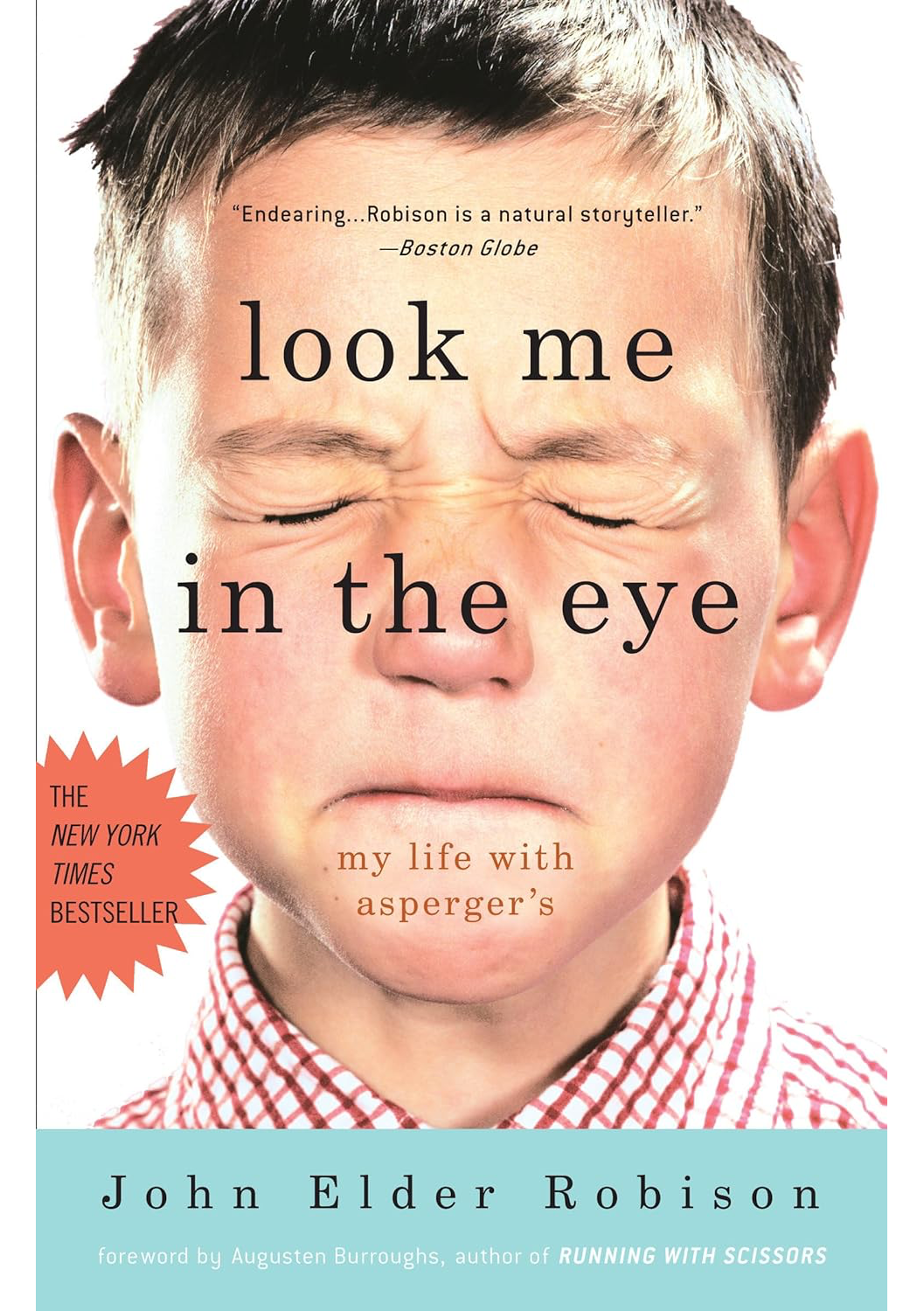
Look Me in the Eye
by John Elder Robinson
Ever since he was young, John Robison longed to connect with other people, but by the time he was a teenager, his odd habits—an inclination to blurt out non sequiturs, avoid eye contact, dismantle radios, and dig five-foot holes (and stick his younger brother, Augusten Burroughs, in them)—had earned him the label “social deviant.”
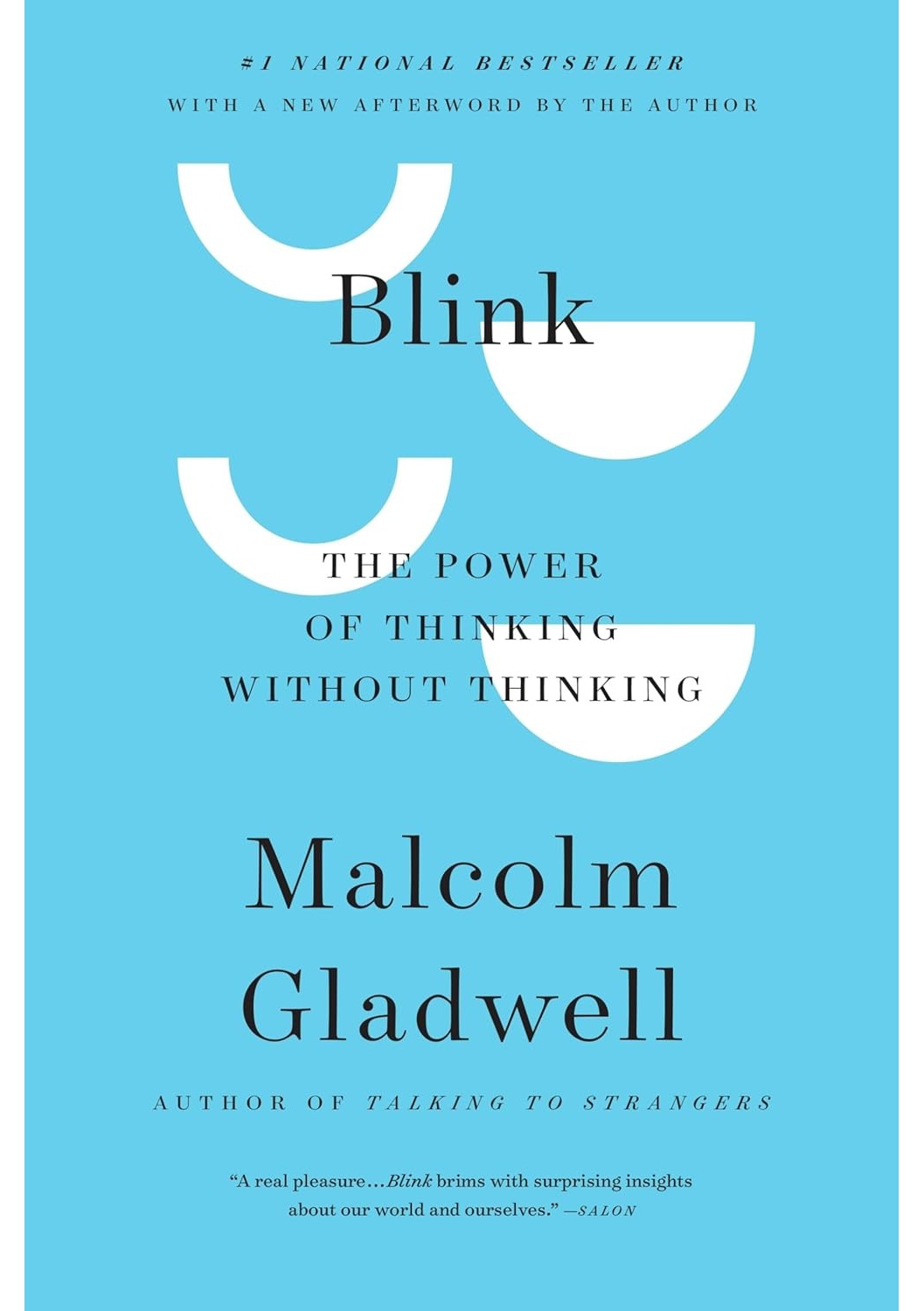
Blink
by Malcolm Gladwell
Blink is a book about how we think without thinking, about choices that seem to be made in an instant-in the blink of an eye-that actually aren’t as simple as they seem.
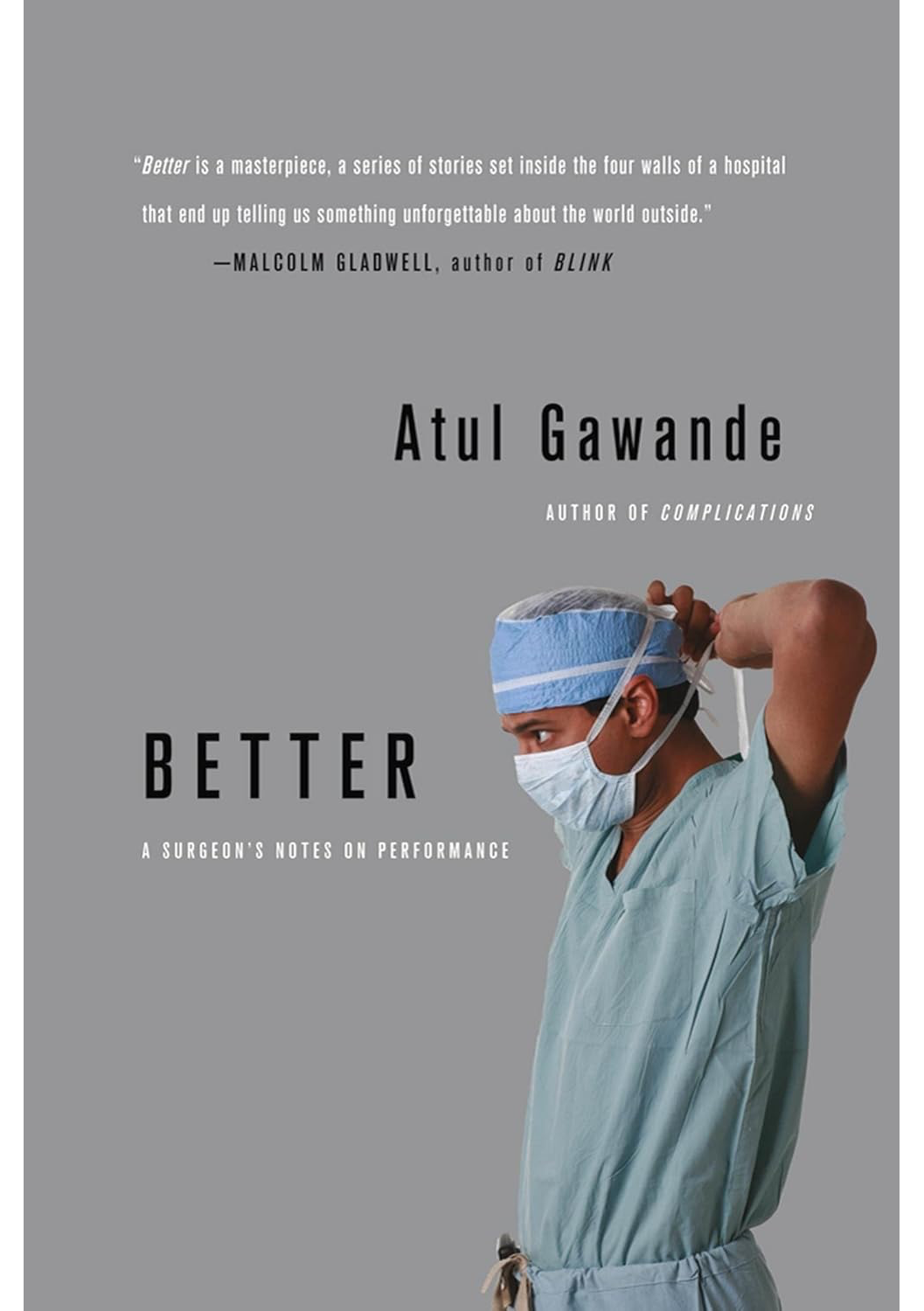
Better
by Atul Gawande
The struggle to perform well is universal: each one of us faces fatigue, limited resources, and imperfect abilities in whatever we do. But nowhere is this drive to do better more important than in medicine, where lives are on the line with every decision.
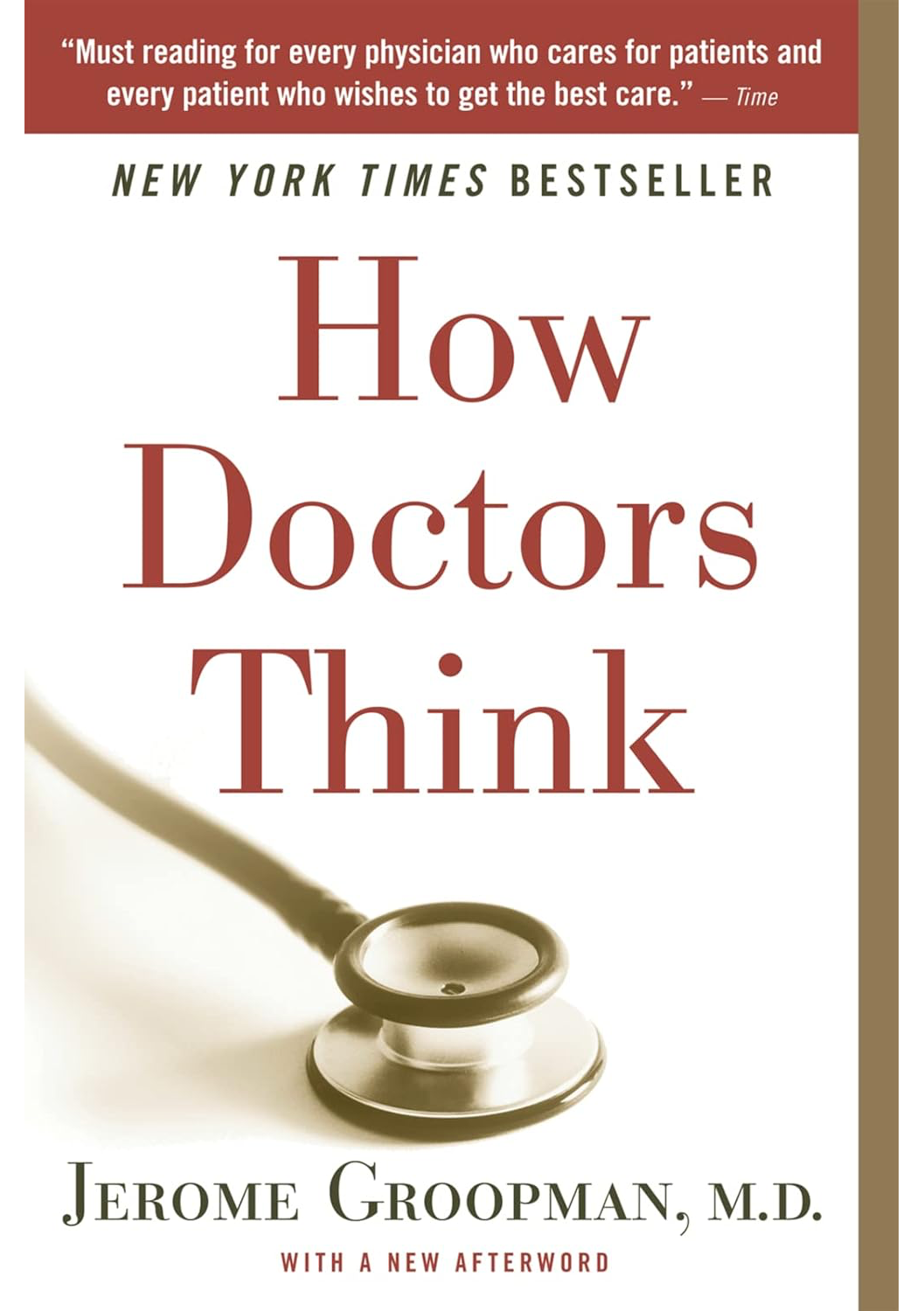
How Doctors Think
by Jerome Groopman
On average, a physician will interrupt a patient describing her symptoms within eighteen seconds. In that short time, many doctors decide on the likely diagnosis and best treatment.
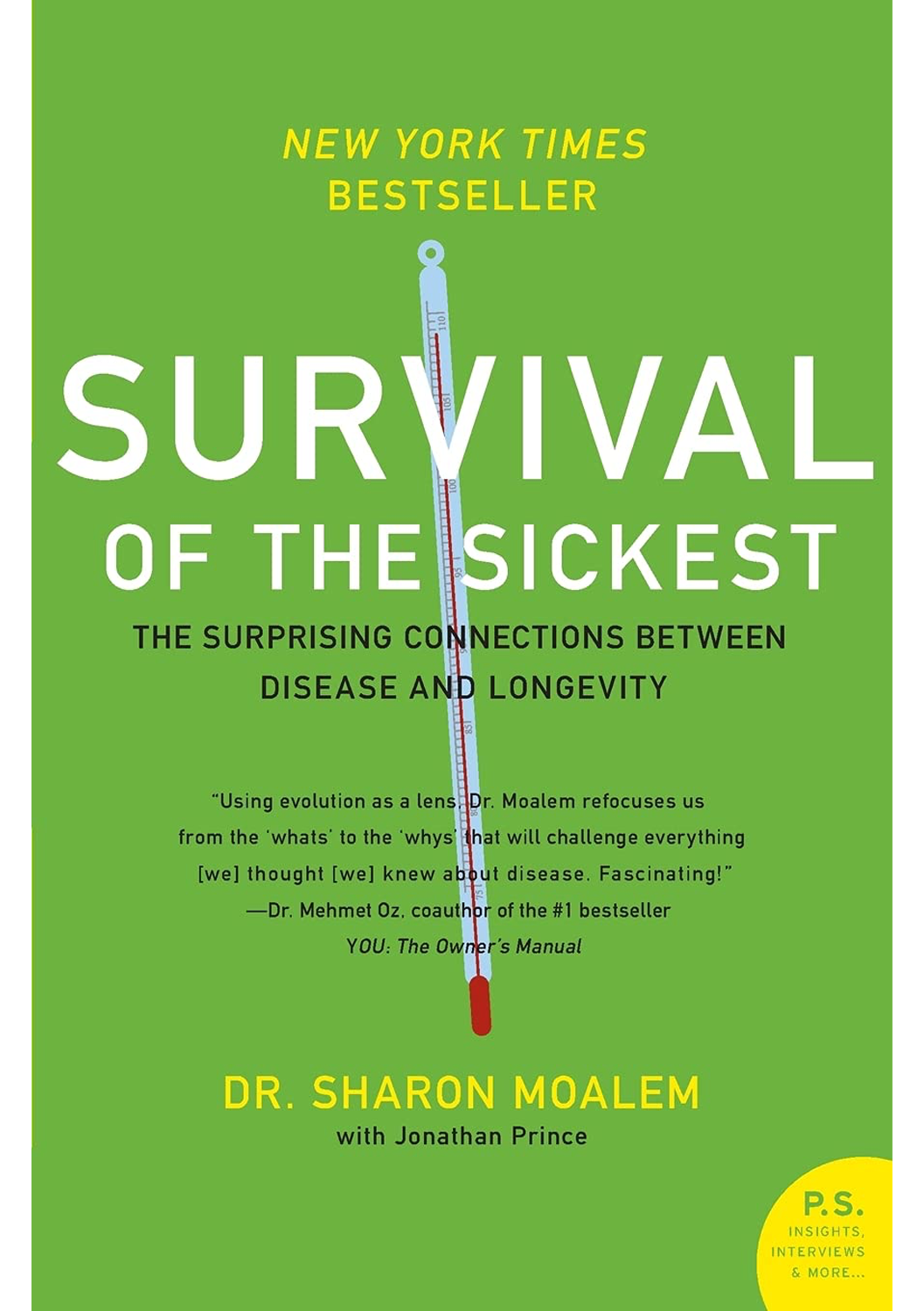
Survival of the Sickest
by Dr. Sharon Moalem
So why does disease exist? Moalem proposes that most common ailments—diabetes, hemochromatosis, cystic fibrosis, sickle cell anemia—came into existence for very good reasons.
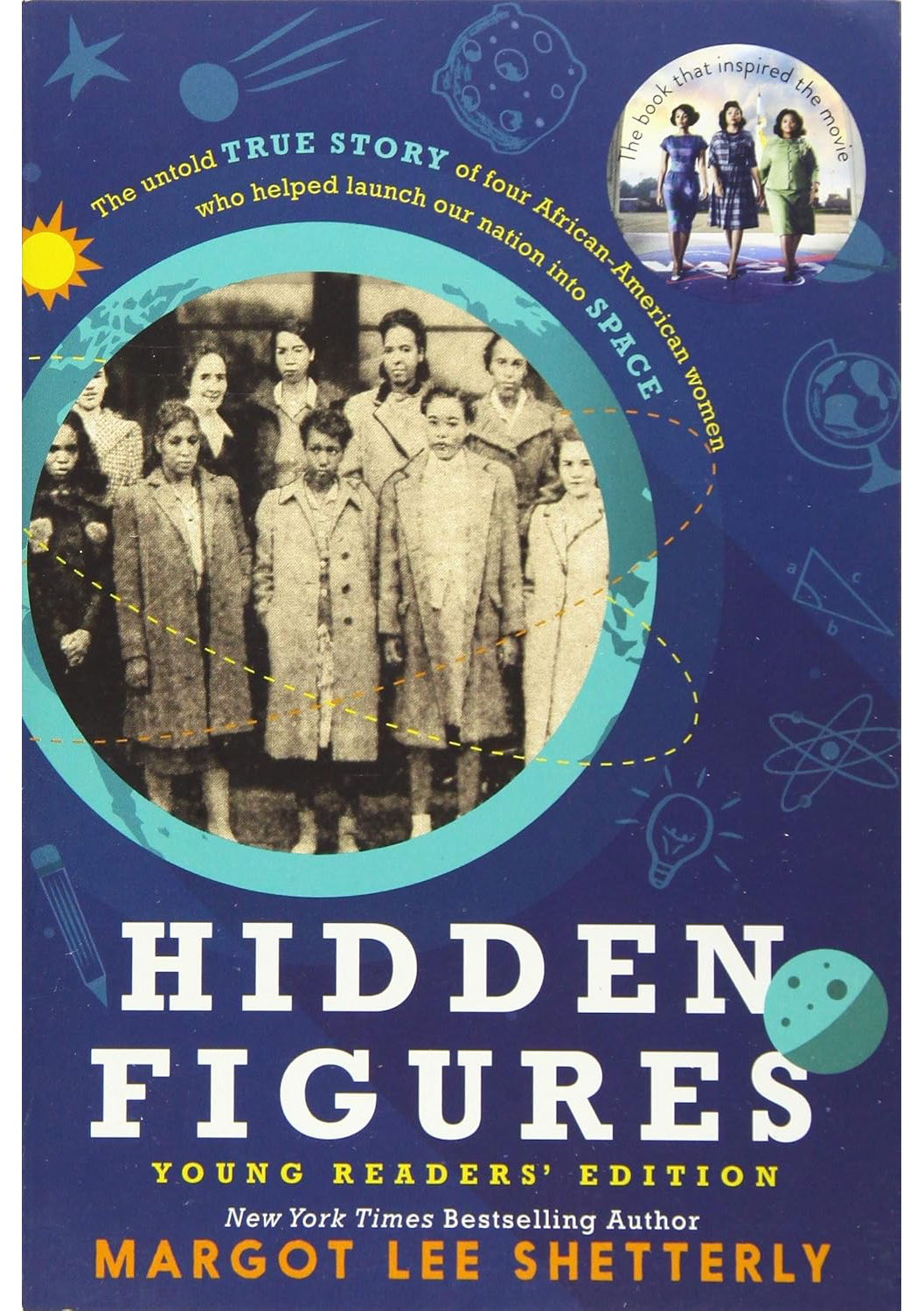
Hidden Figures
by Margot Lee Shetterly
Before John Glenn orbited the earth, or Neil Armstrong walked on the moon, a group of dedicated female mathematicians known as “human computers” used pencils, slide rules, and adding machines to calculate the numbers that would launch rockets, and astronauts, into space.


